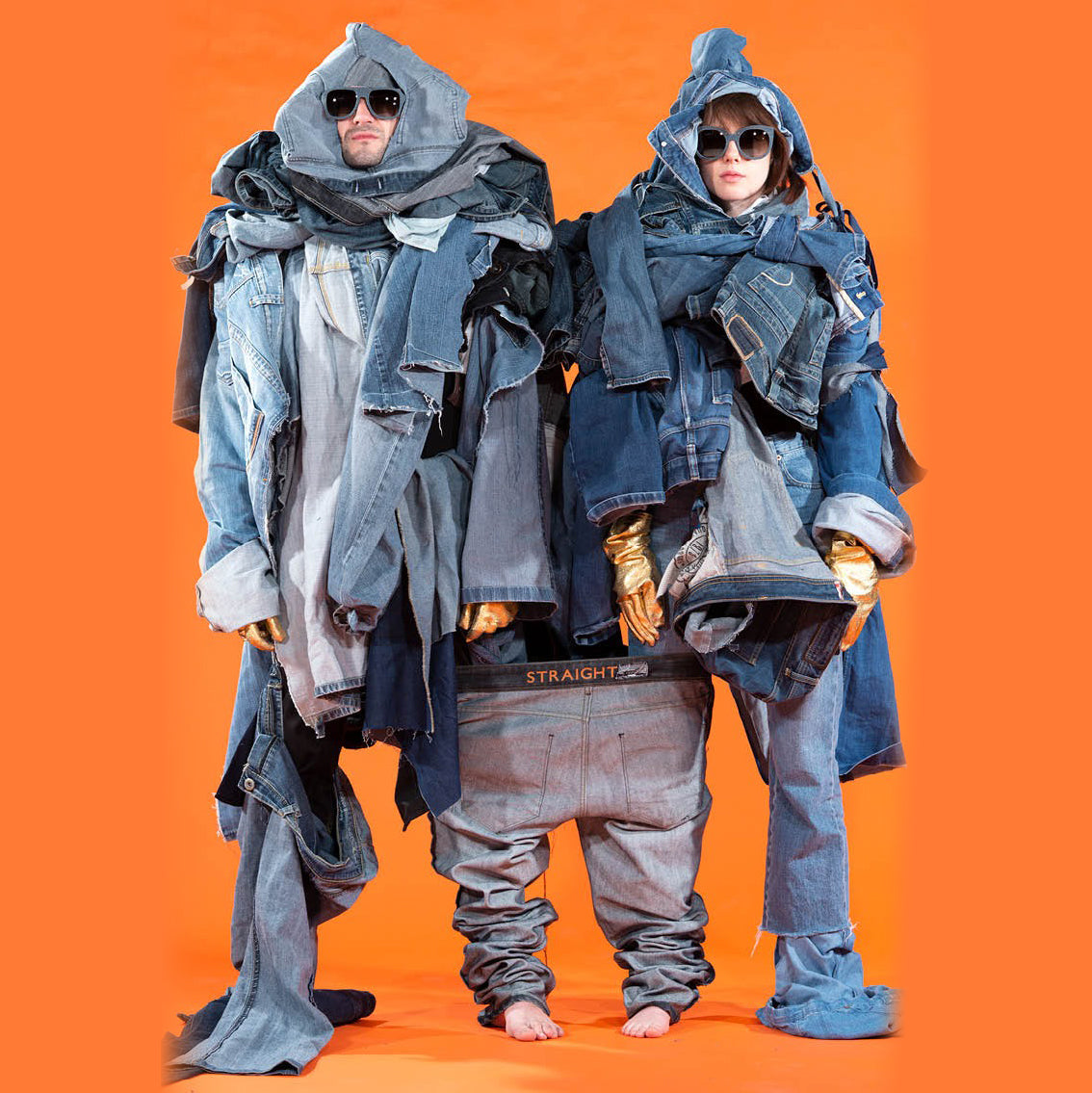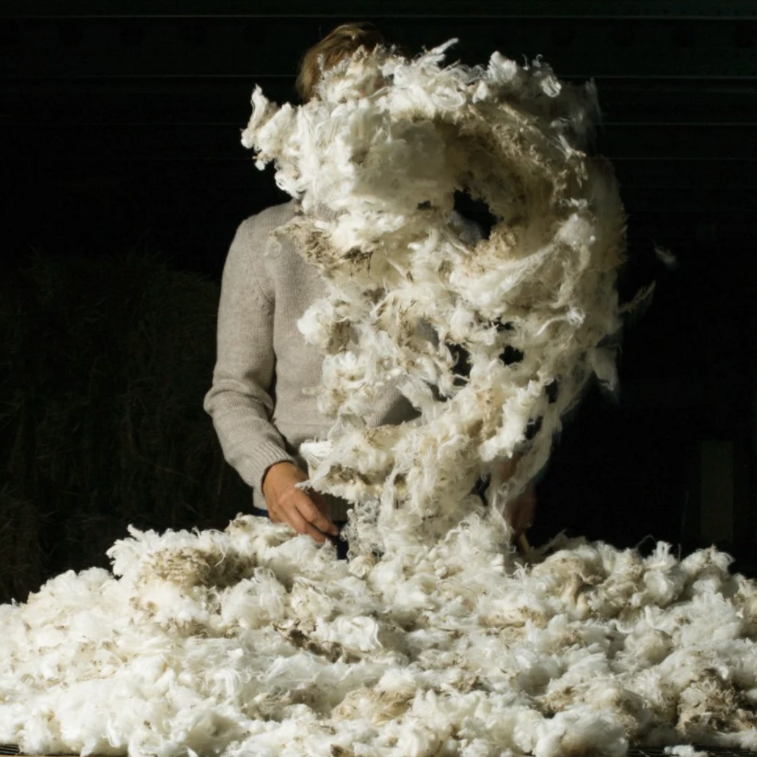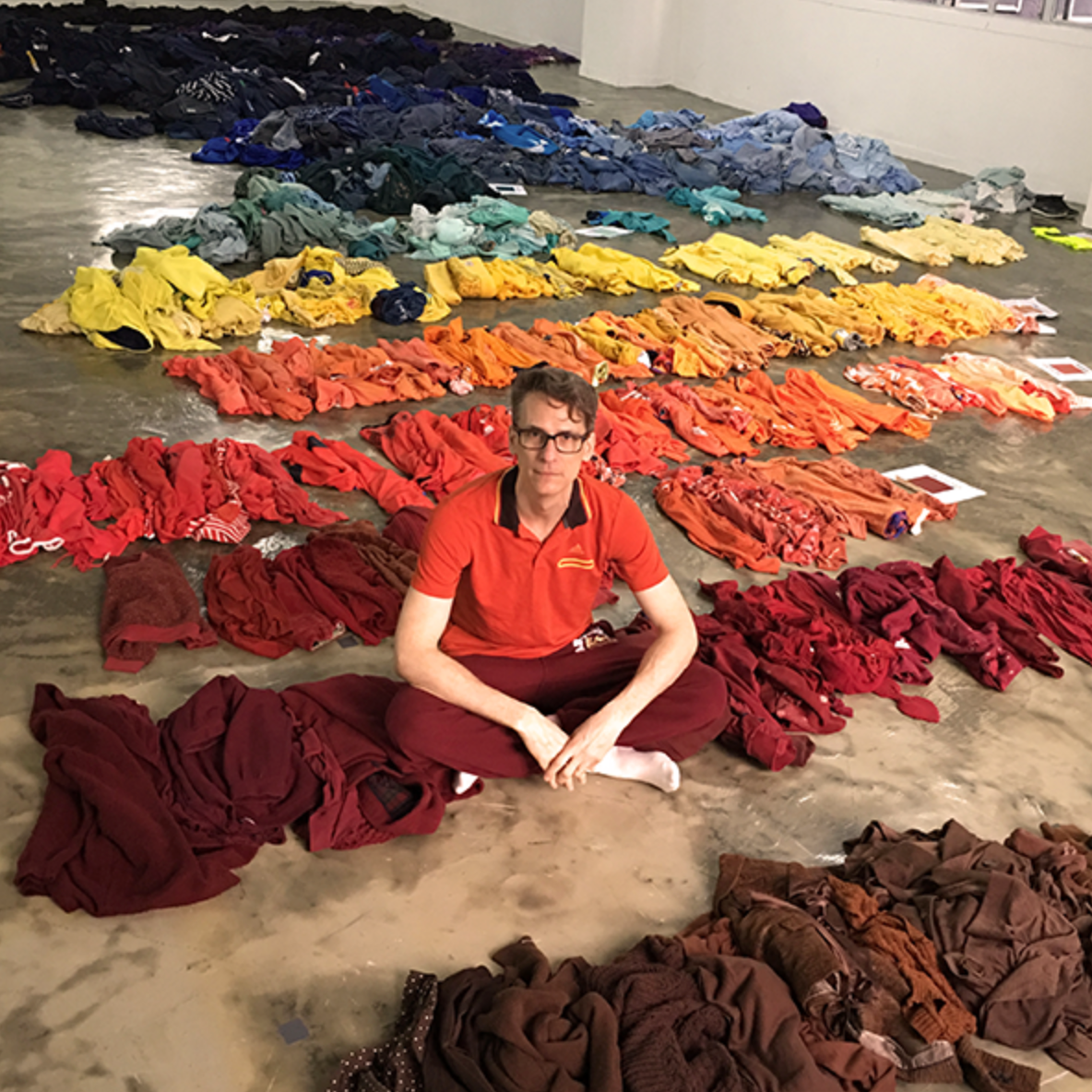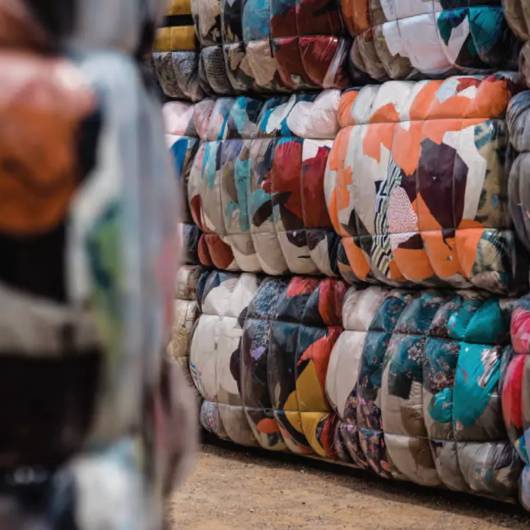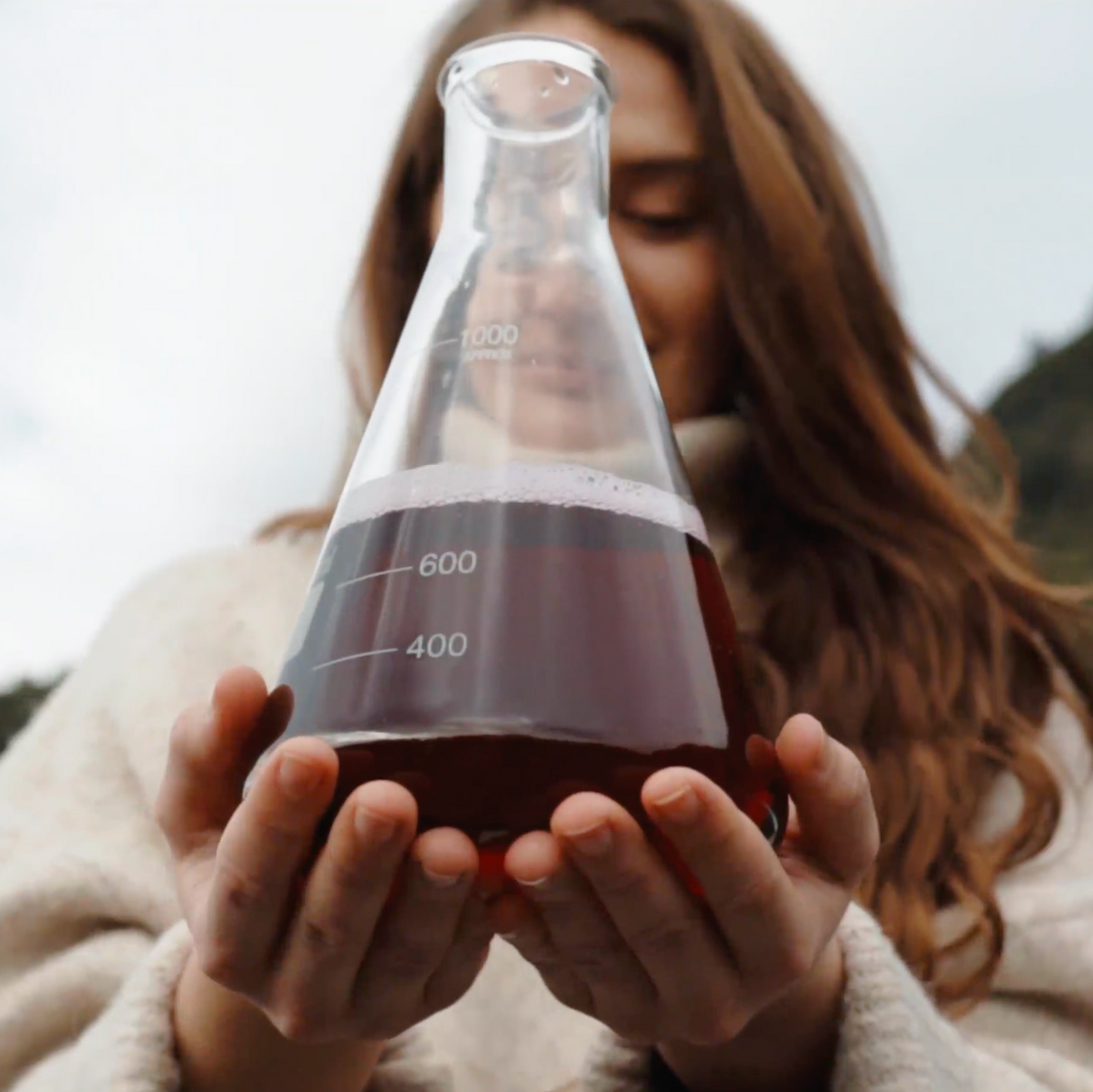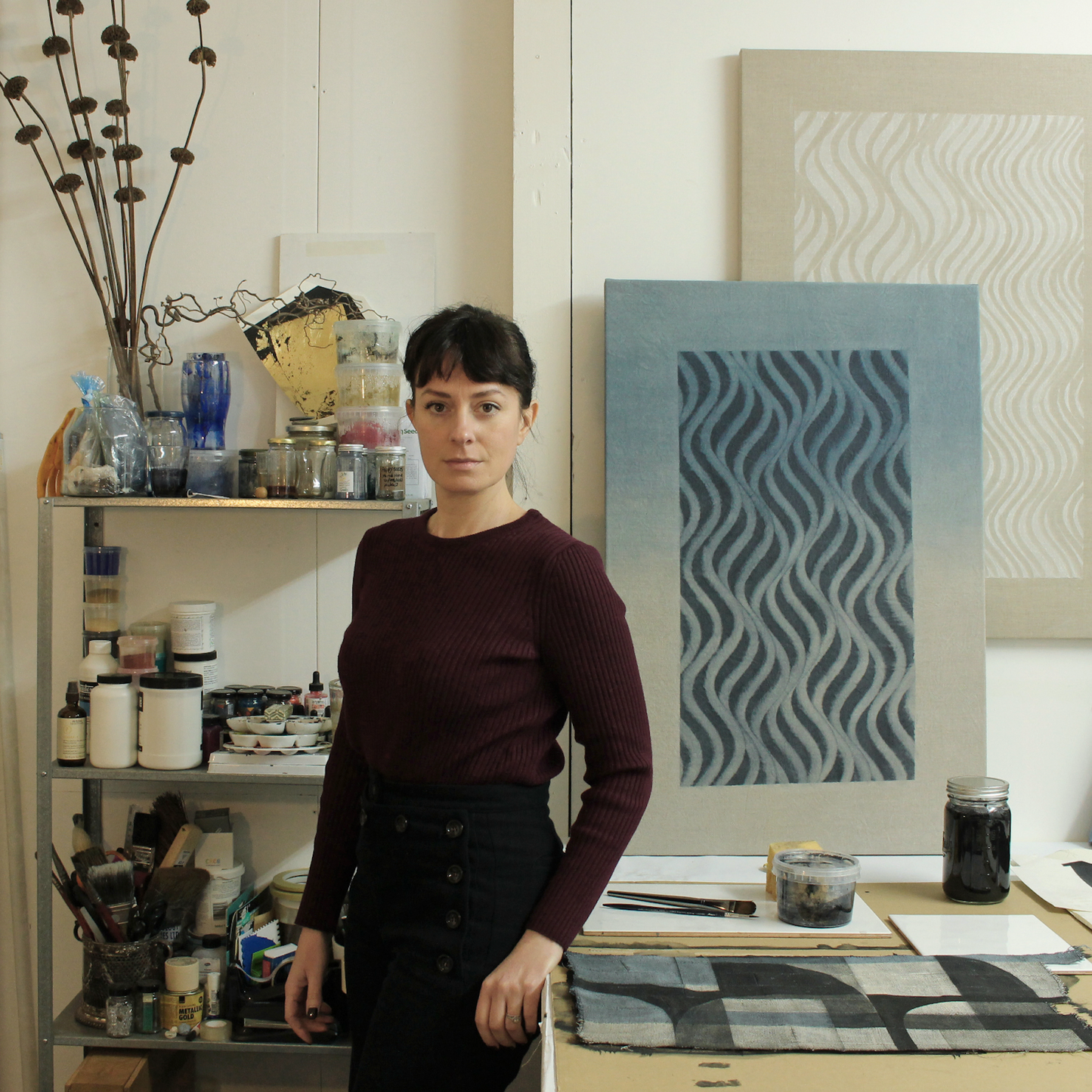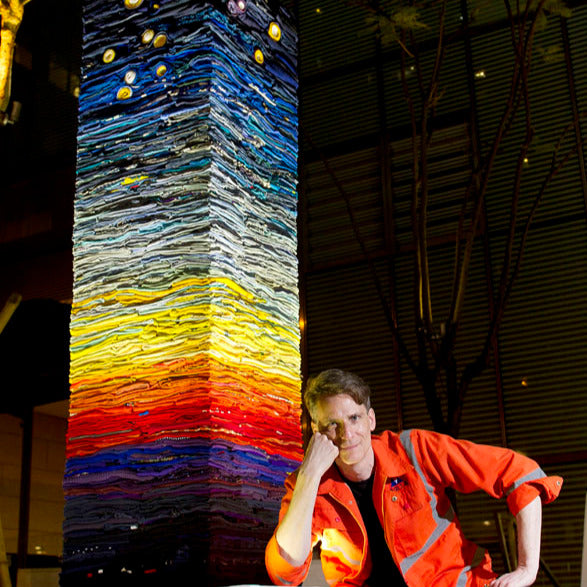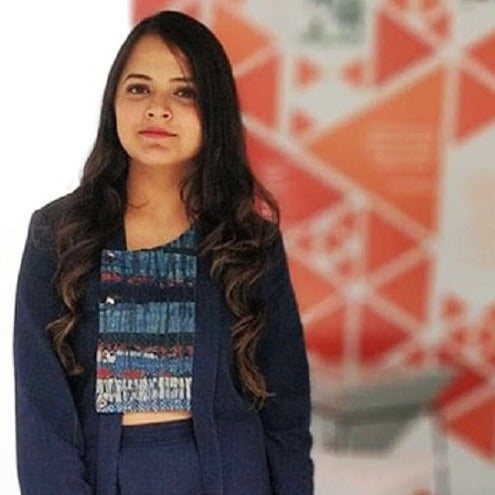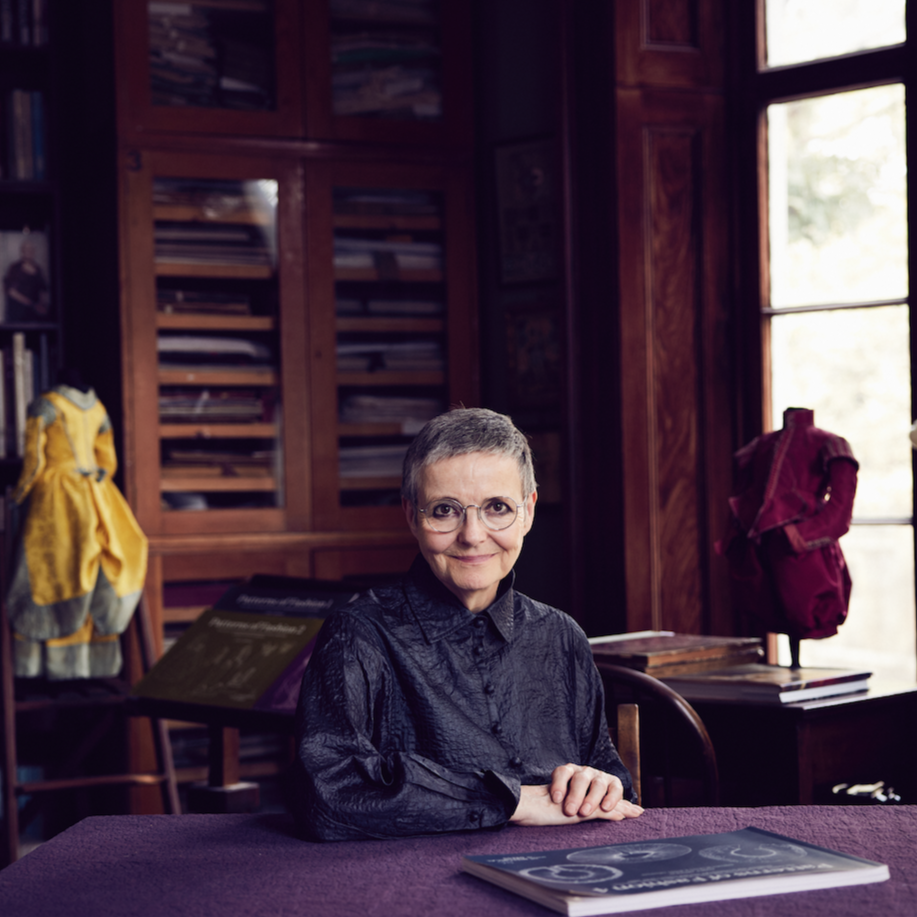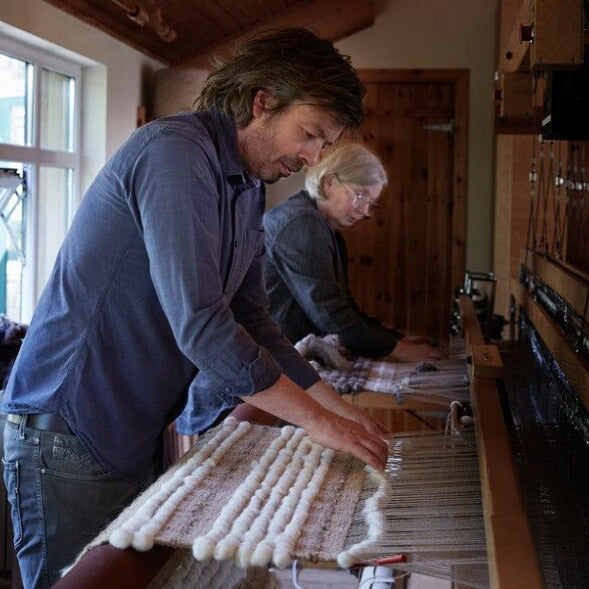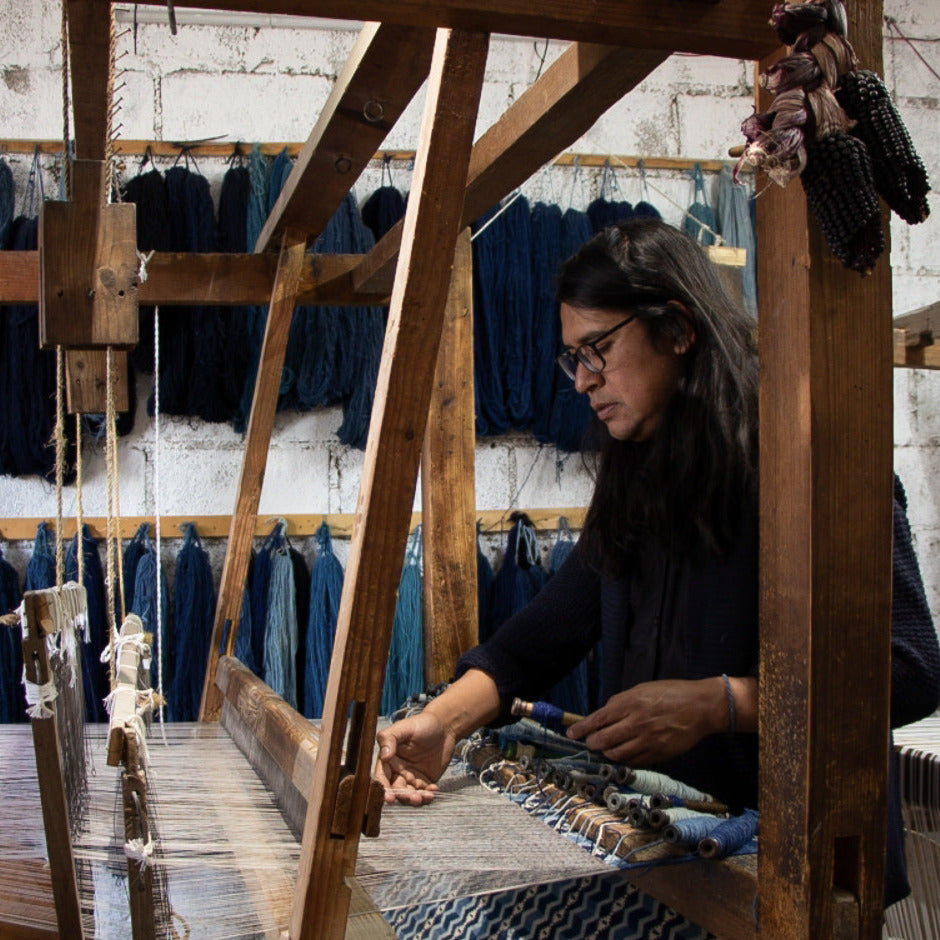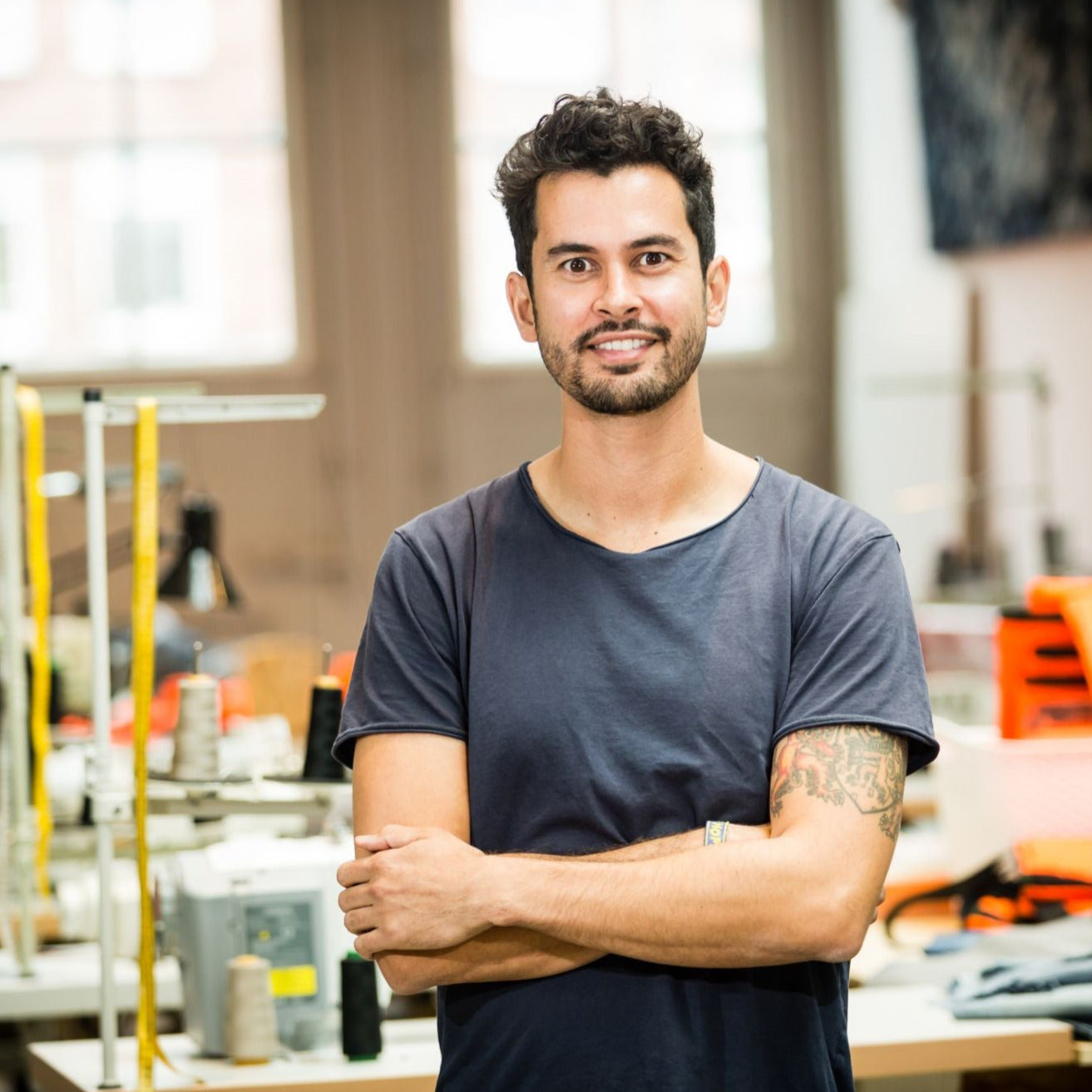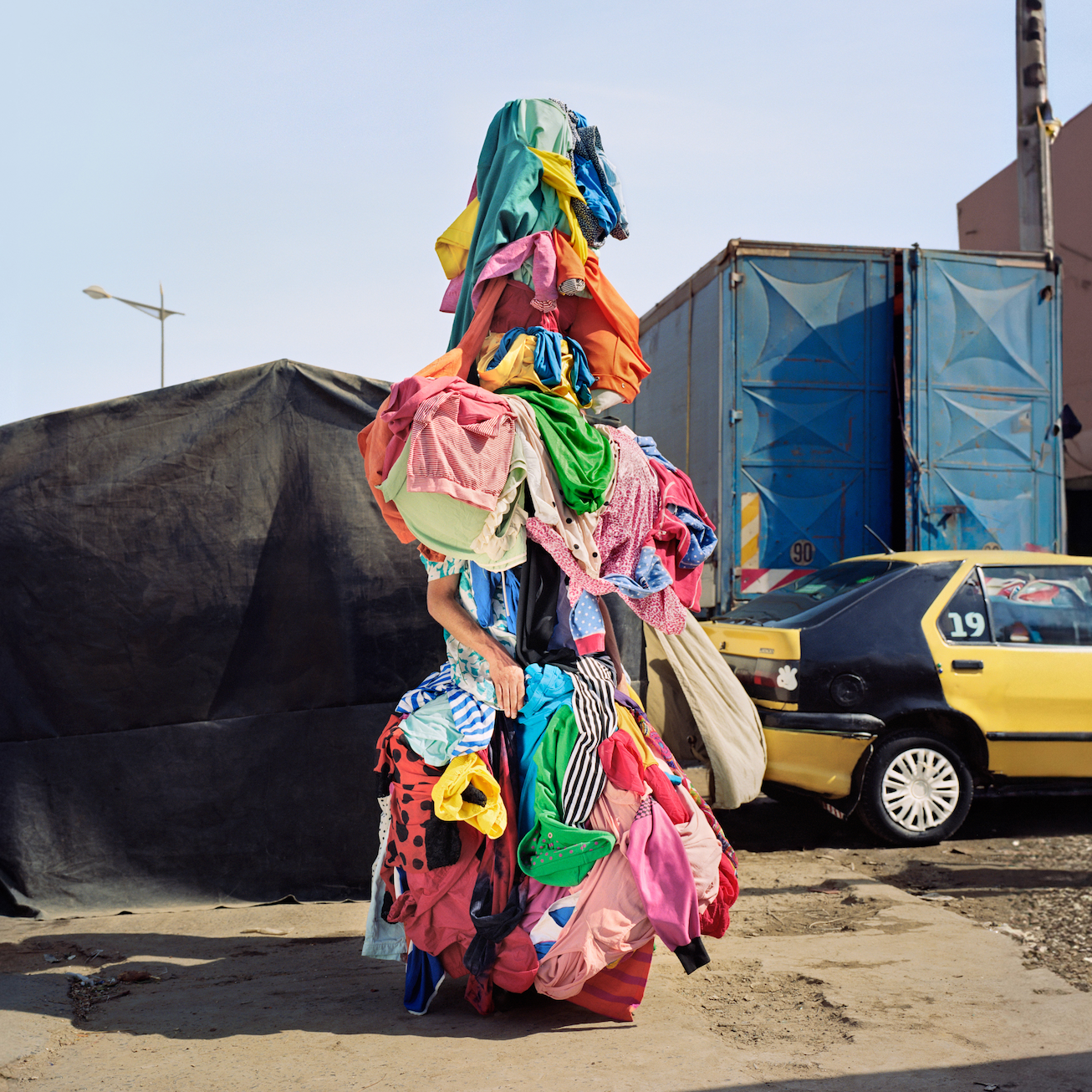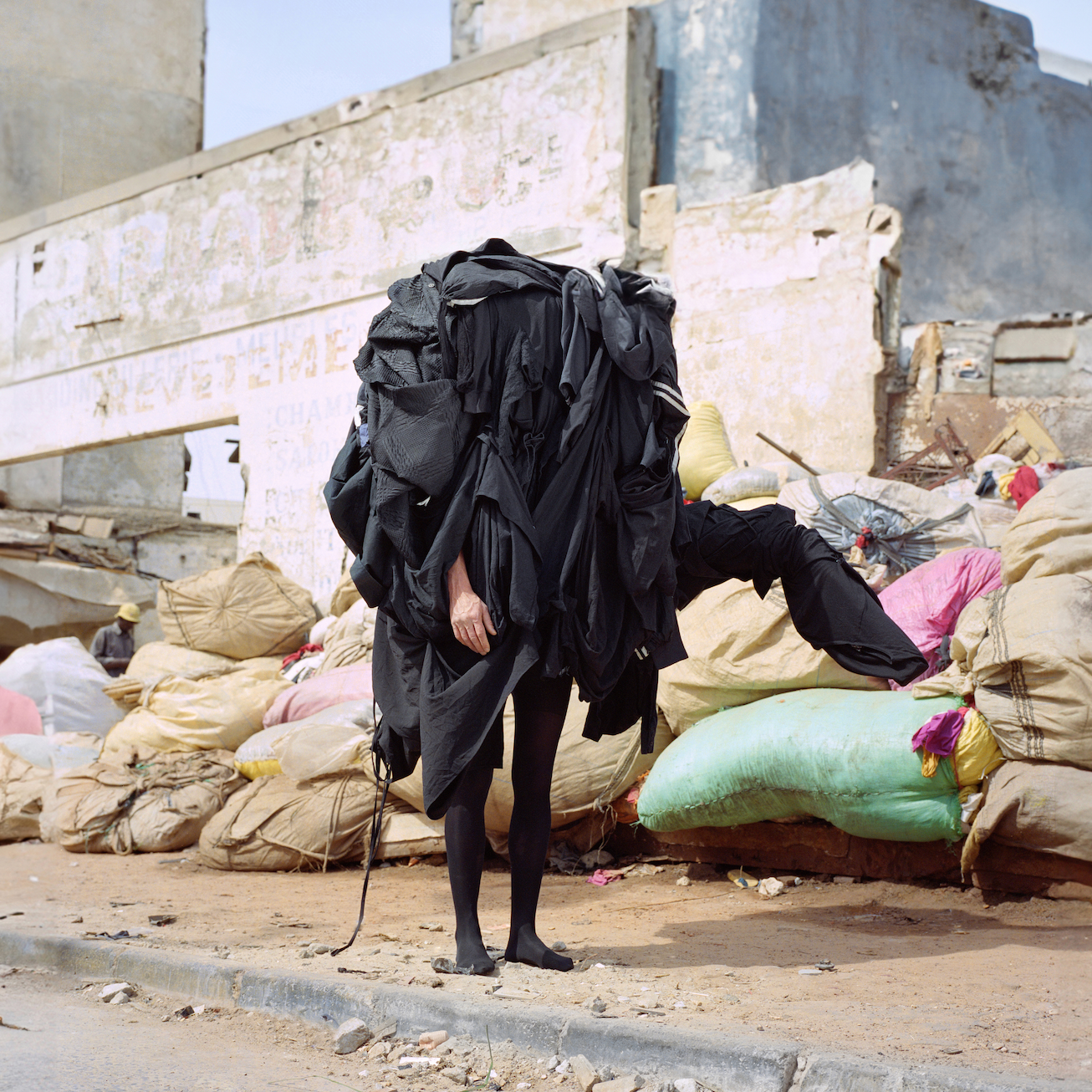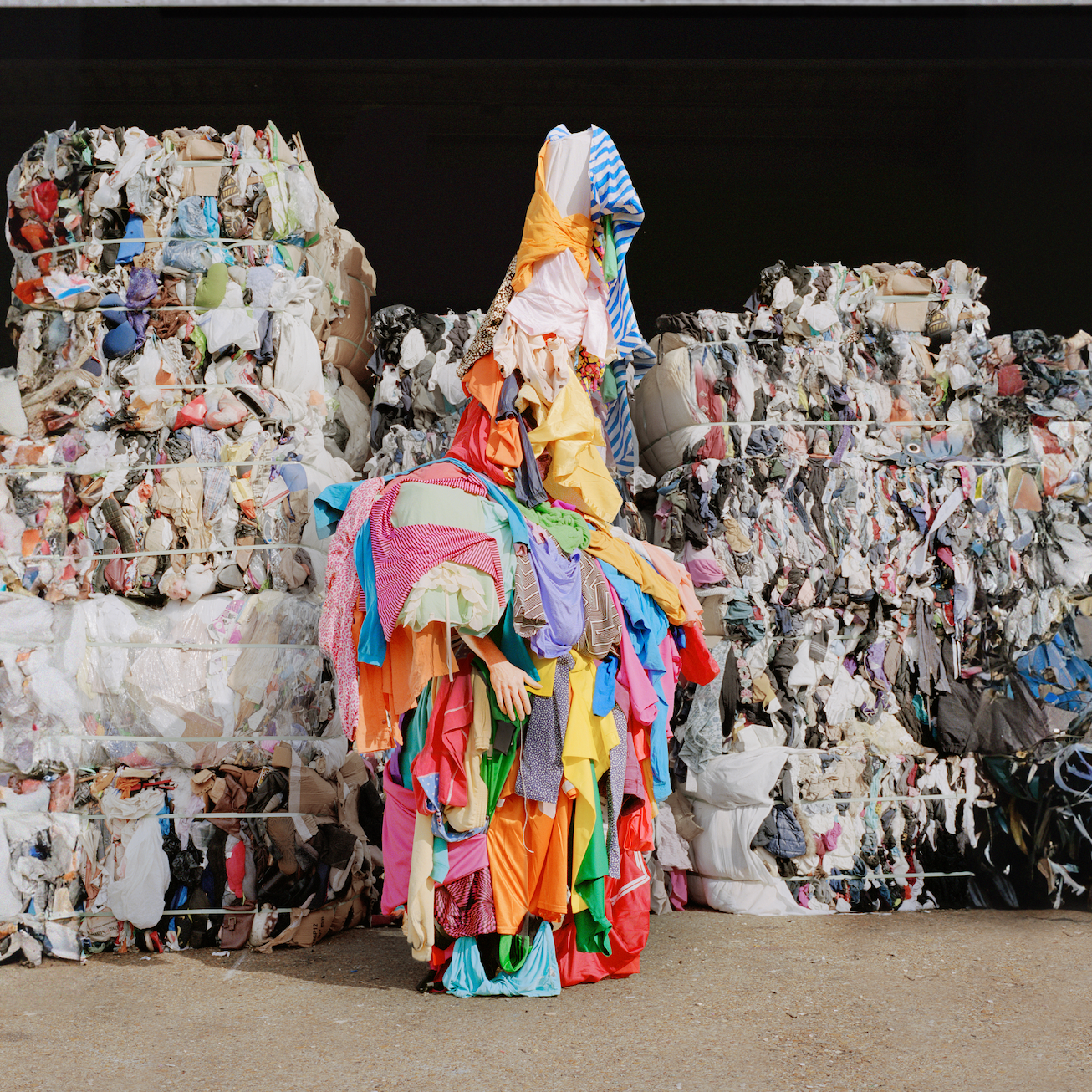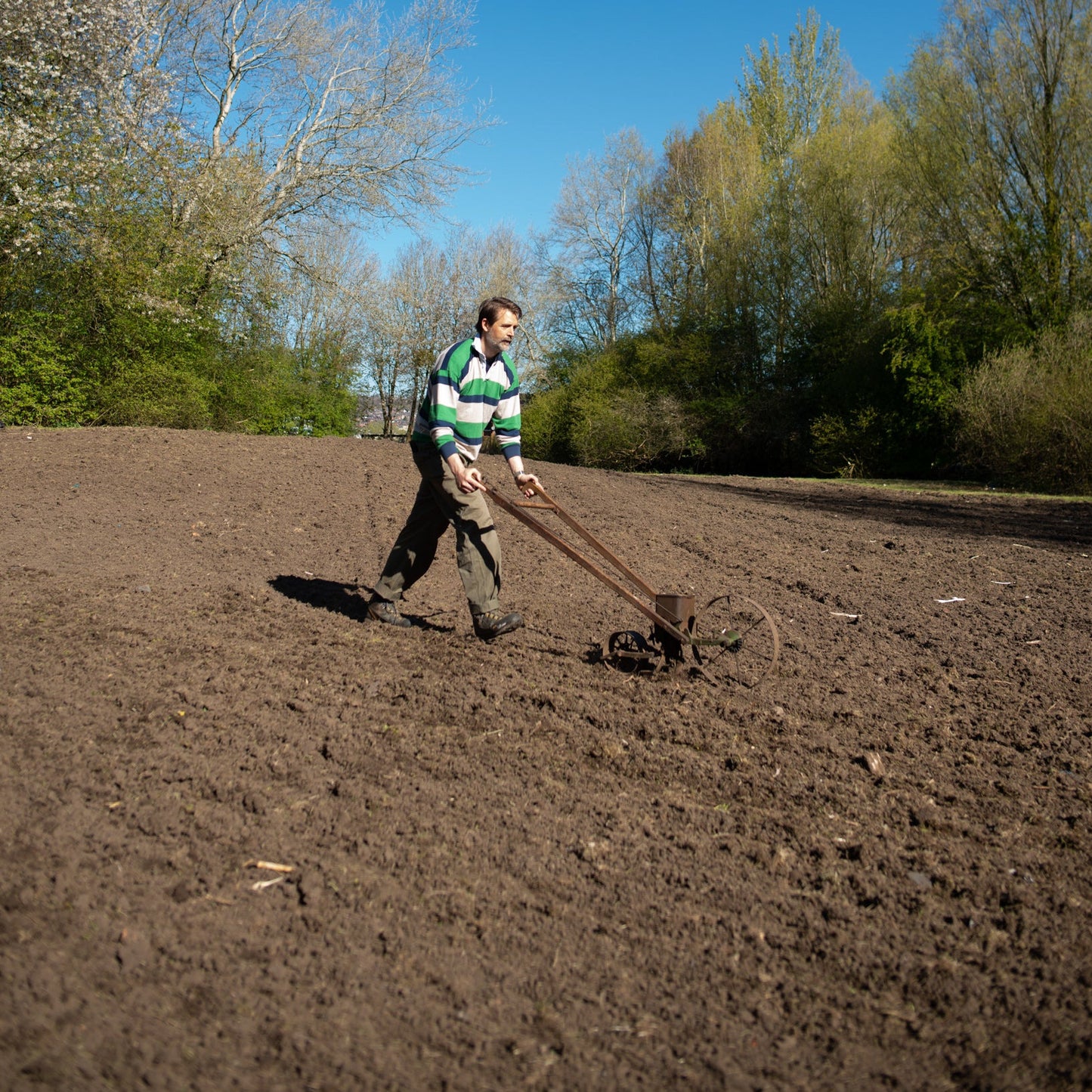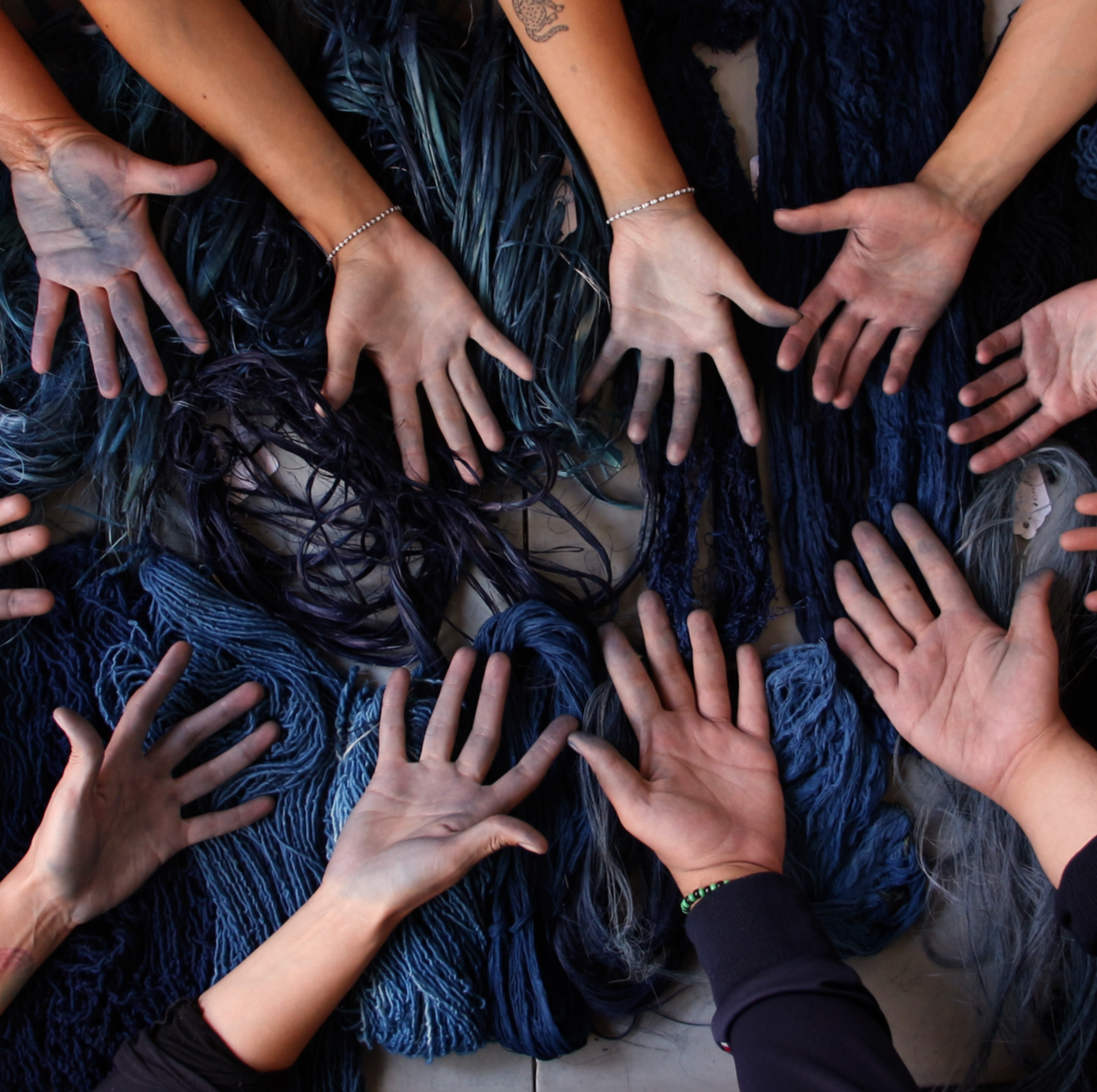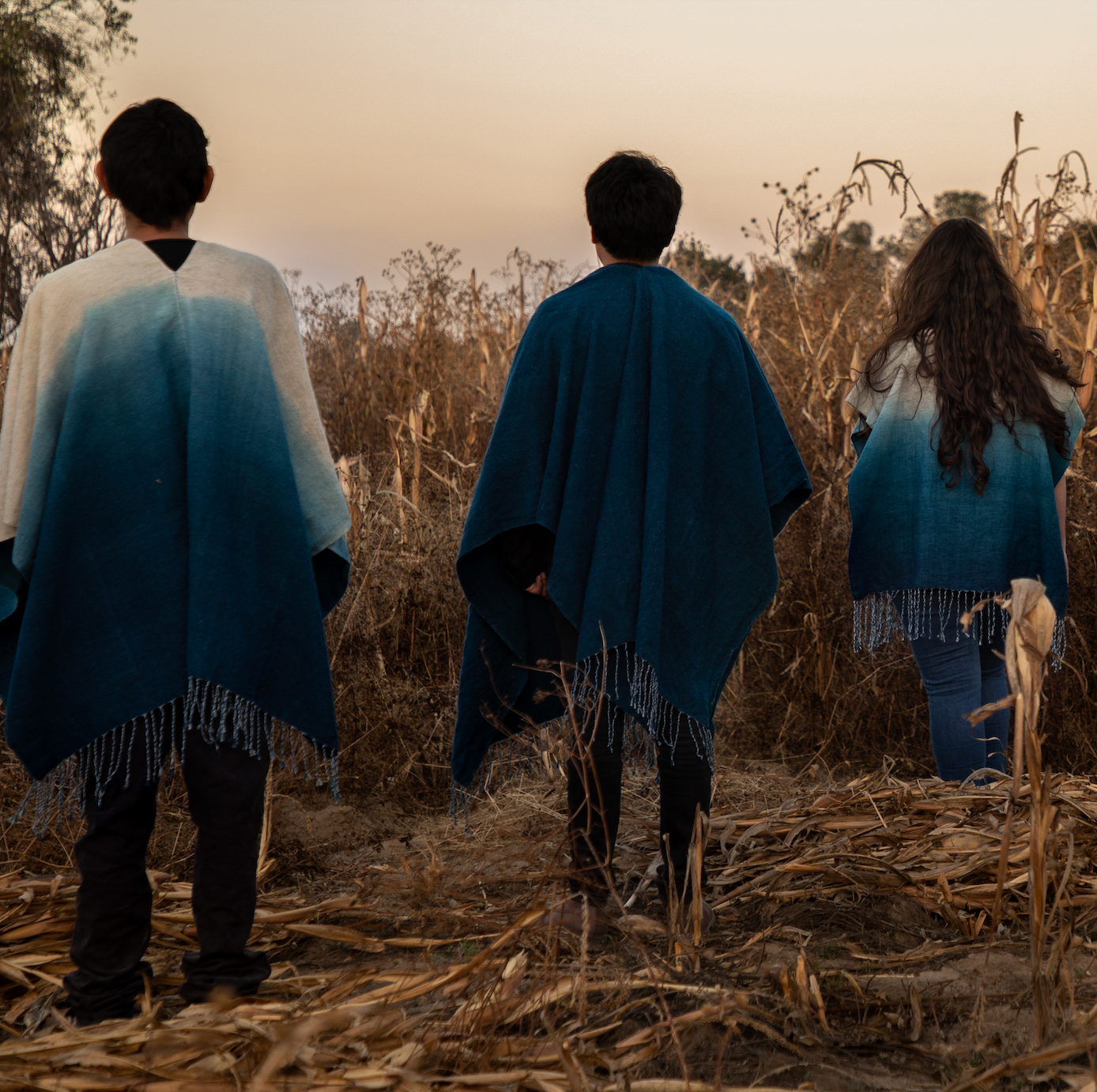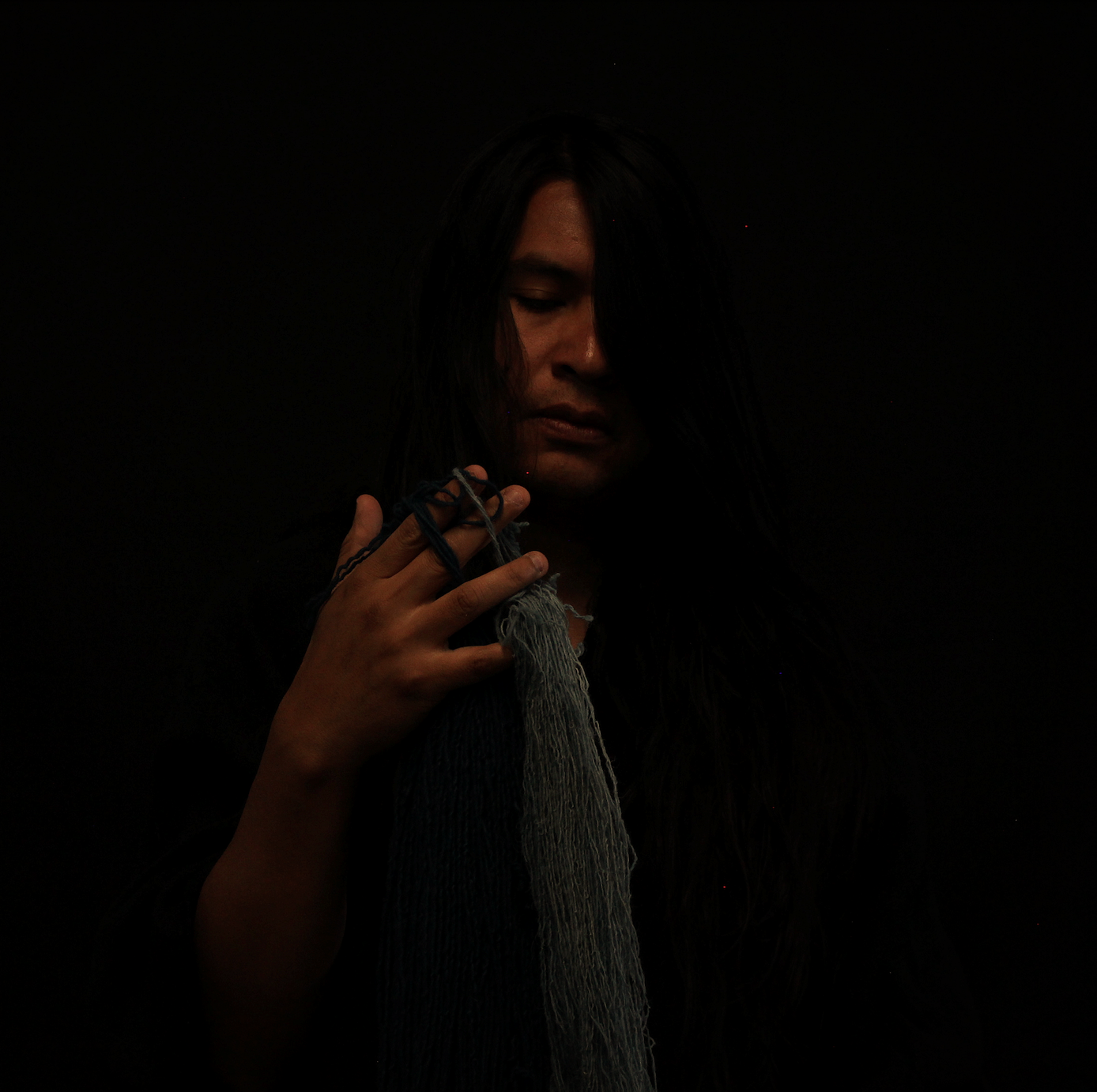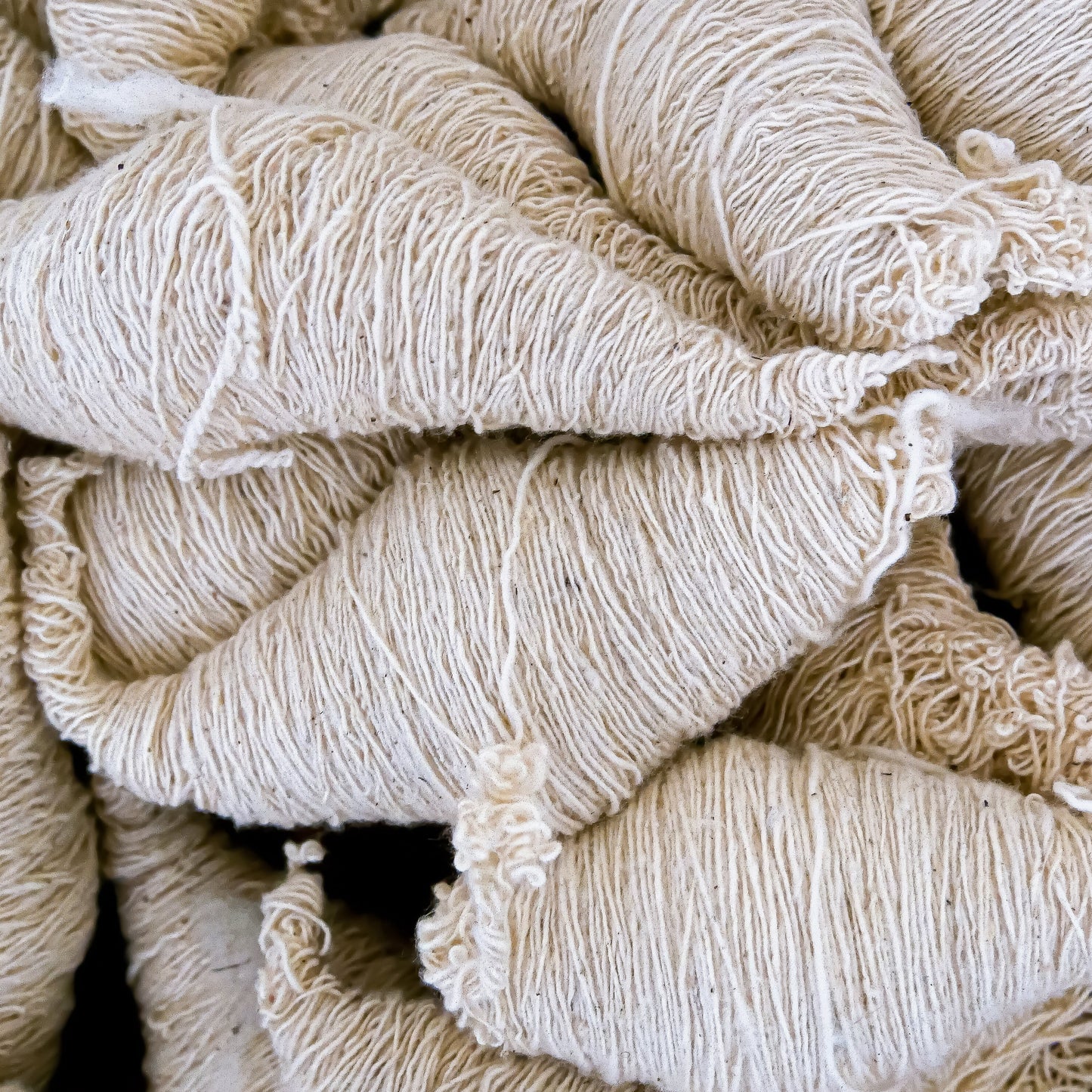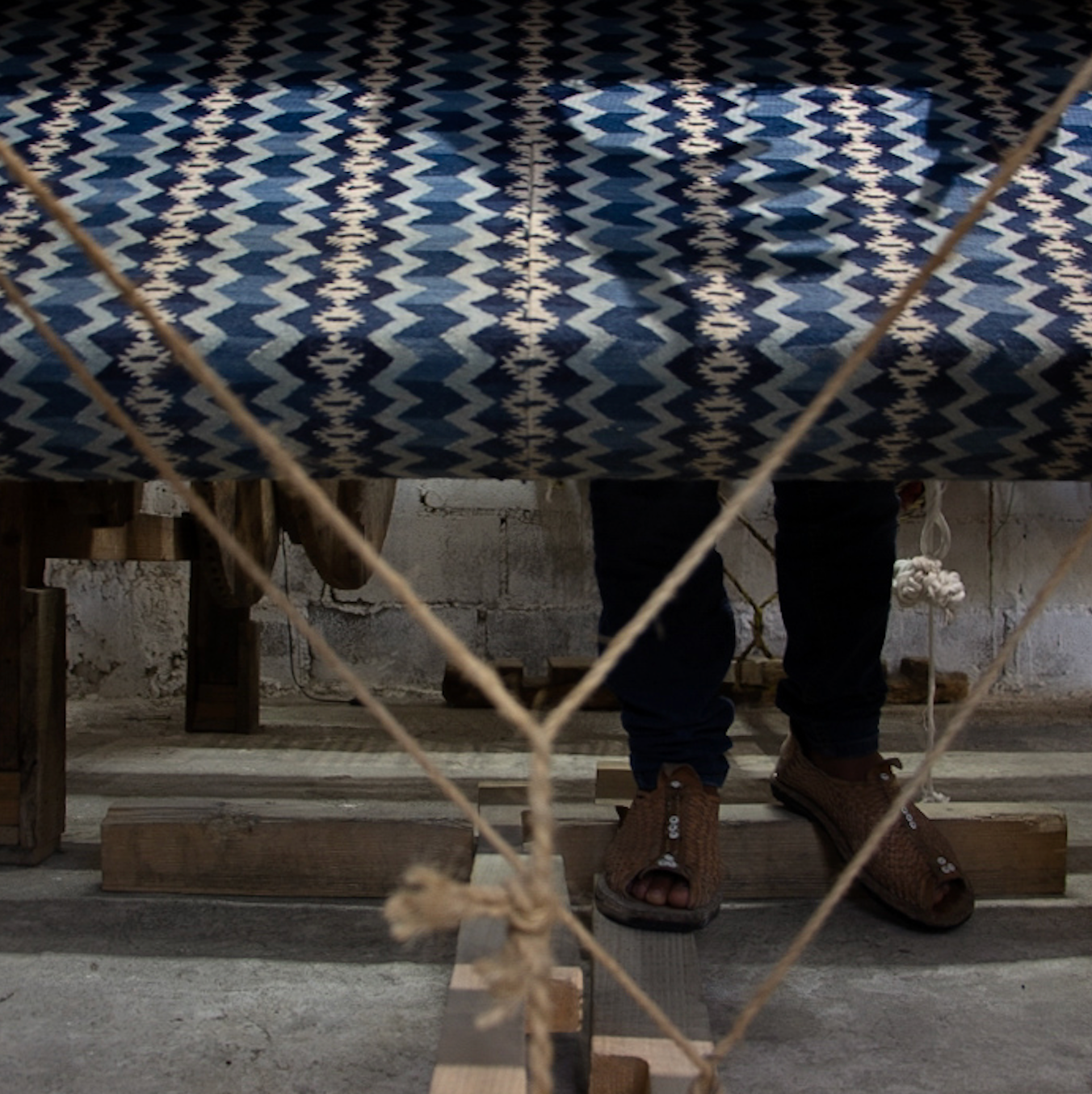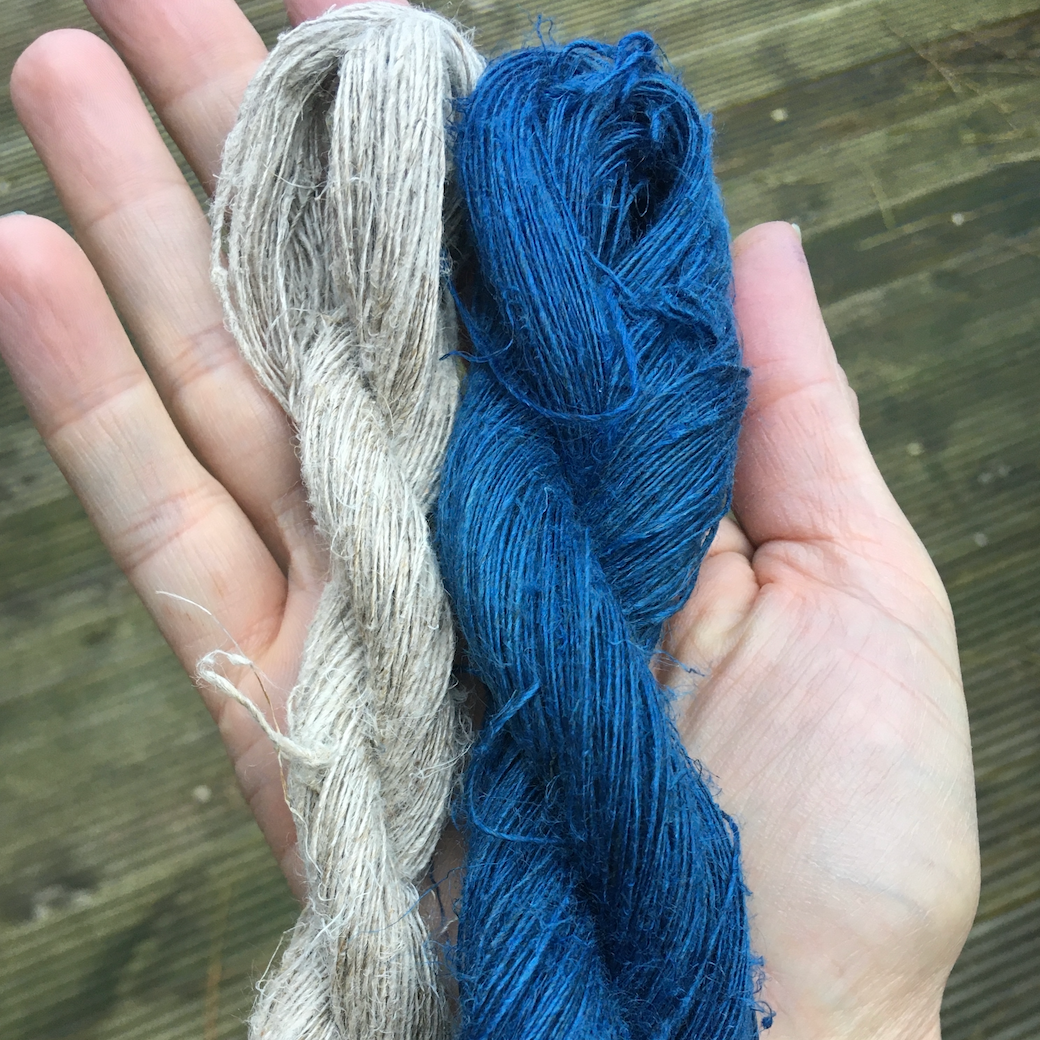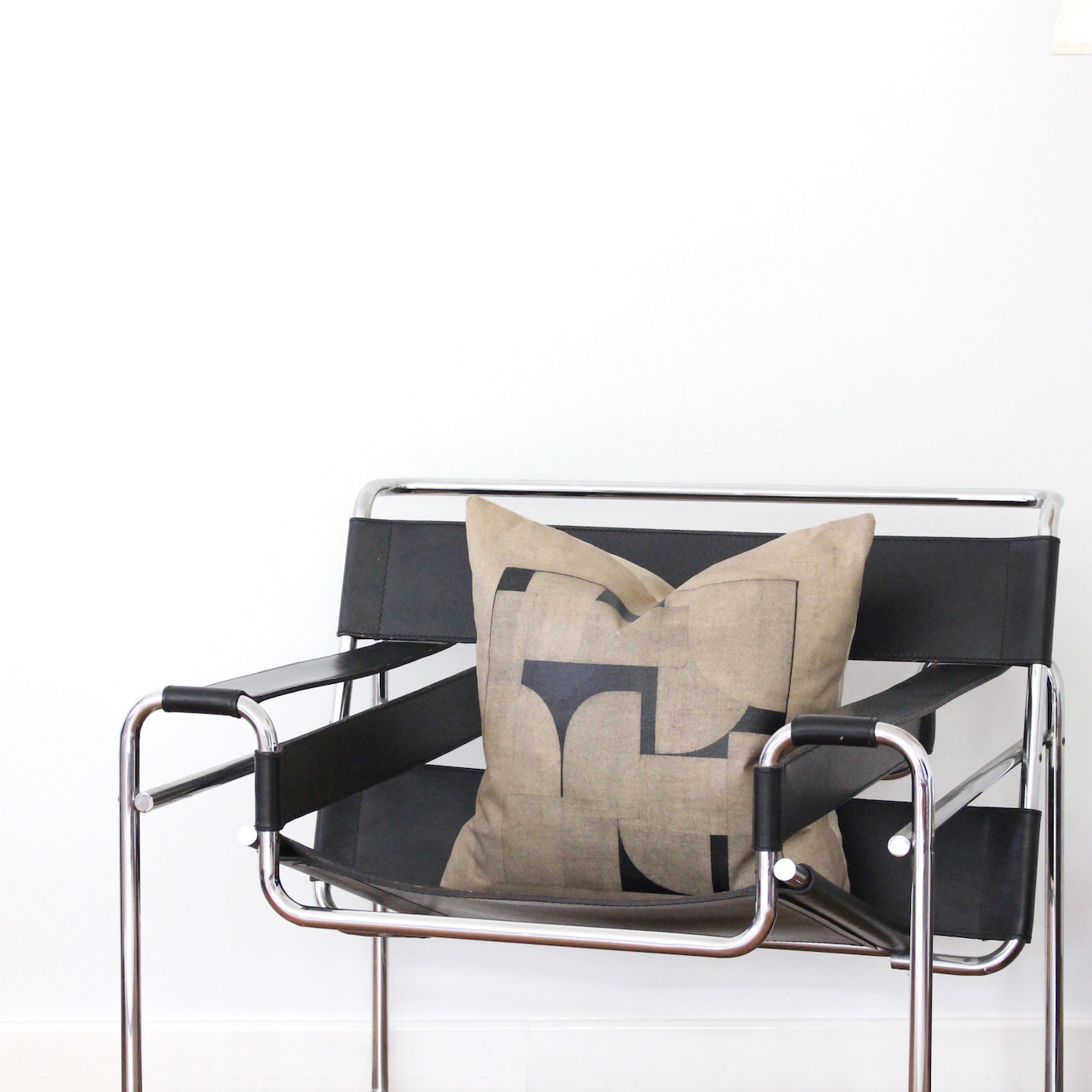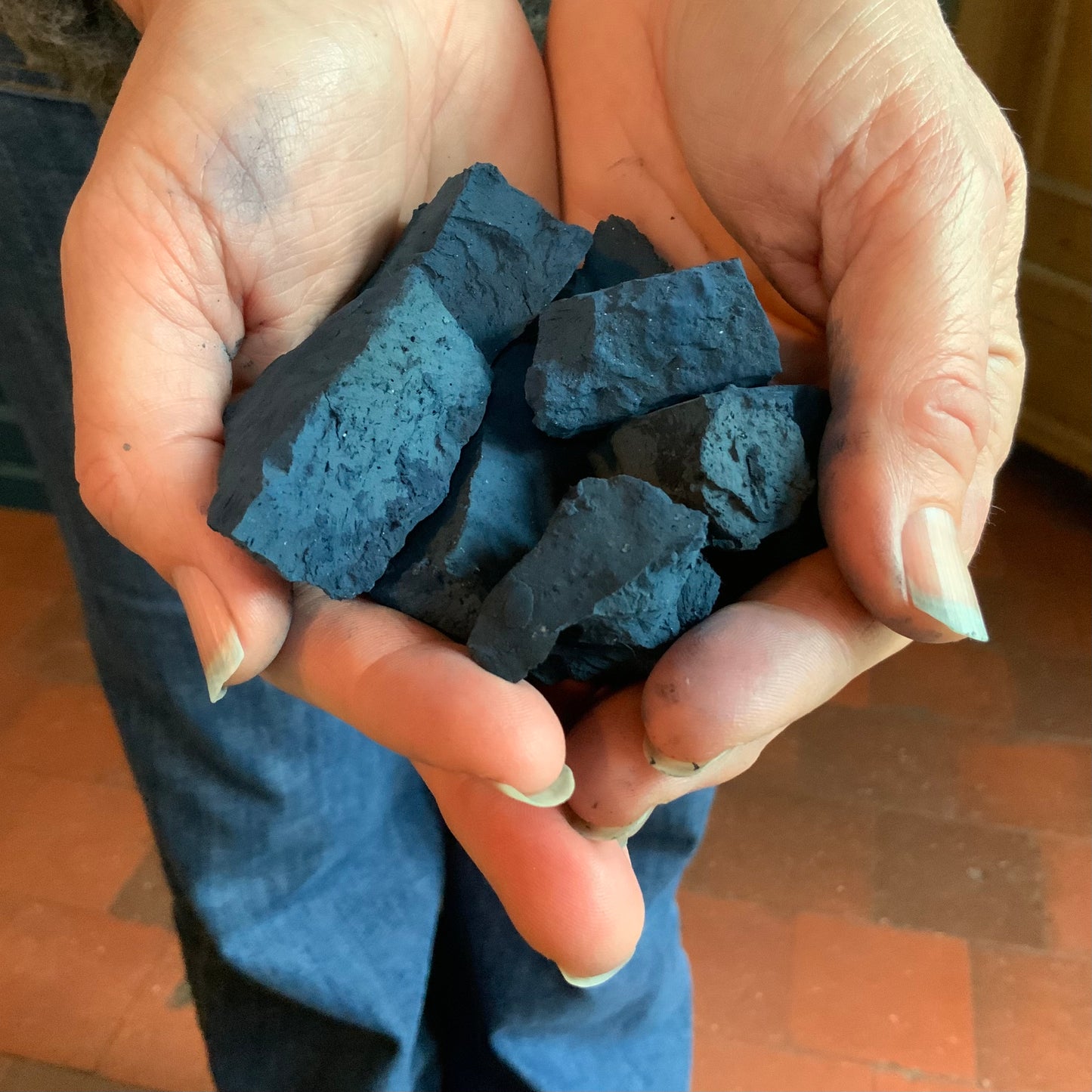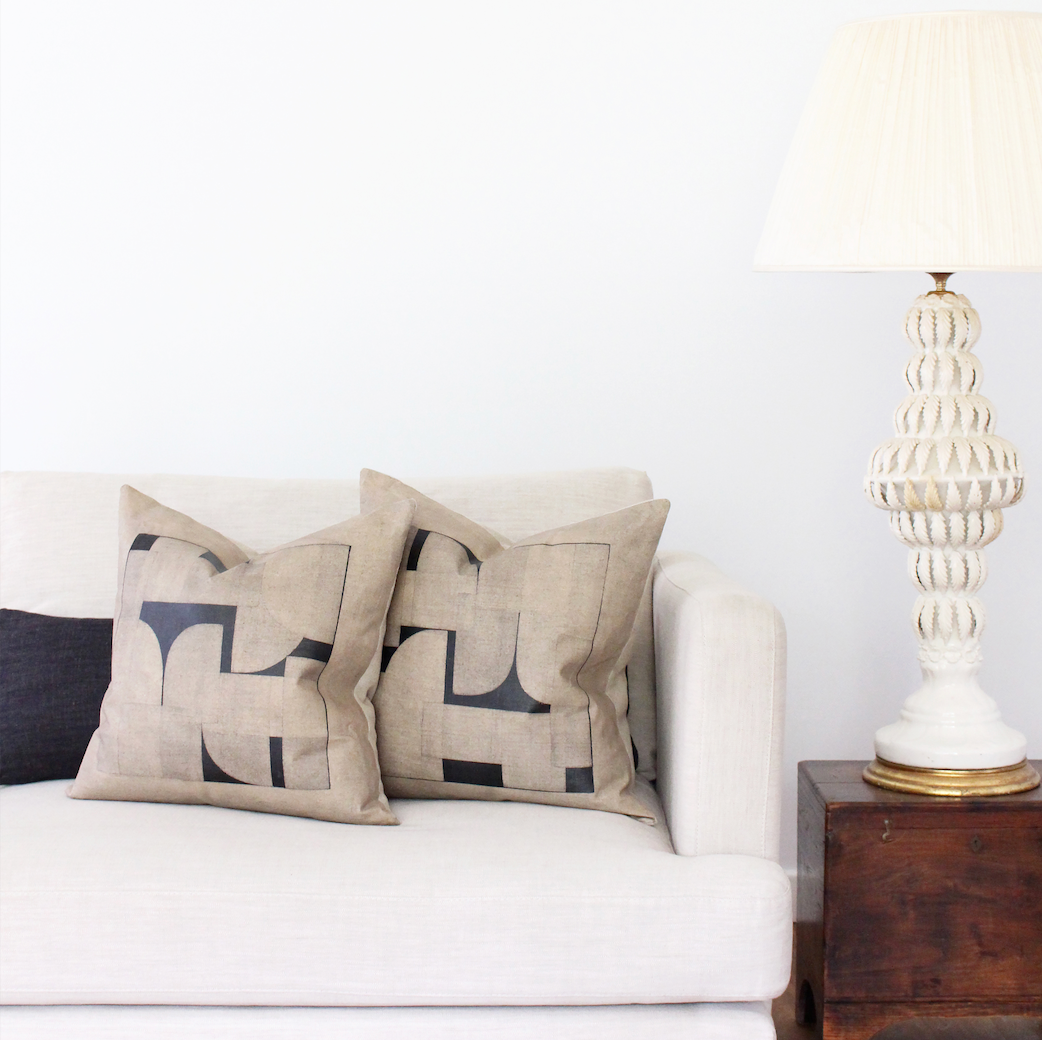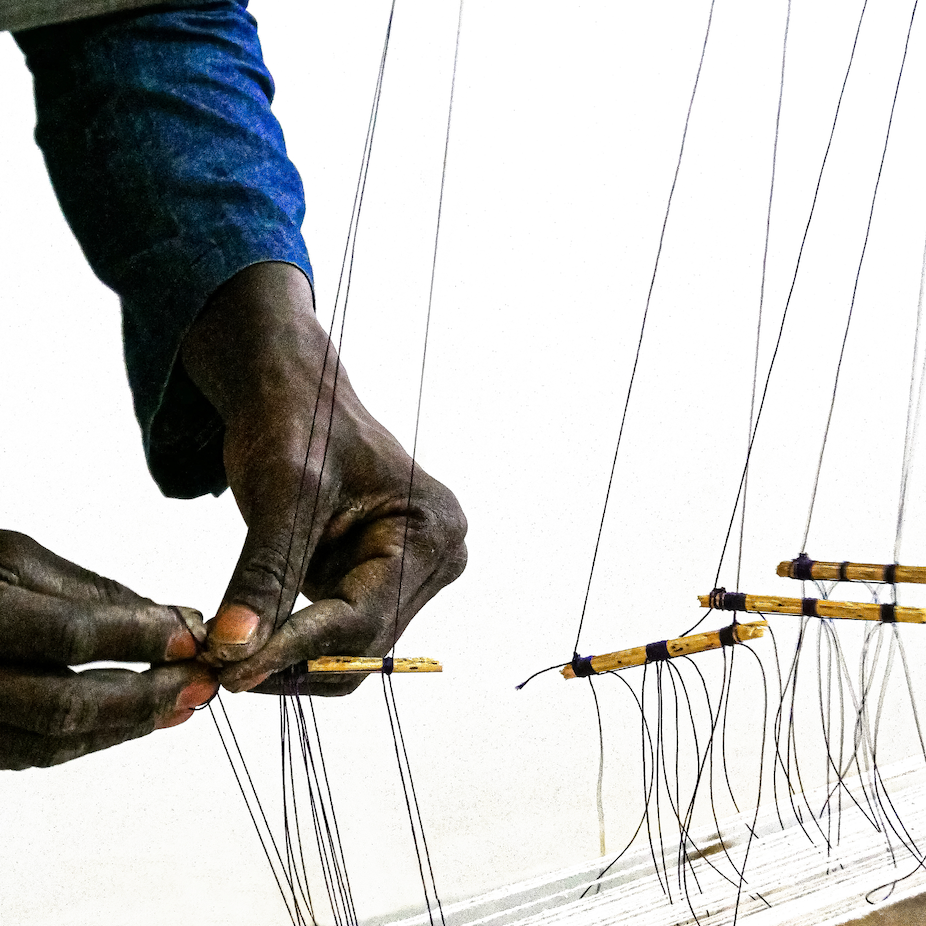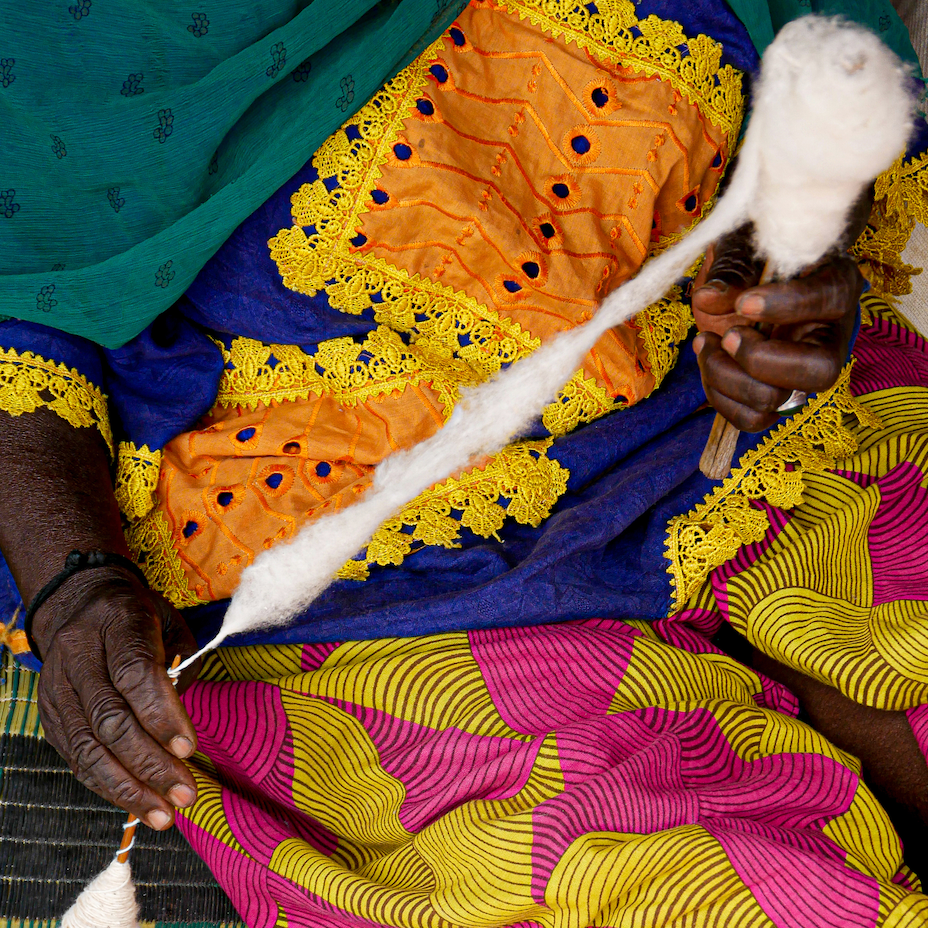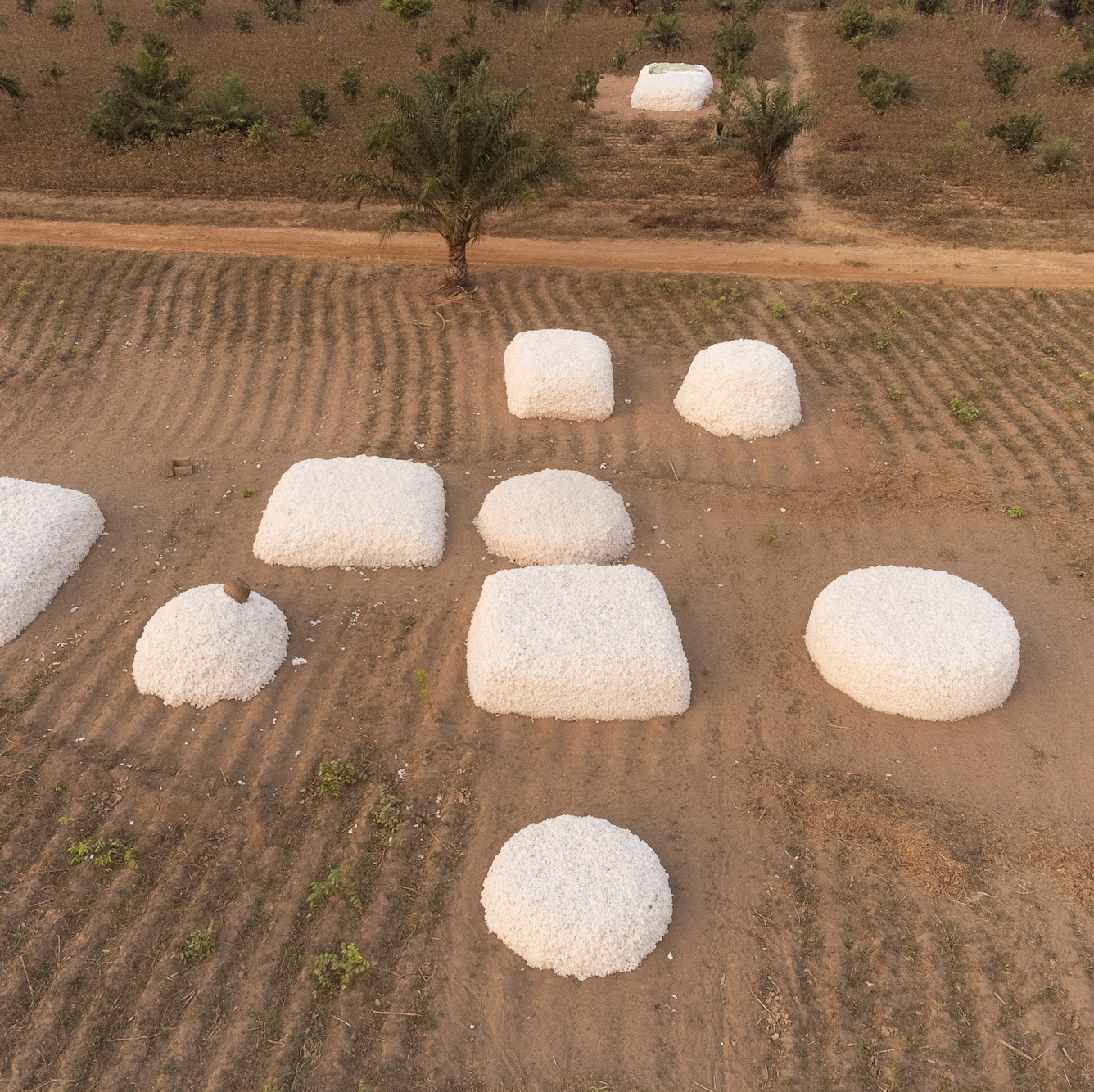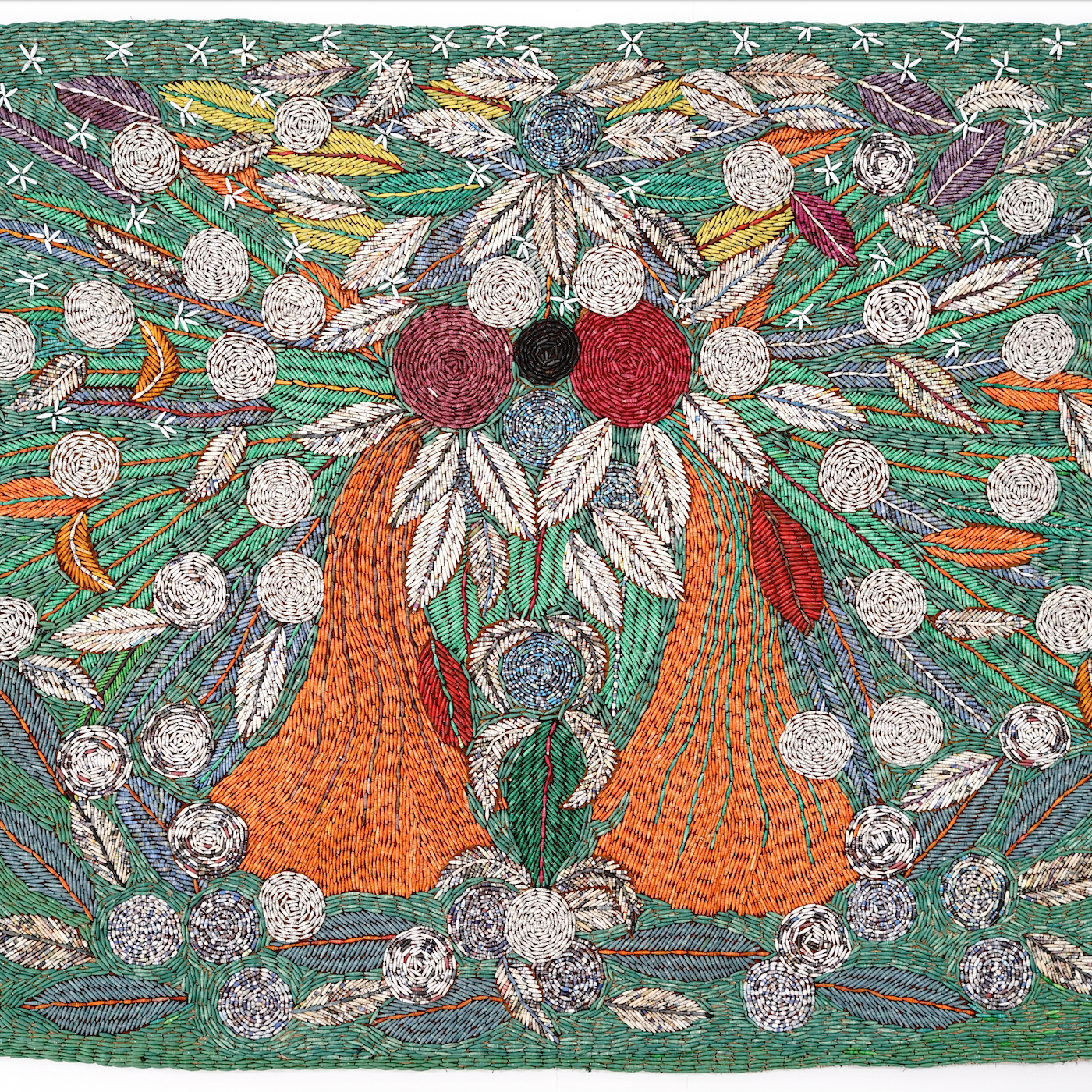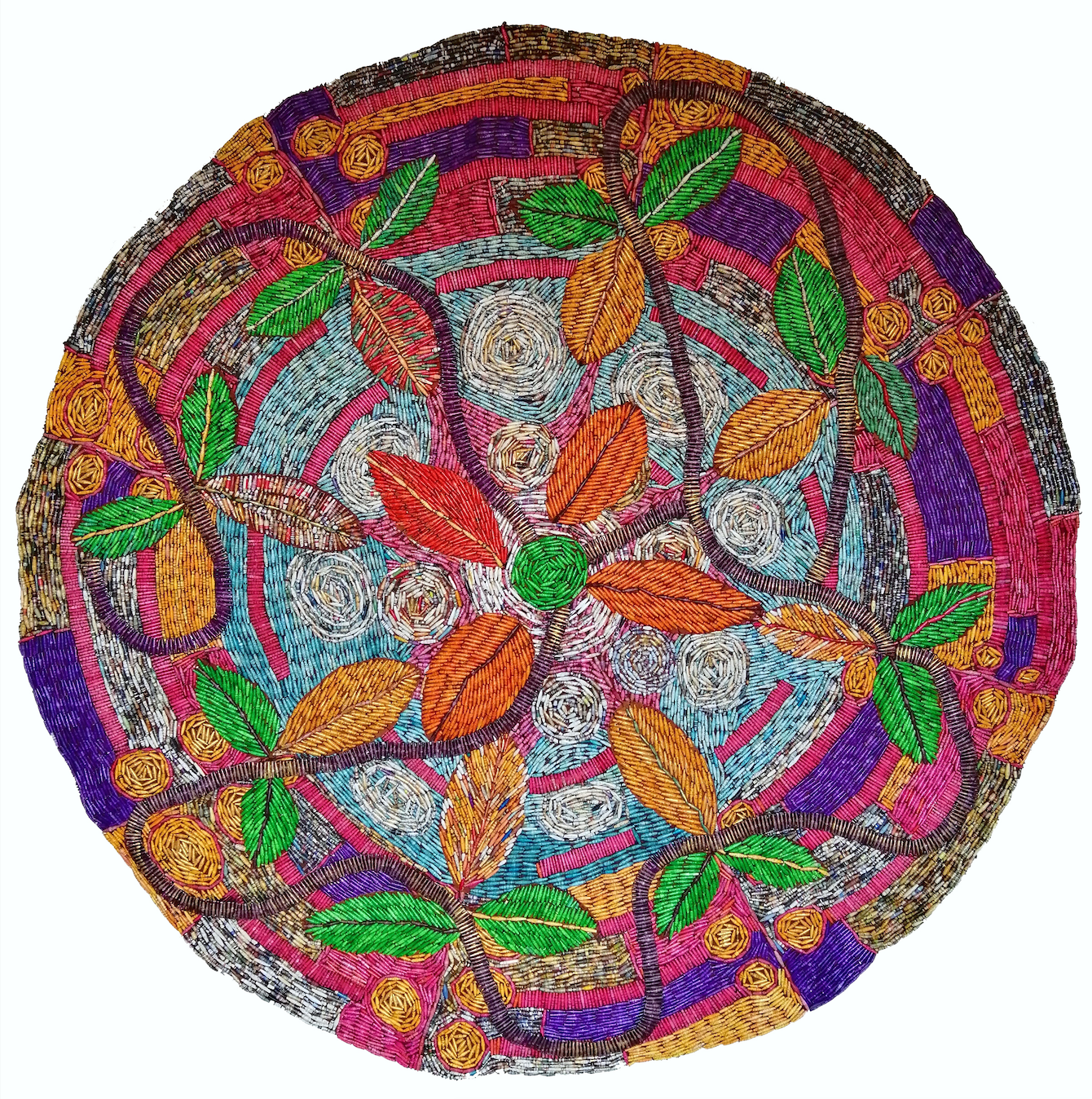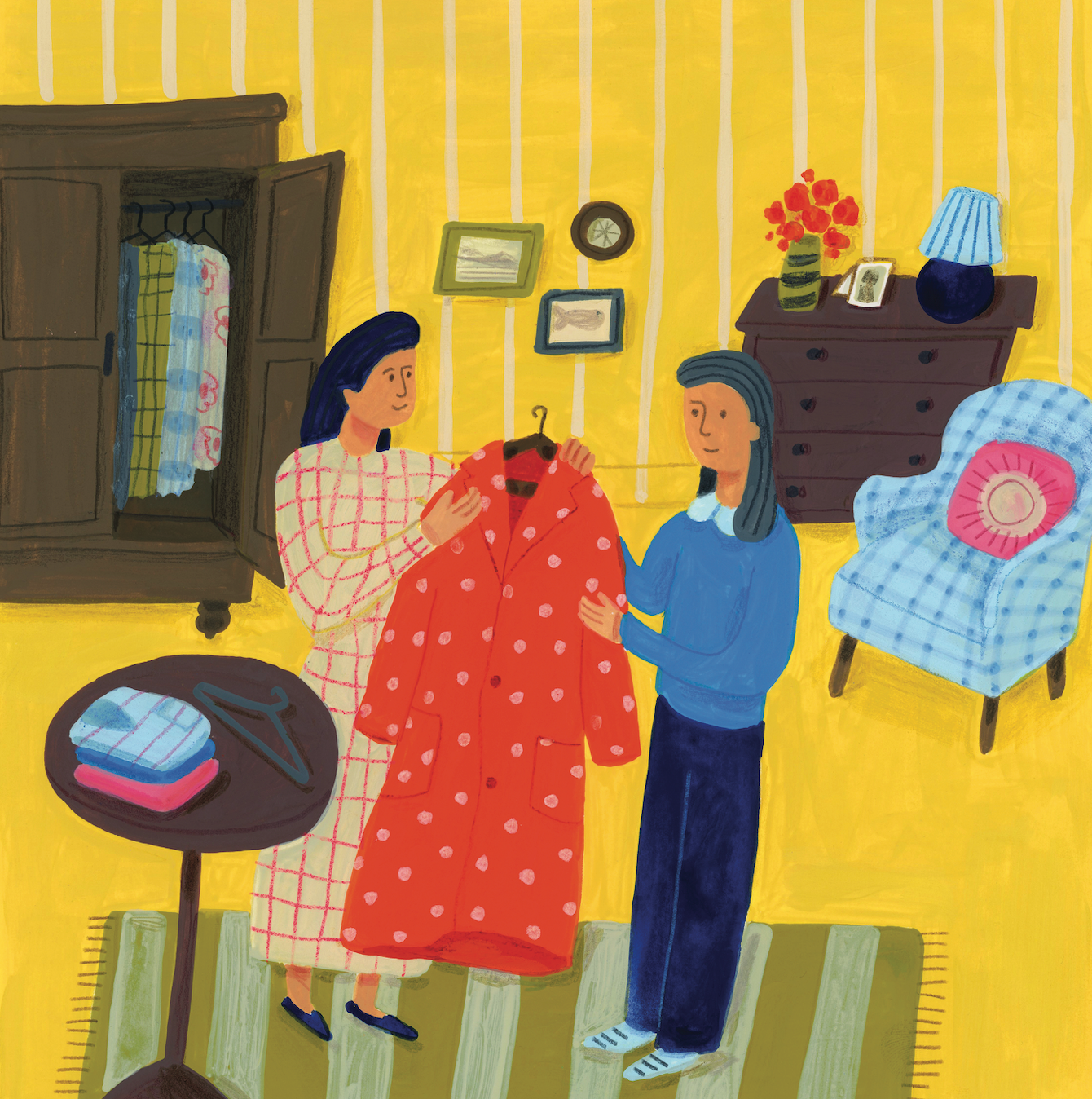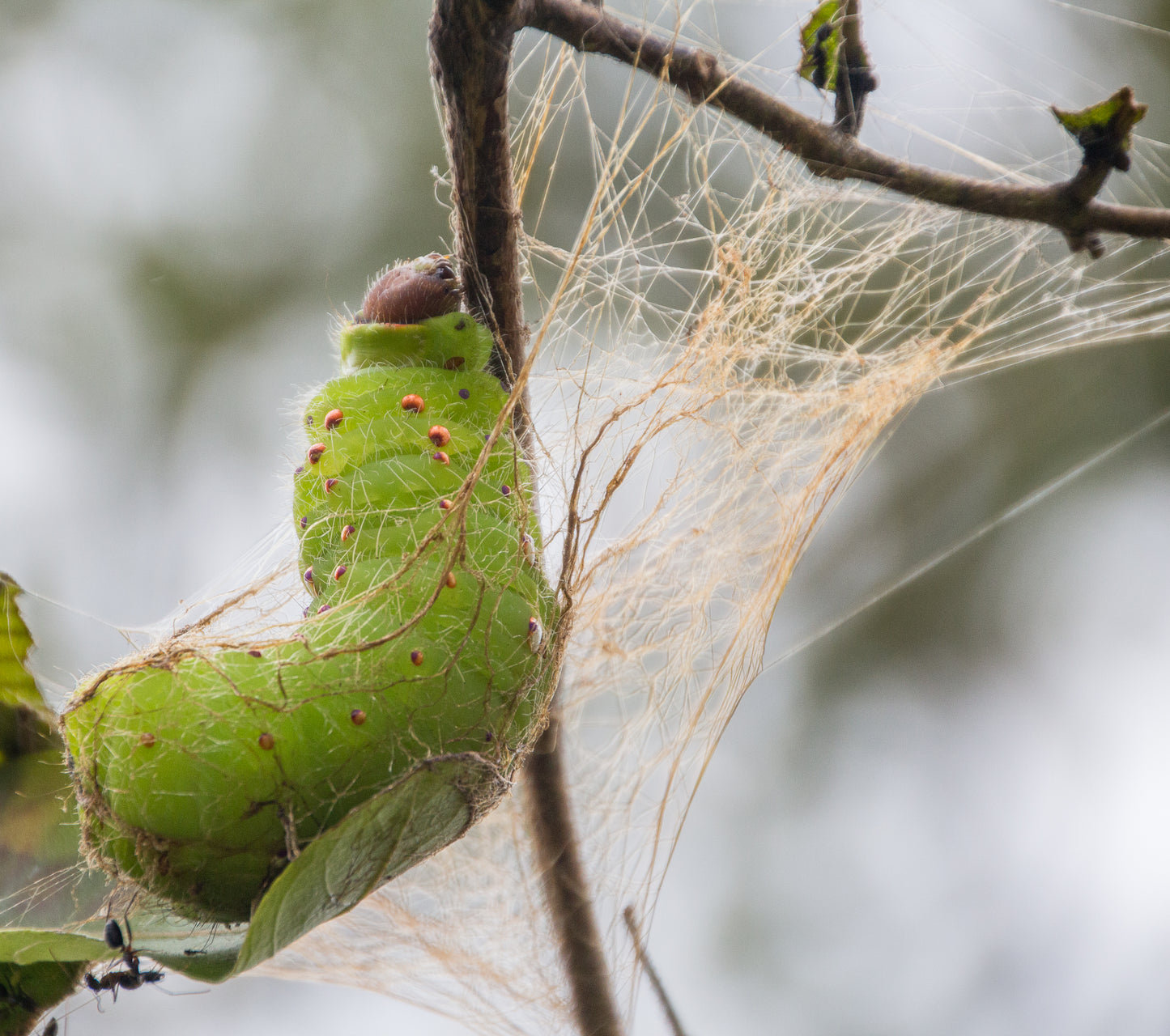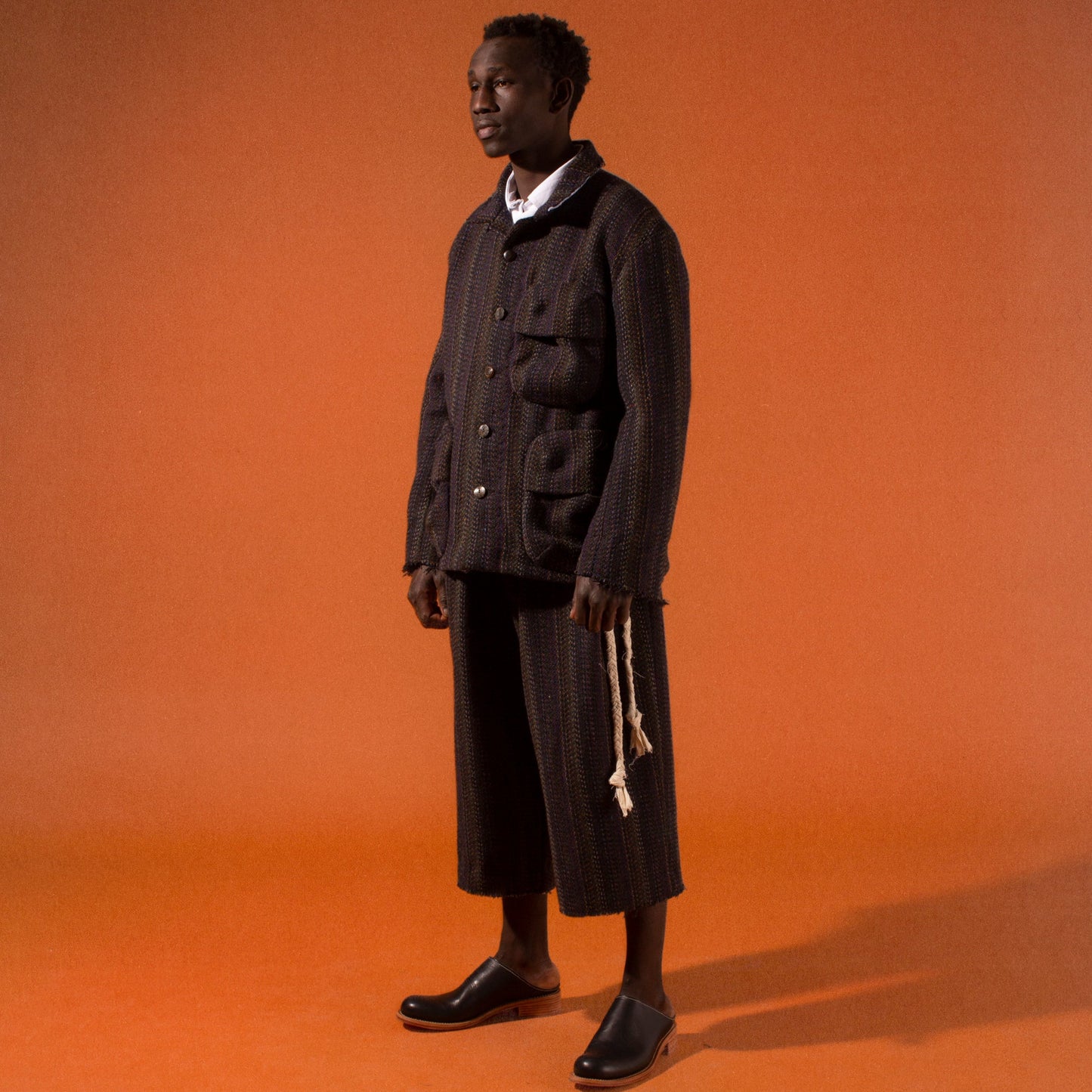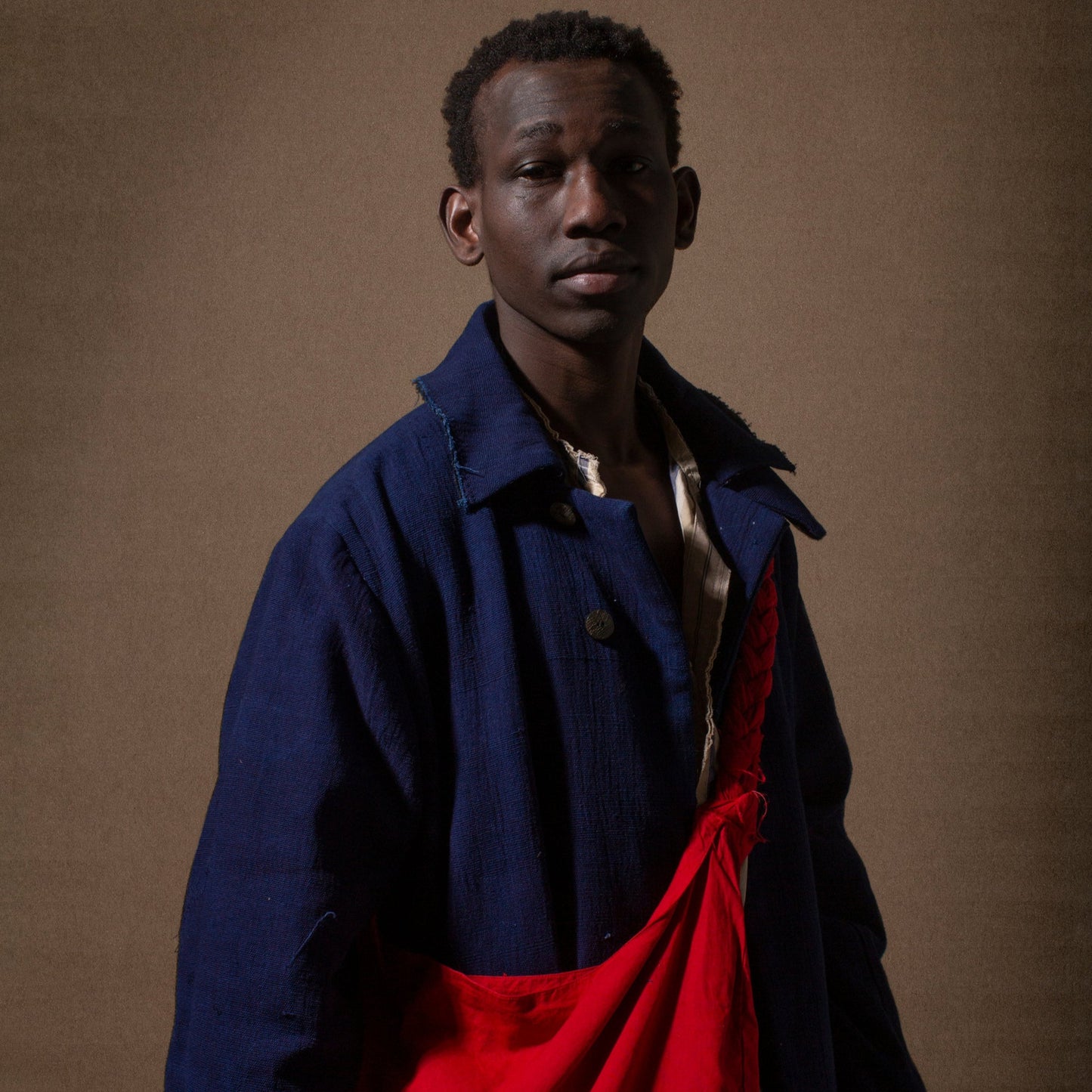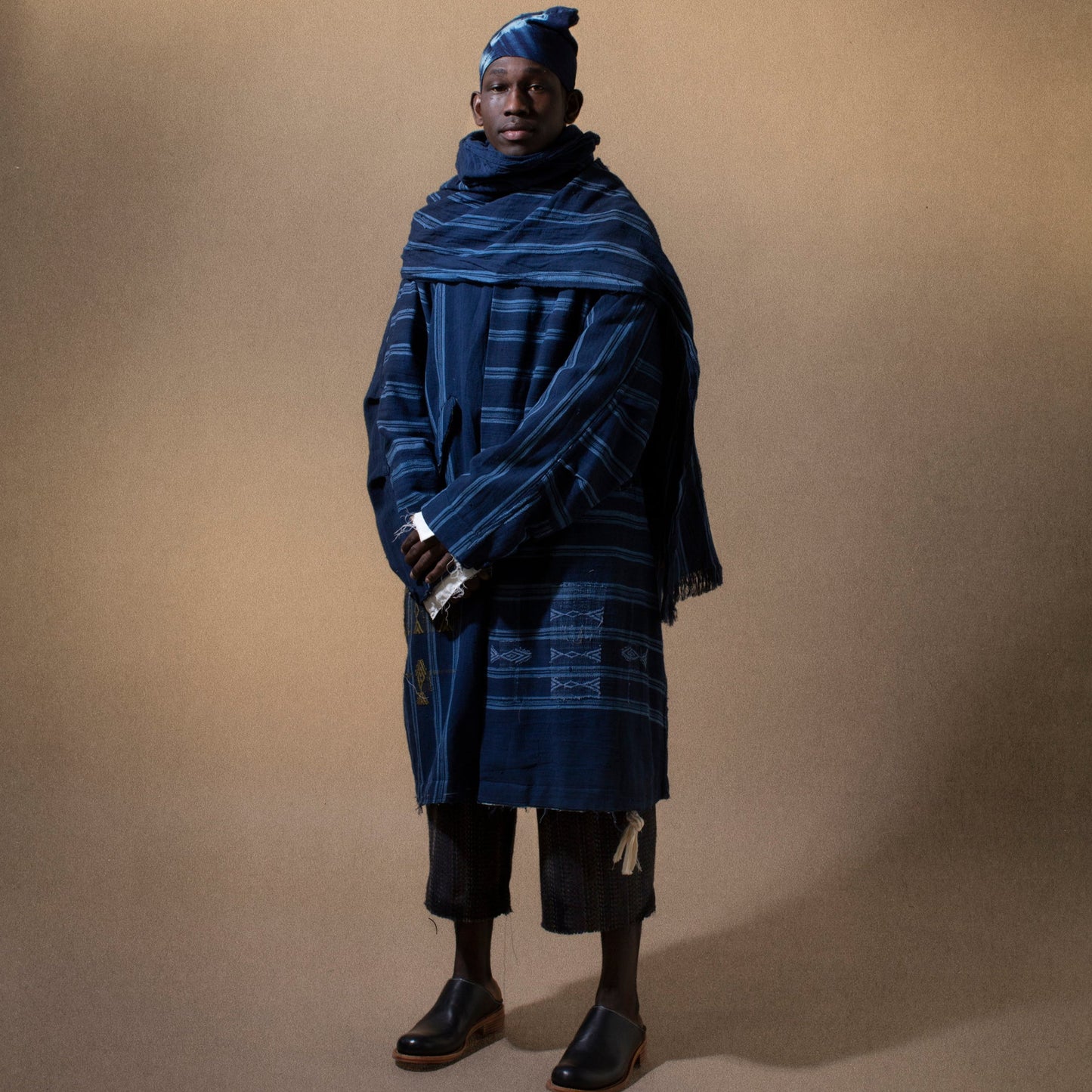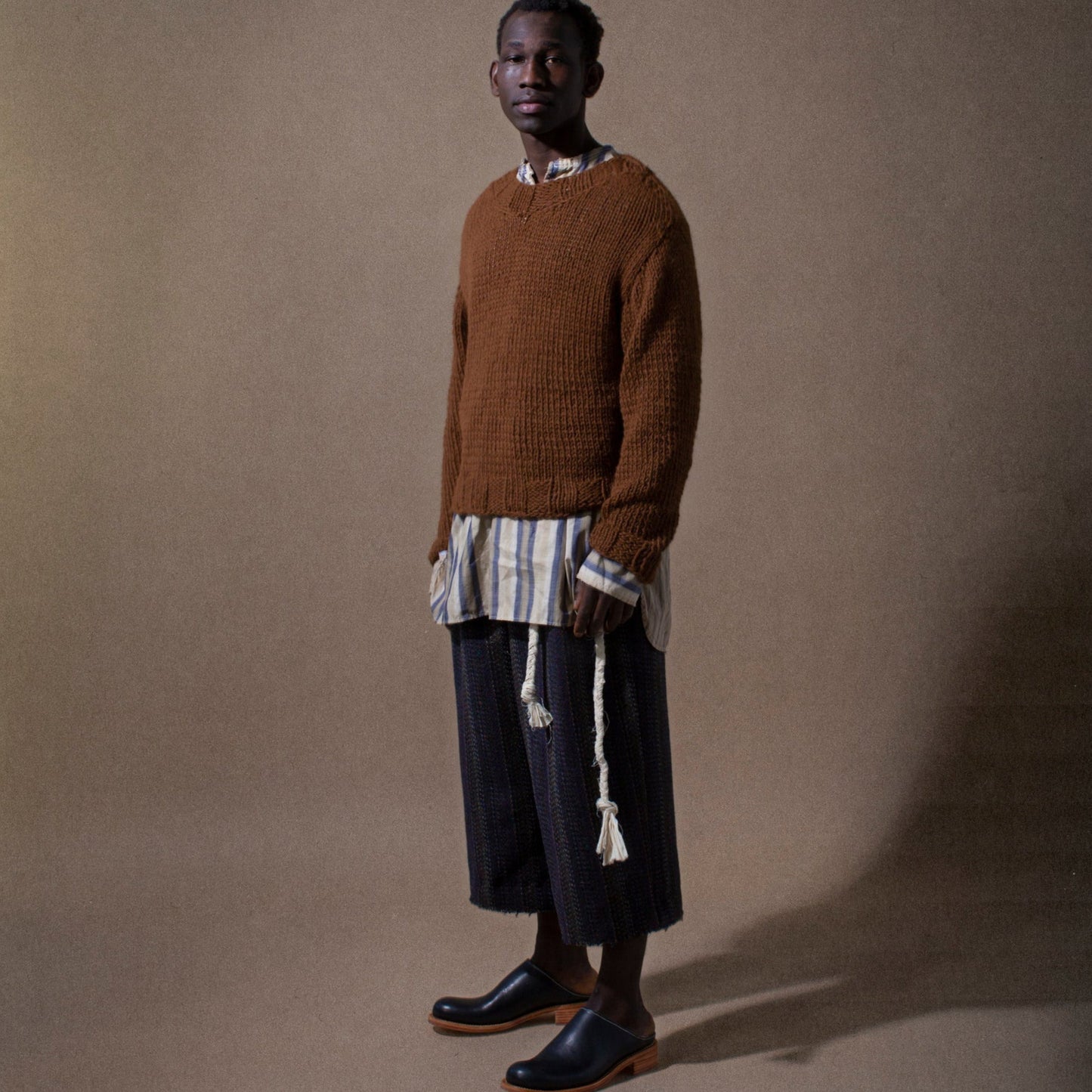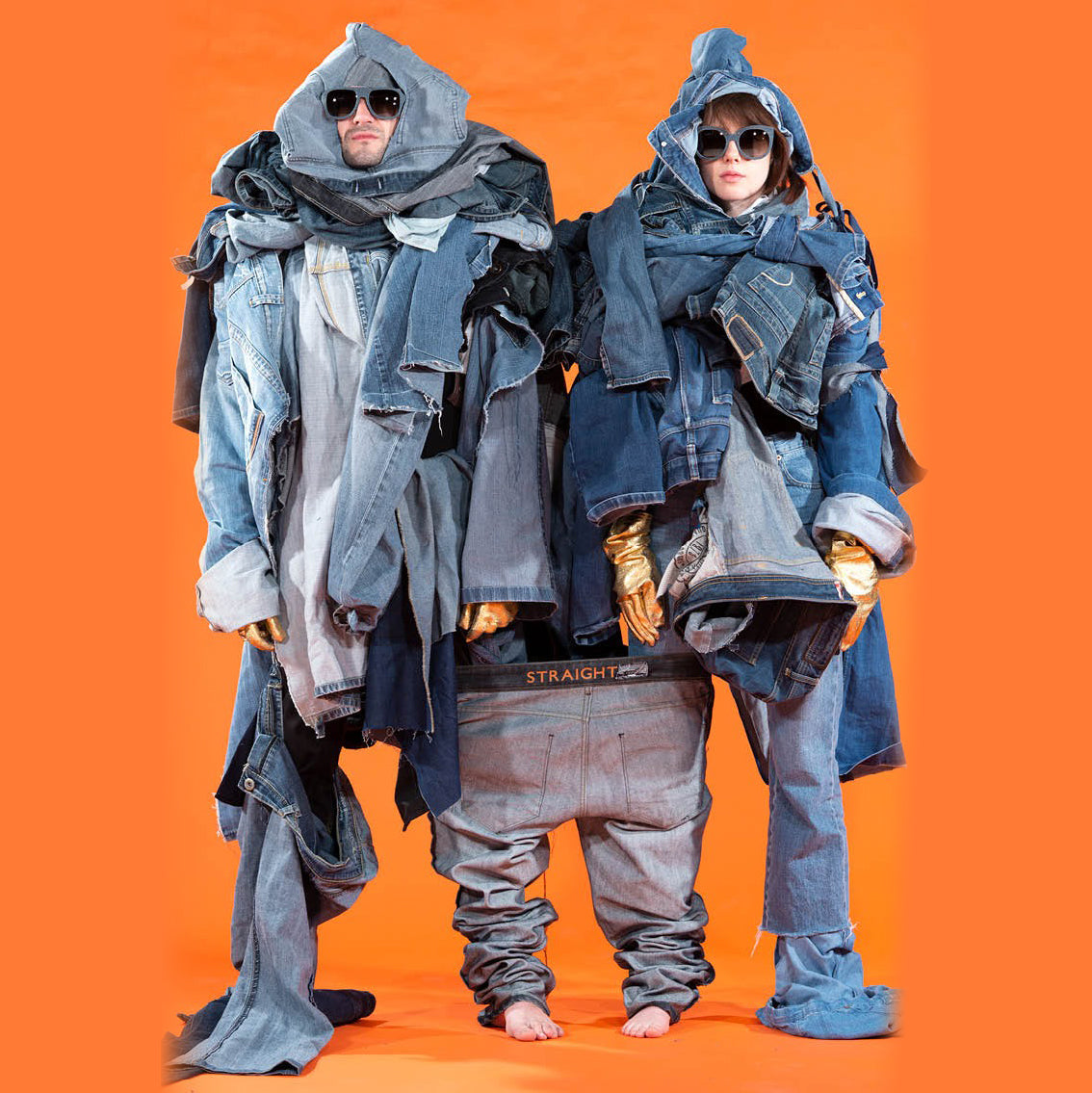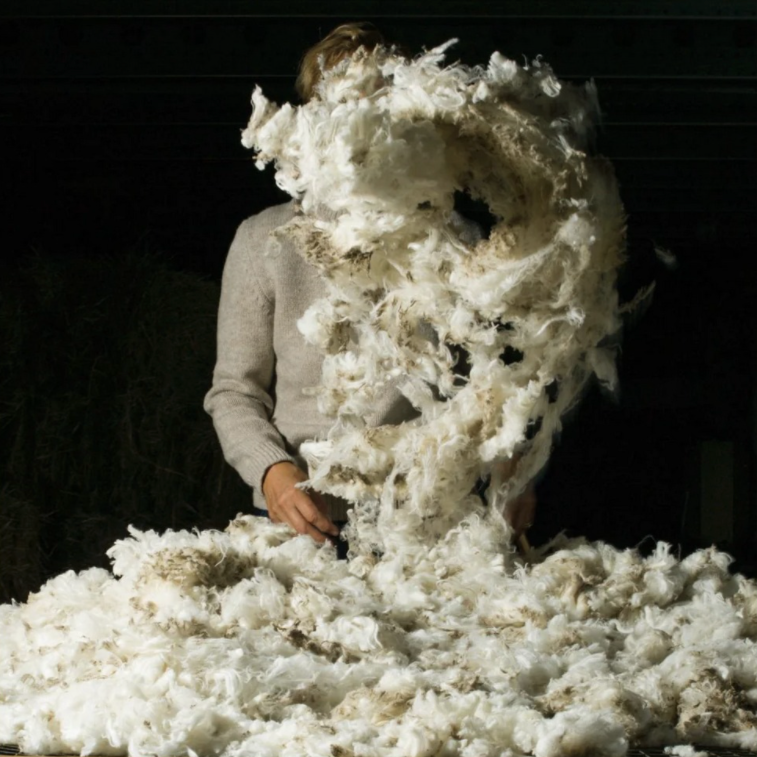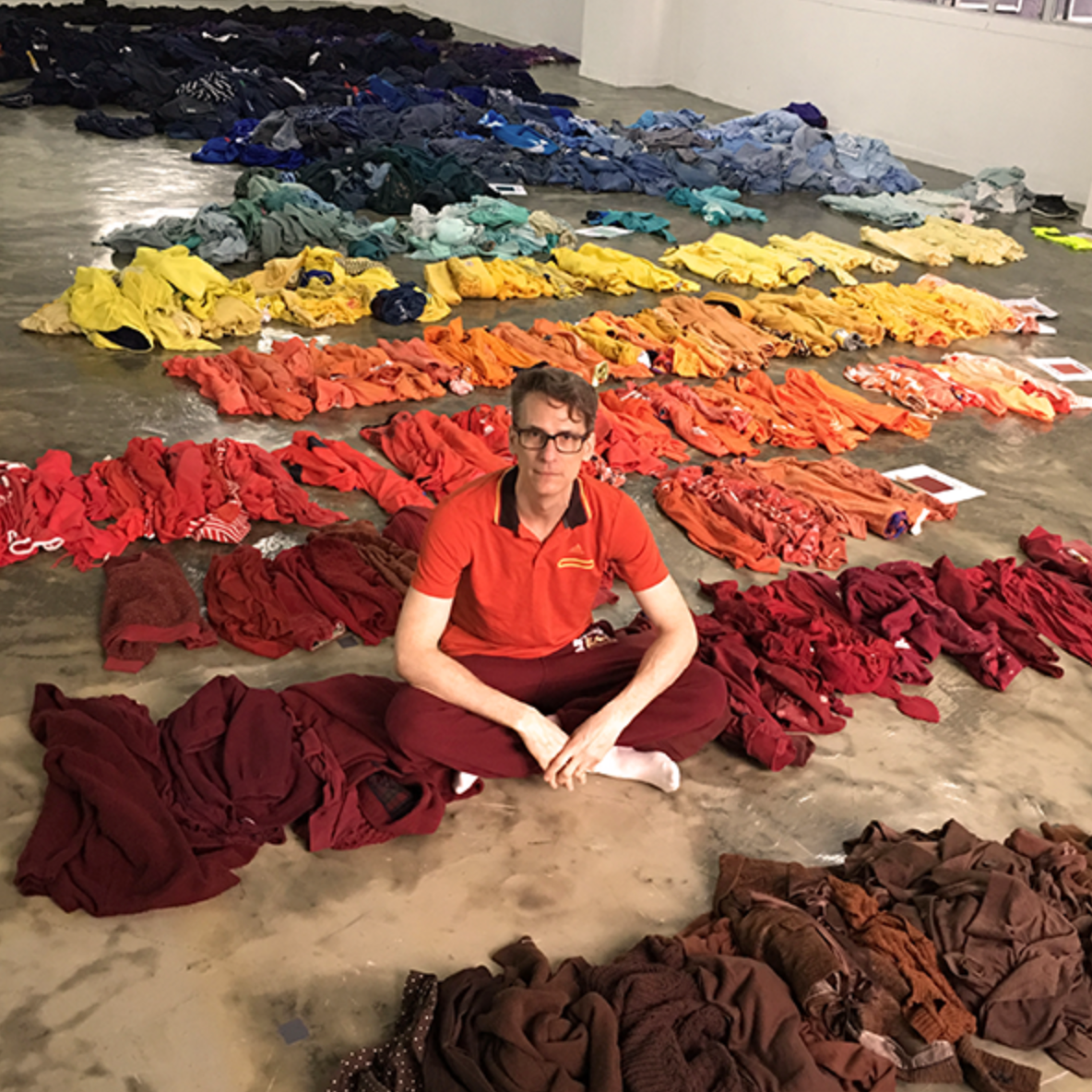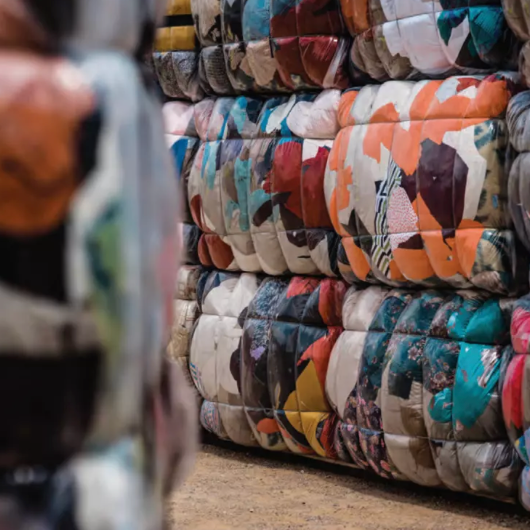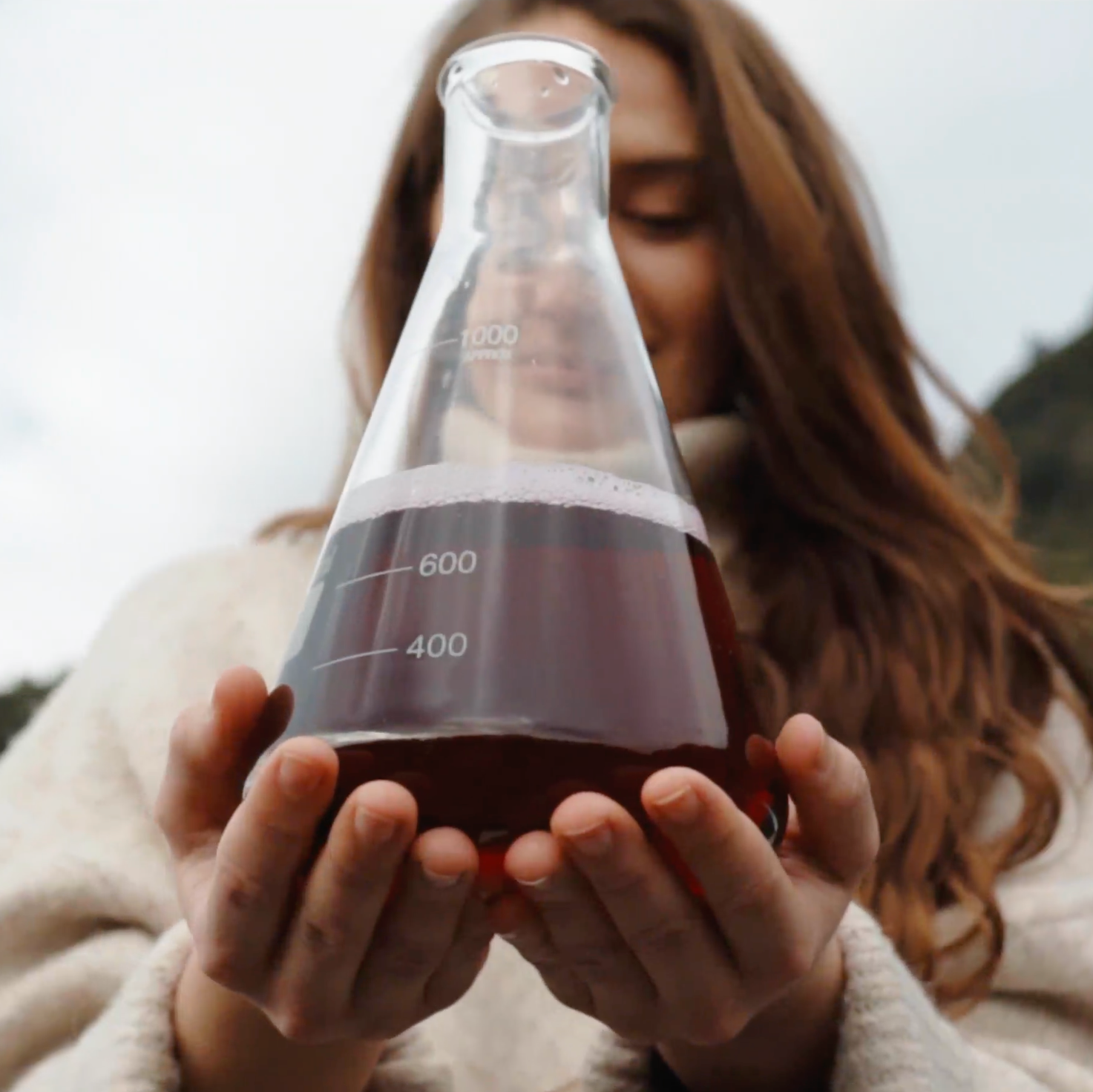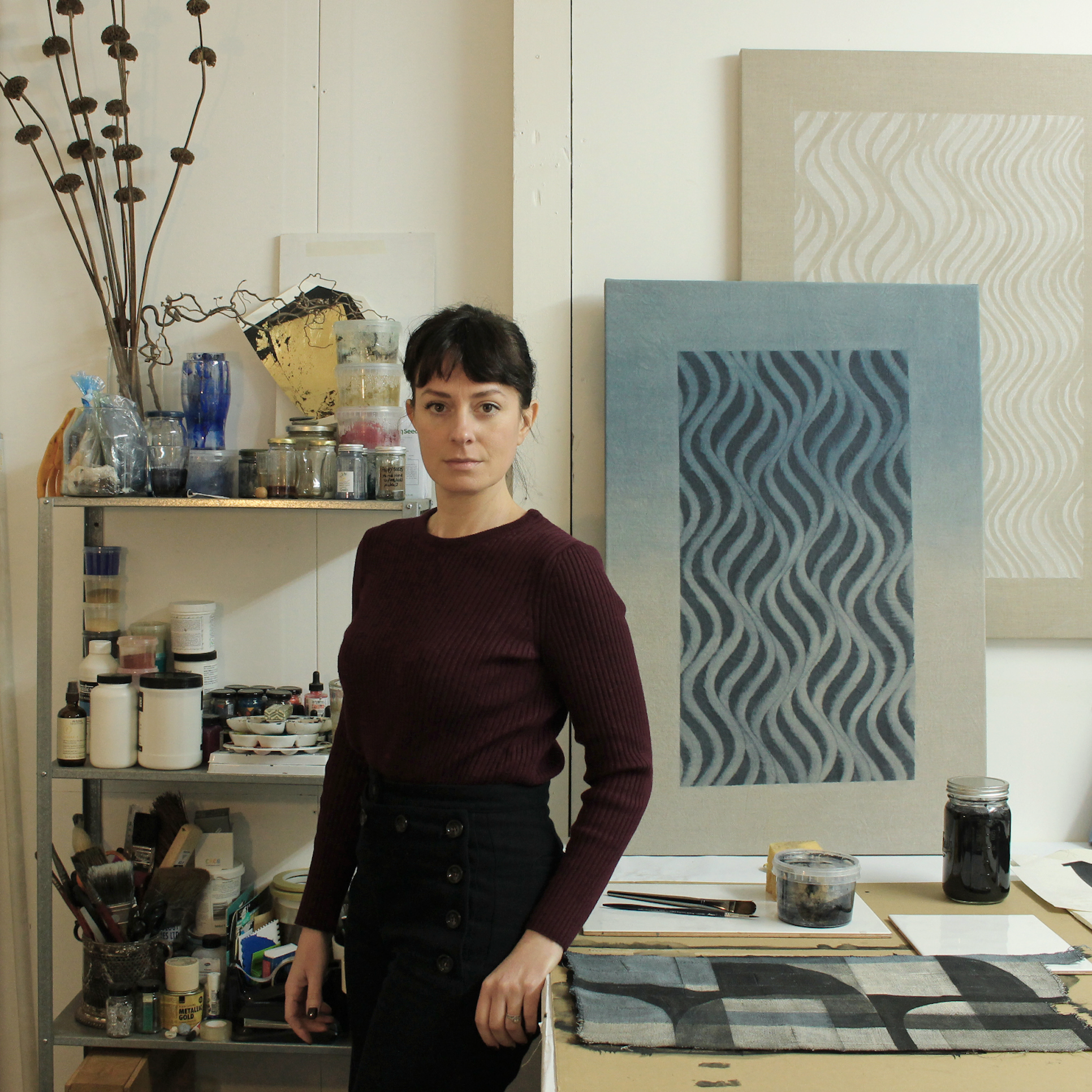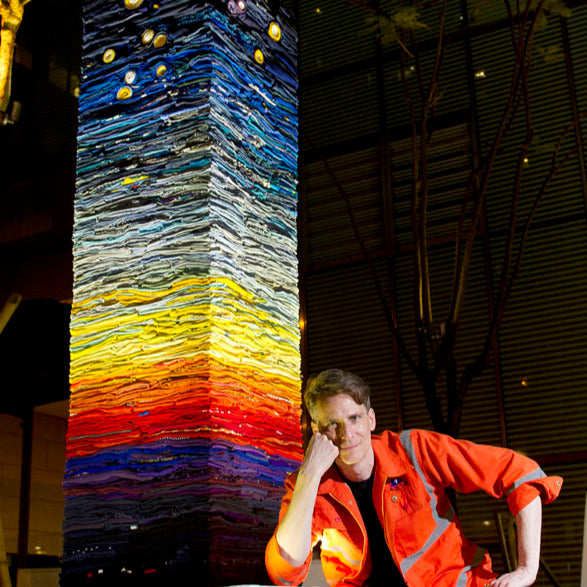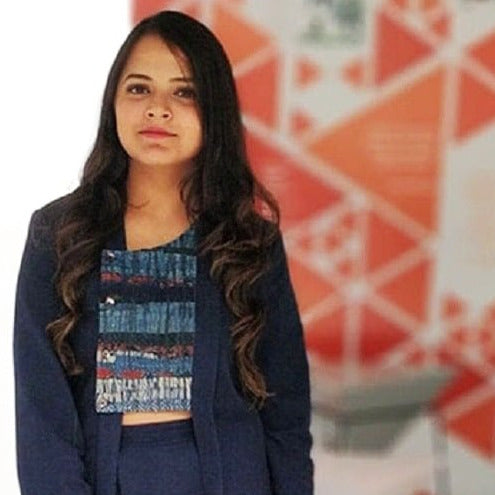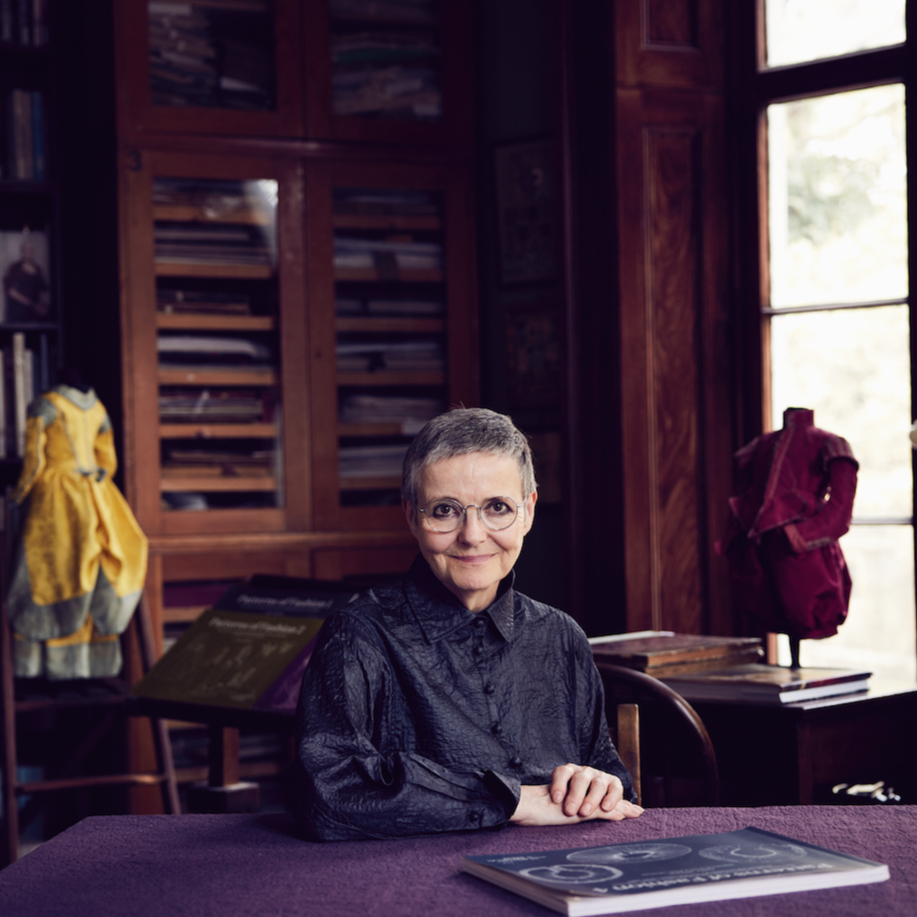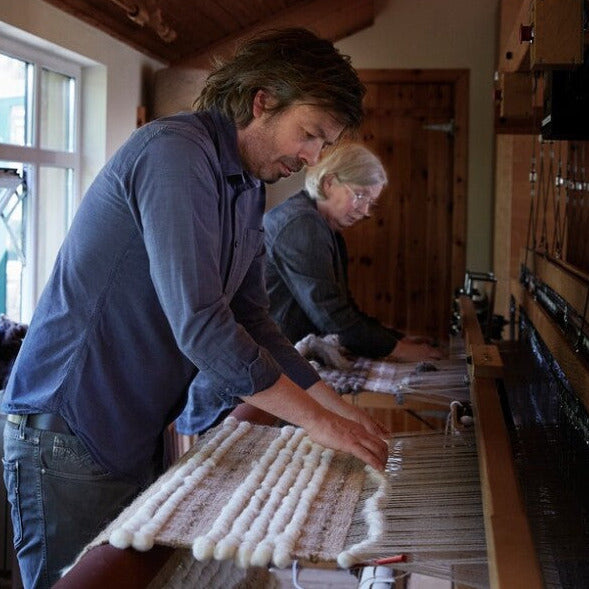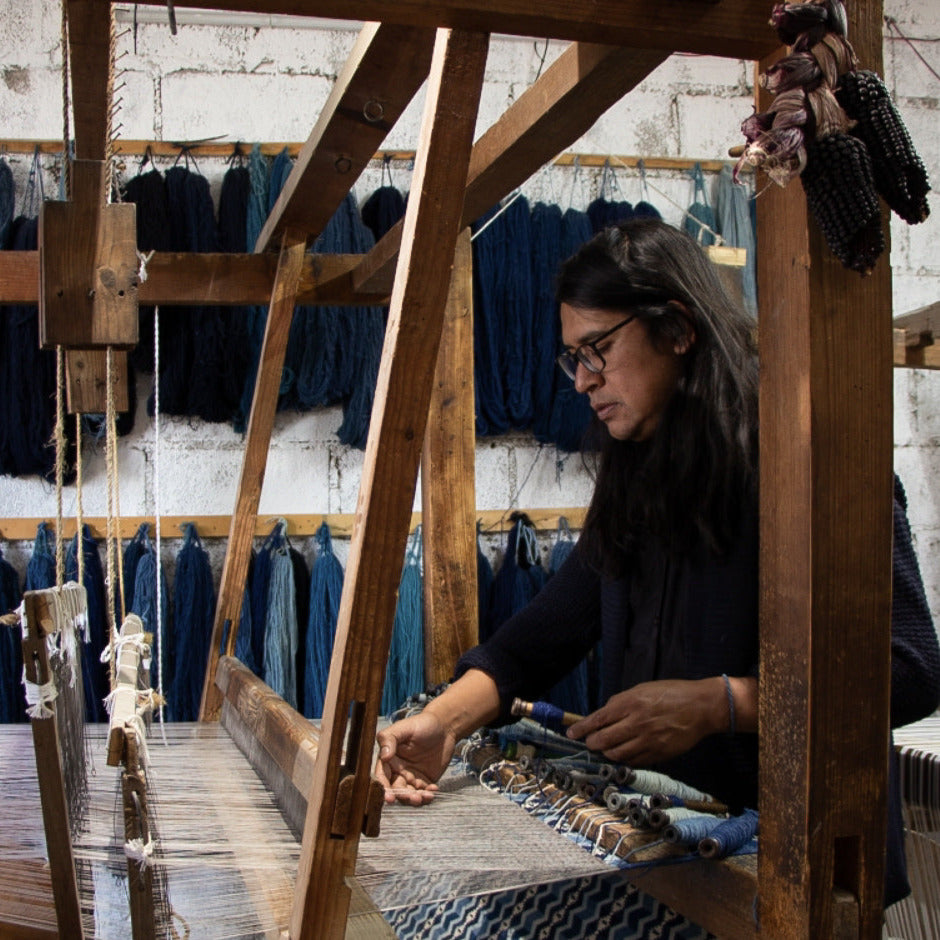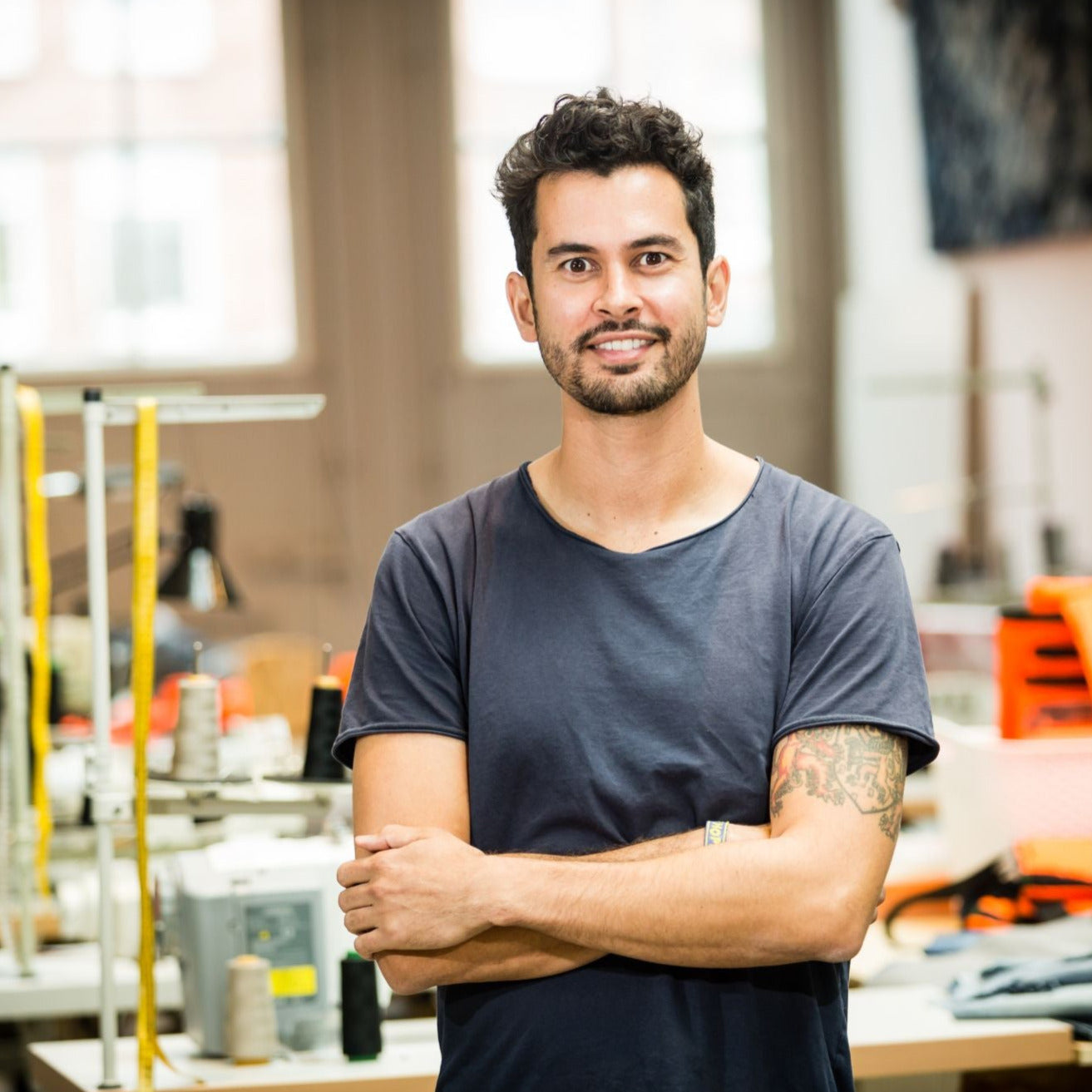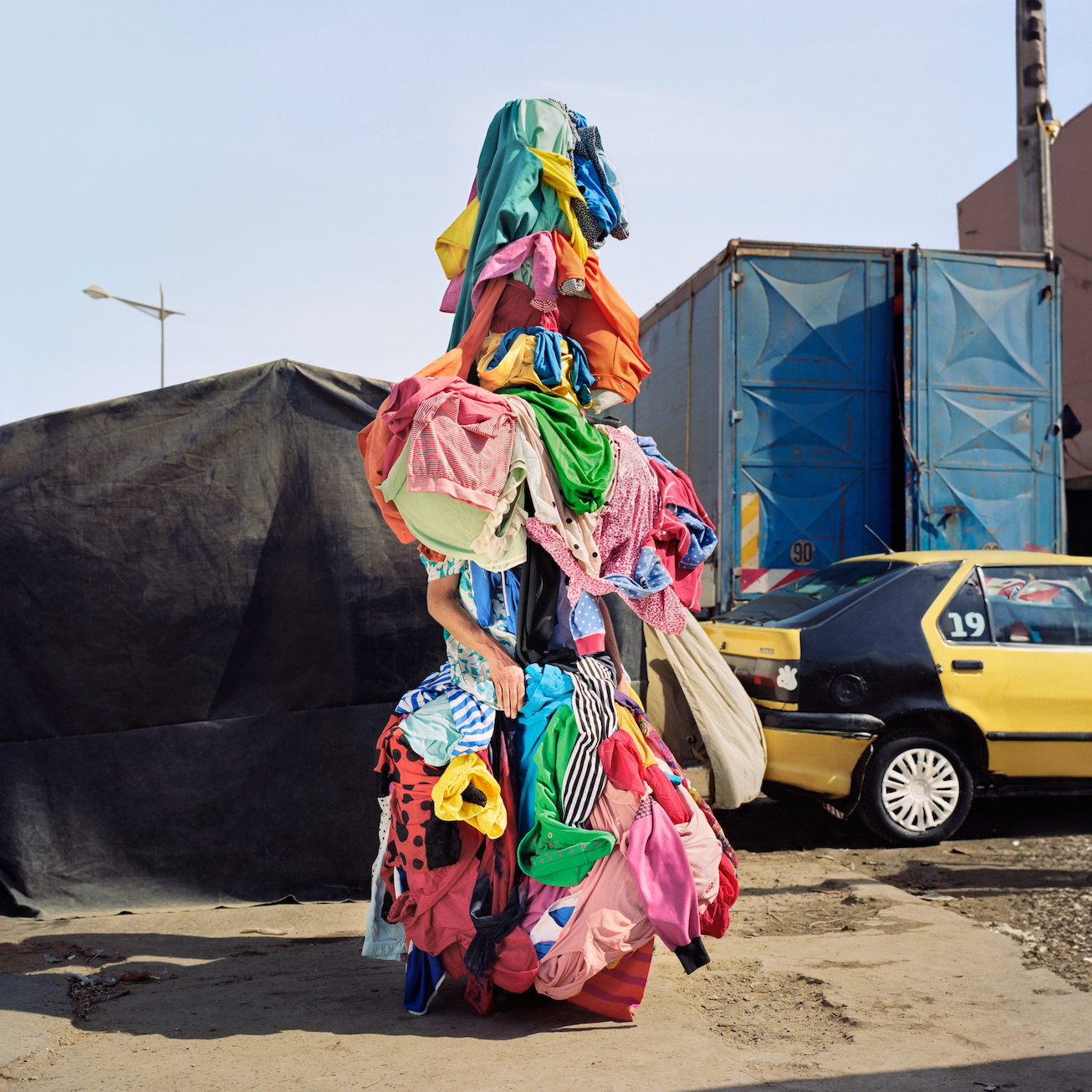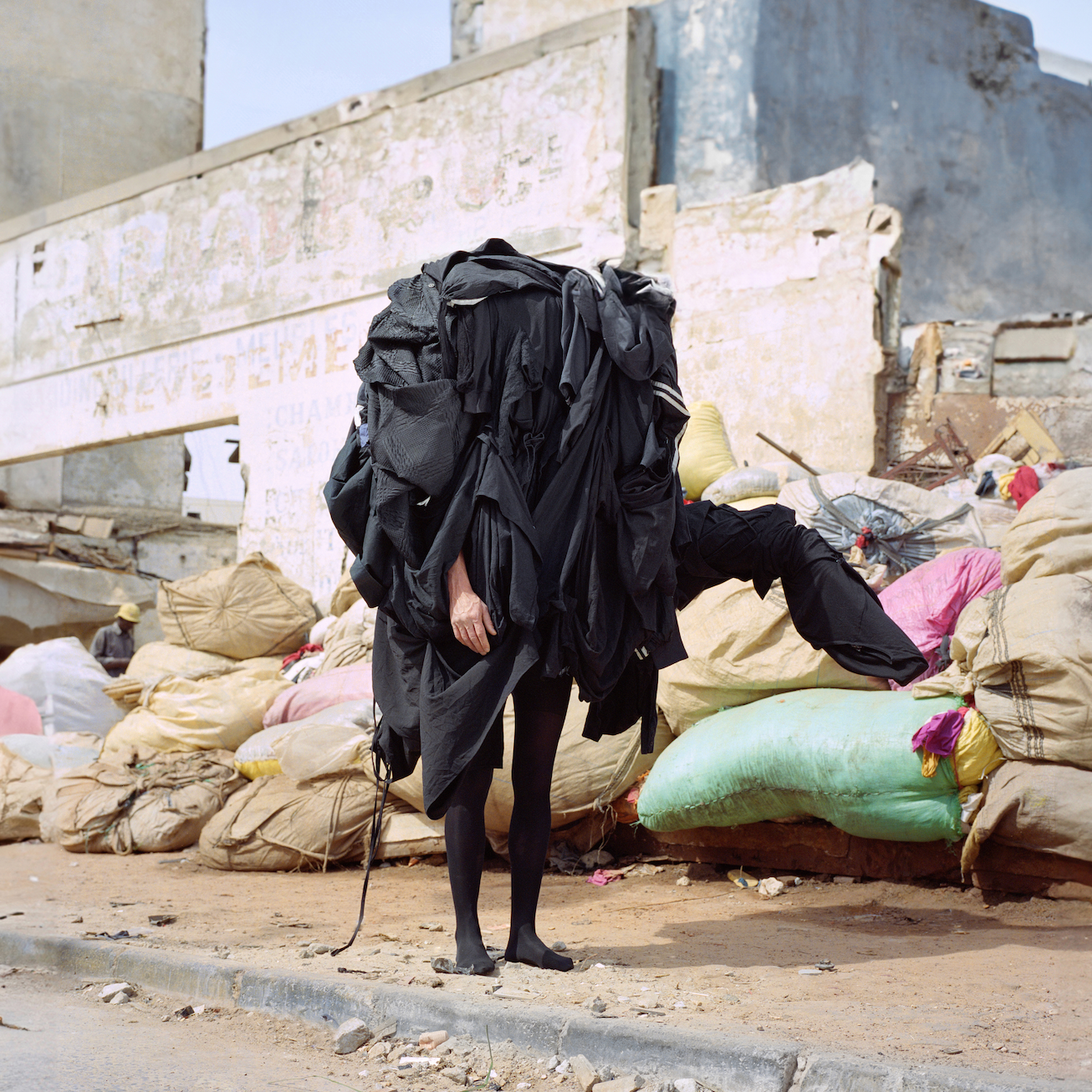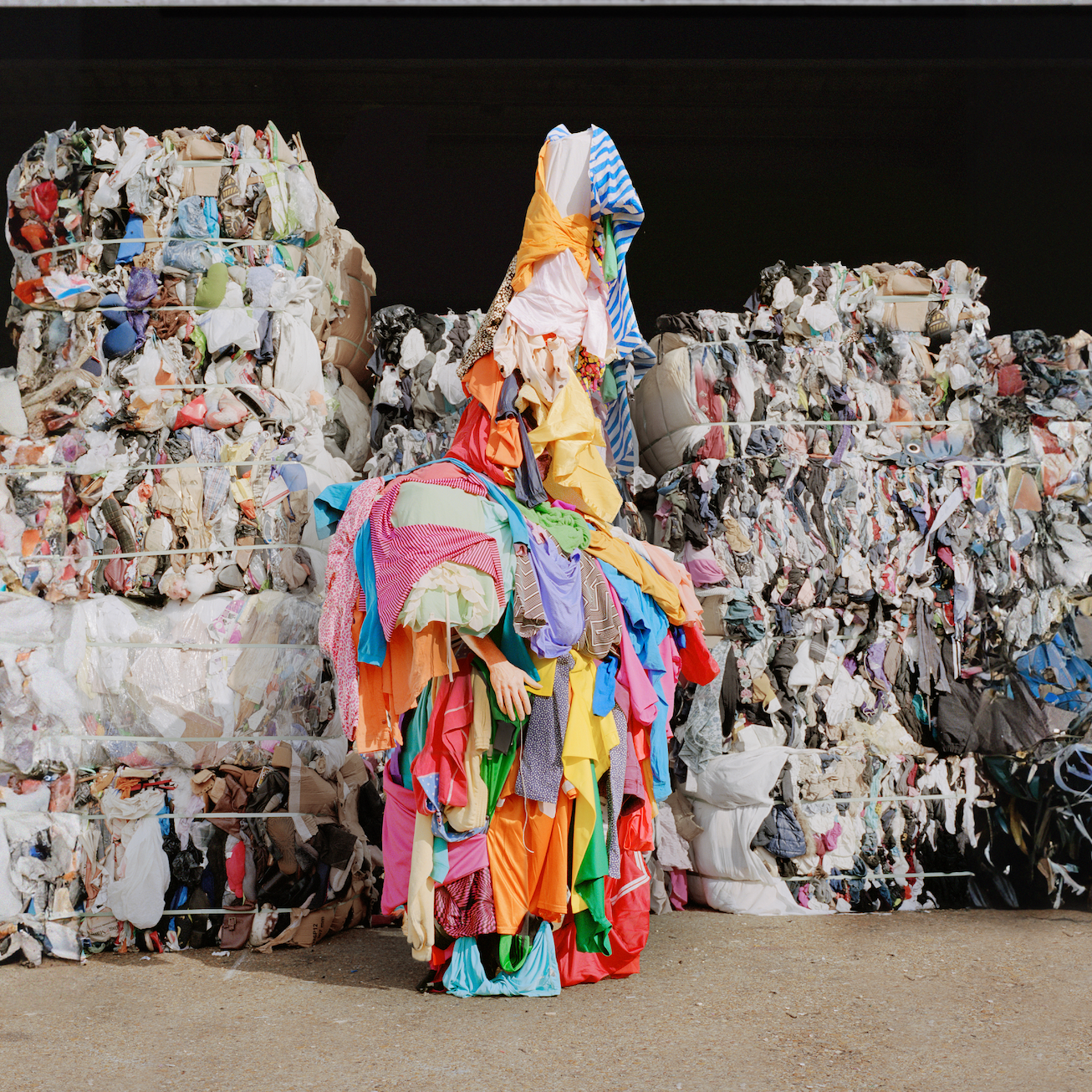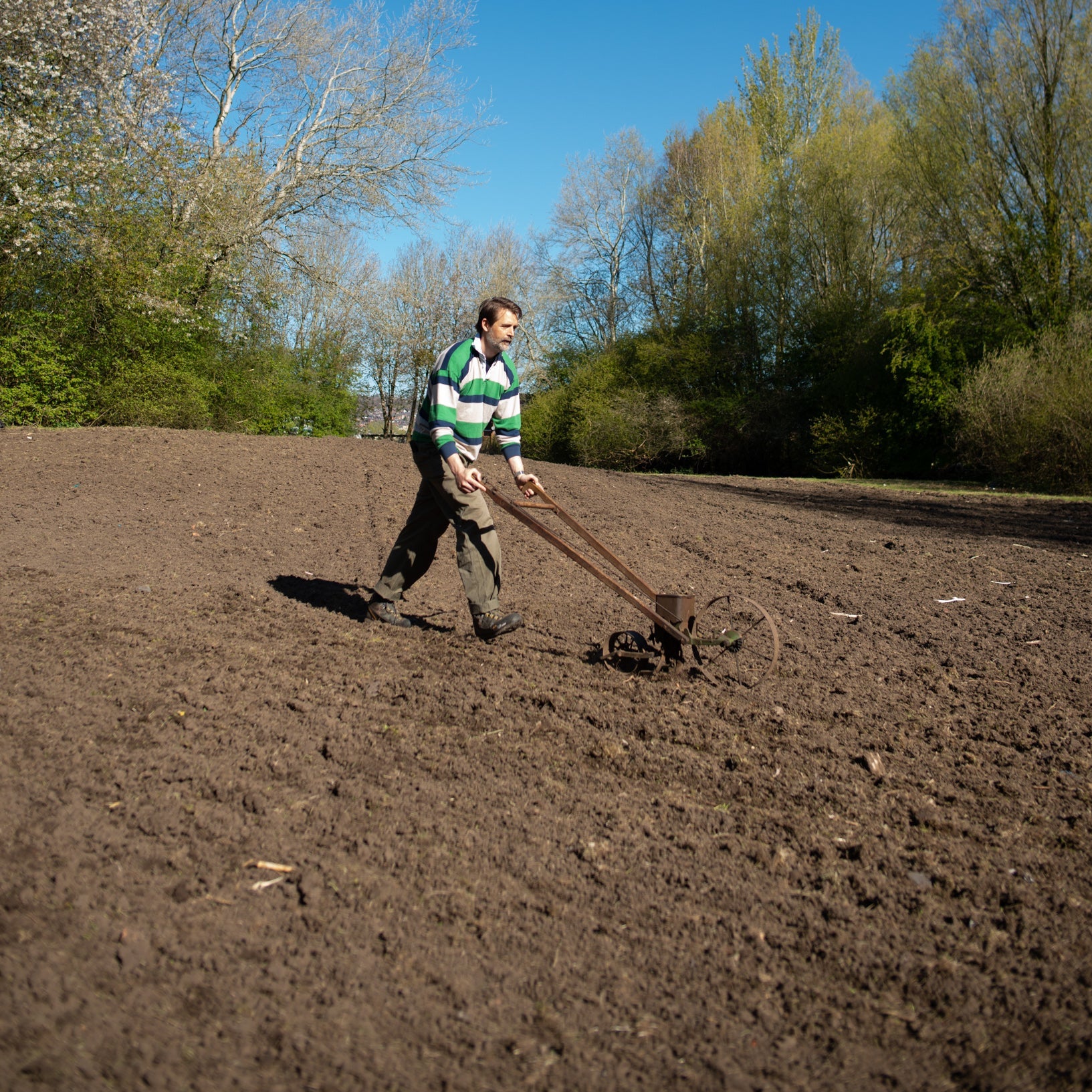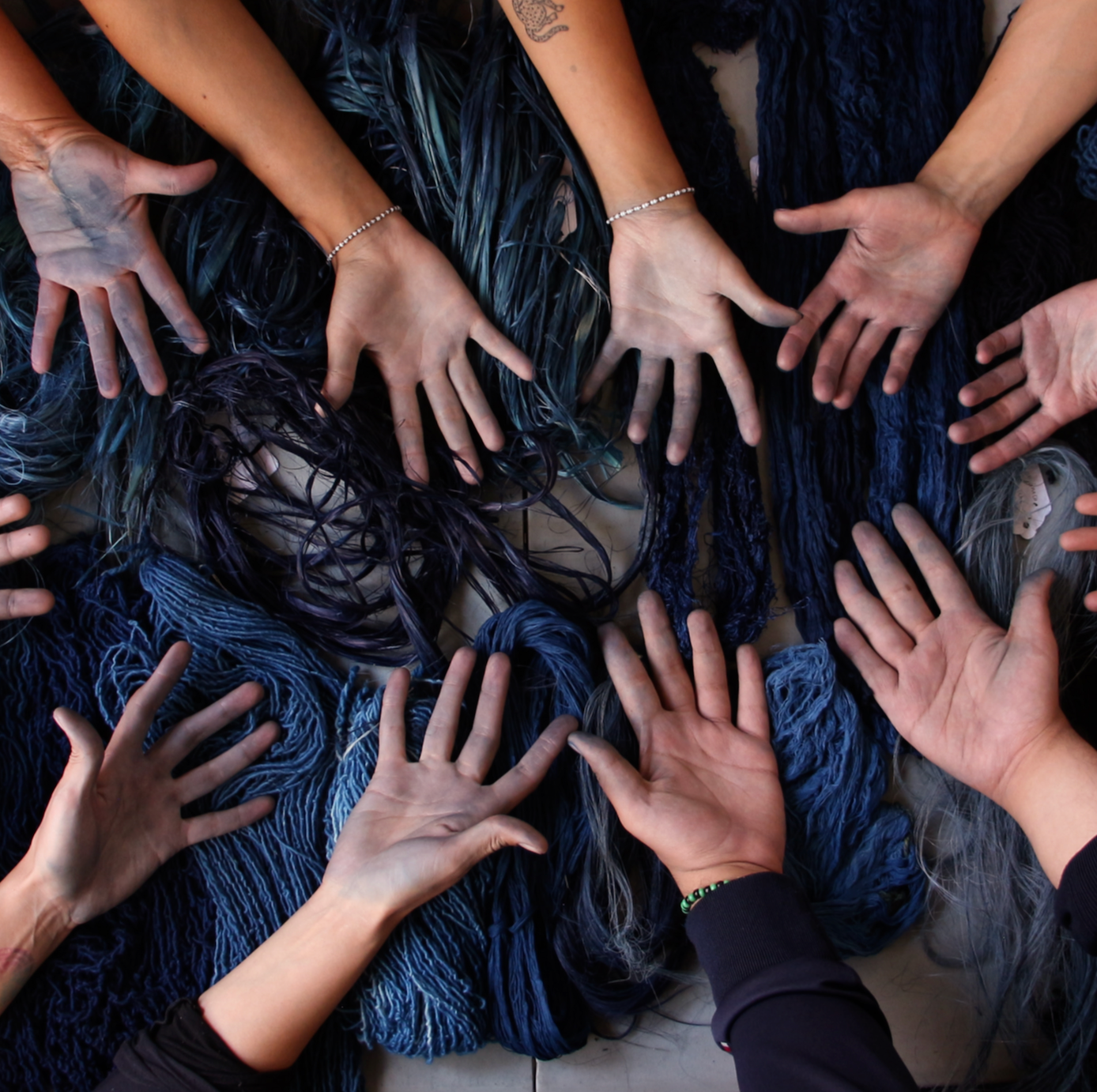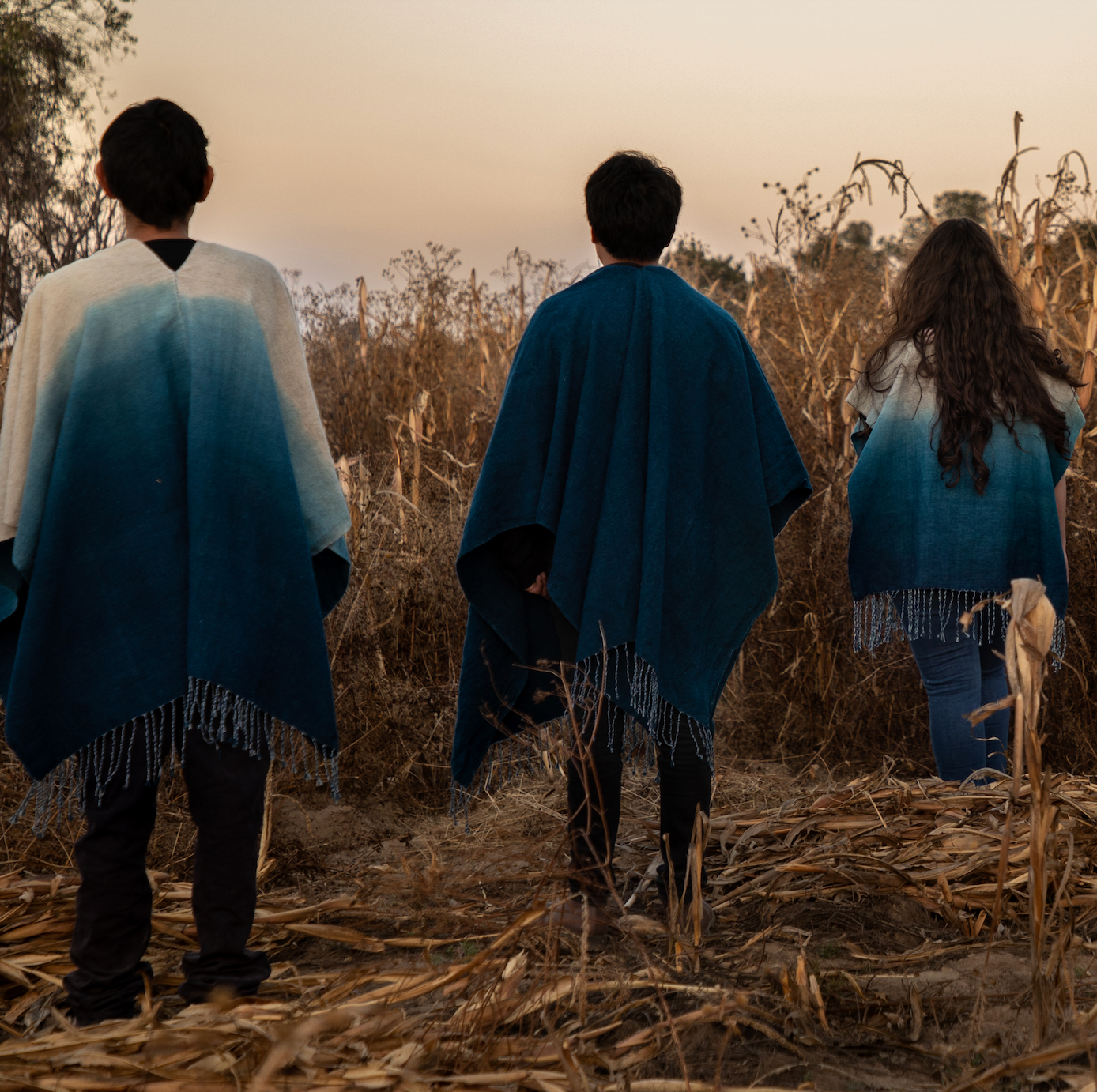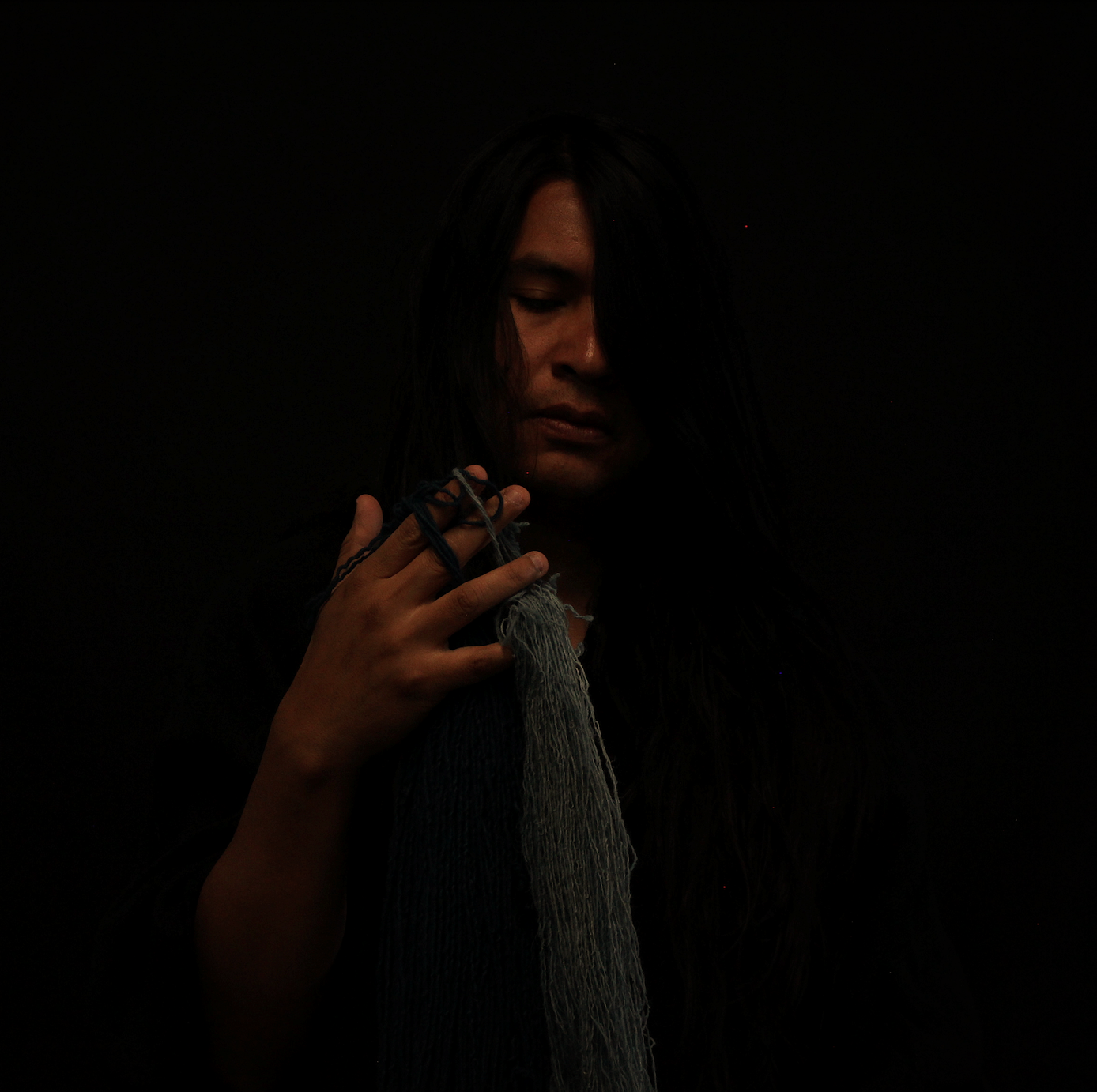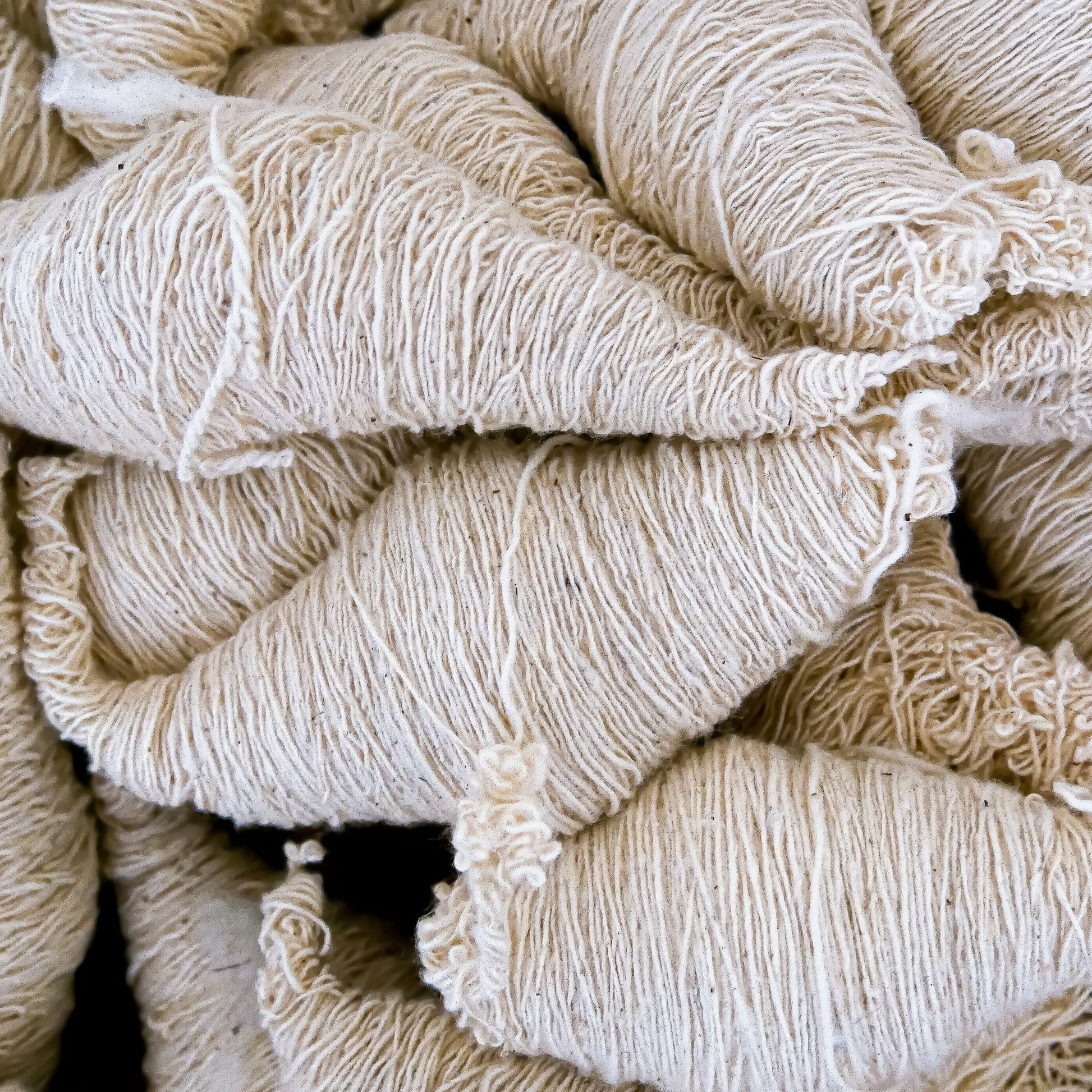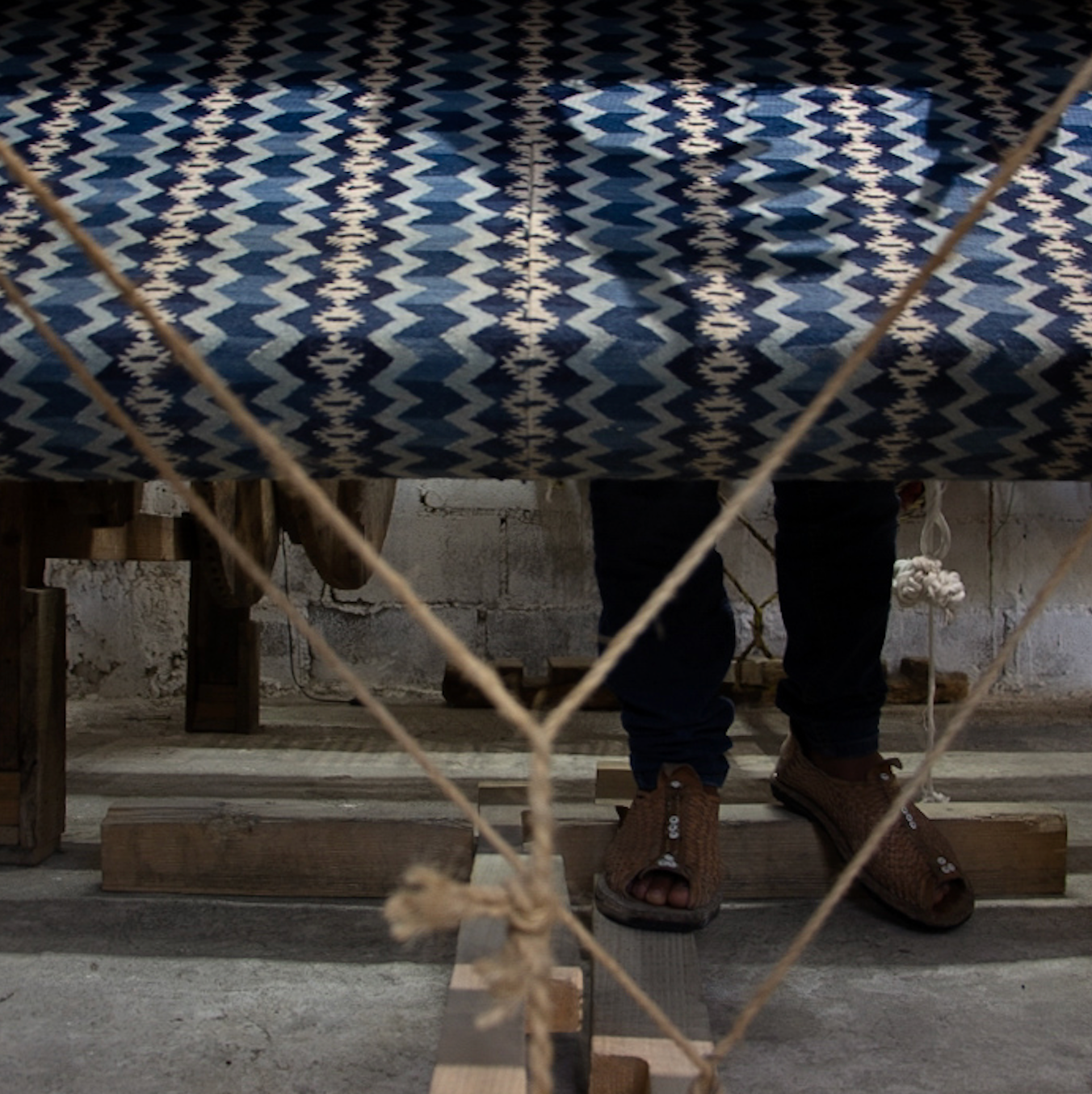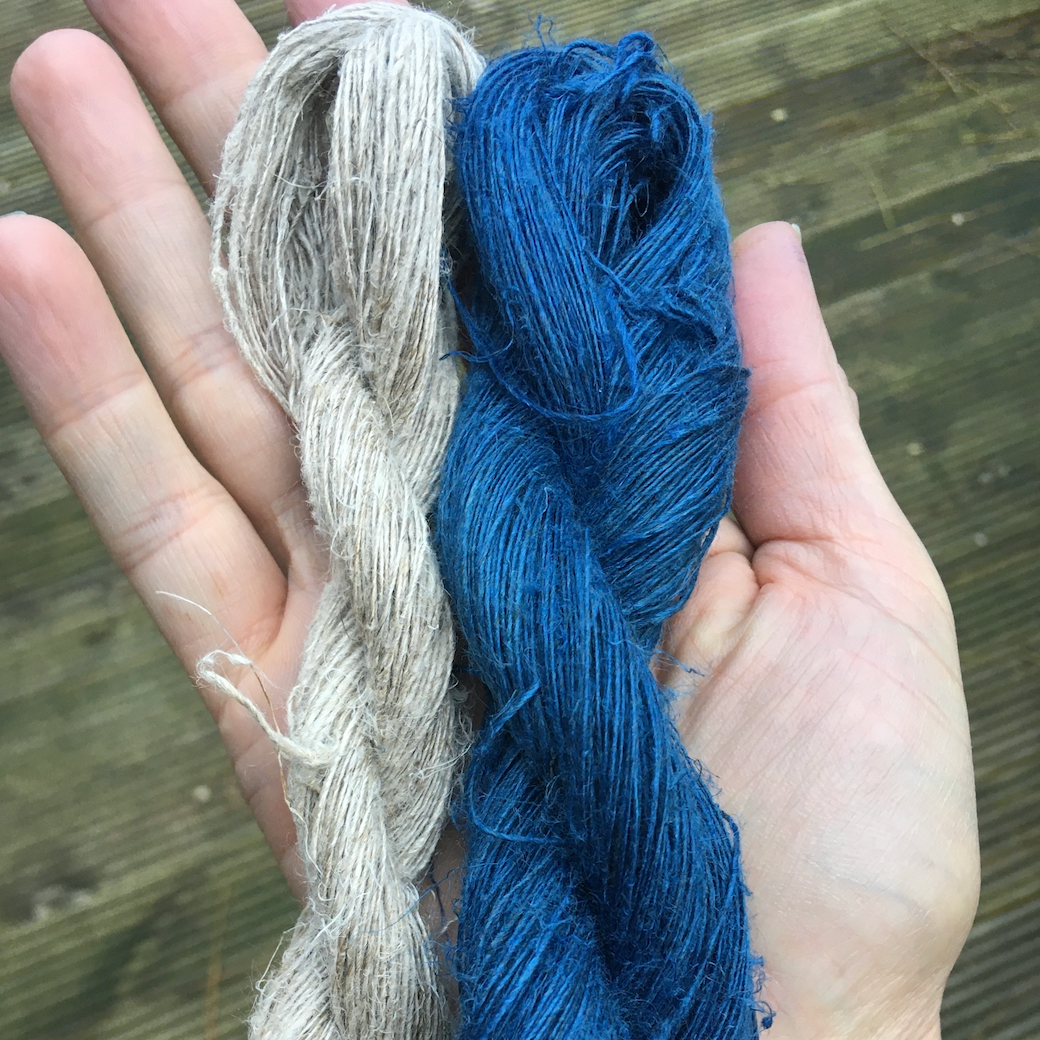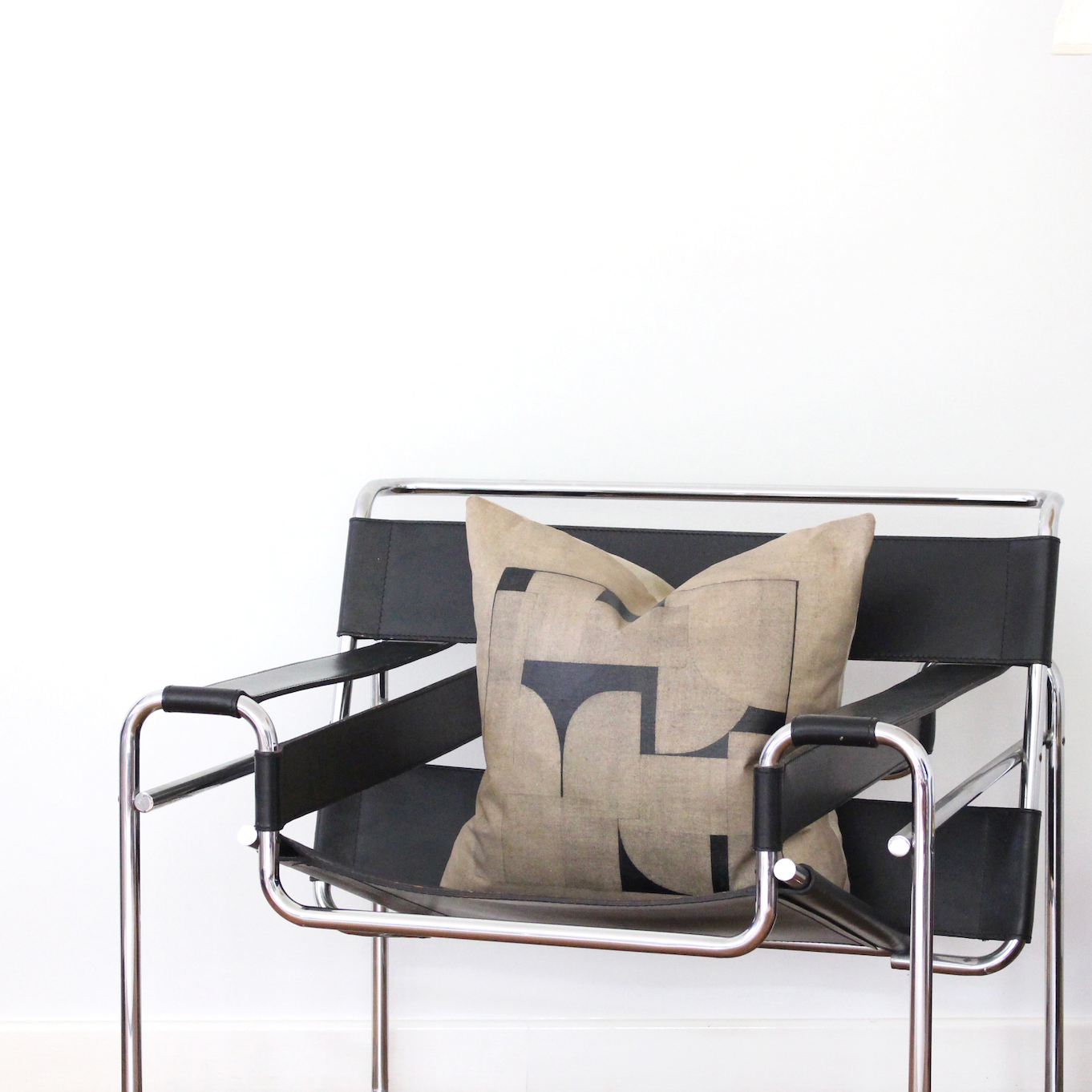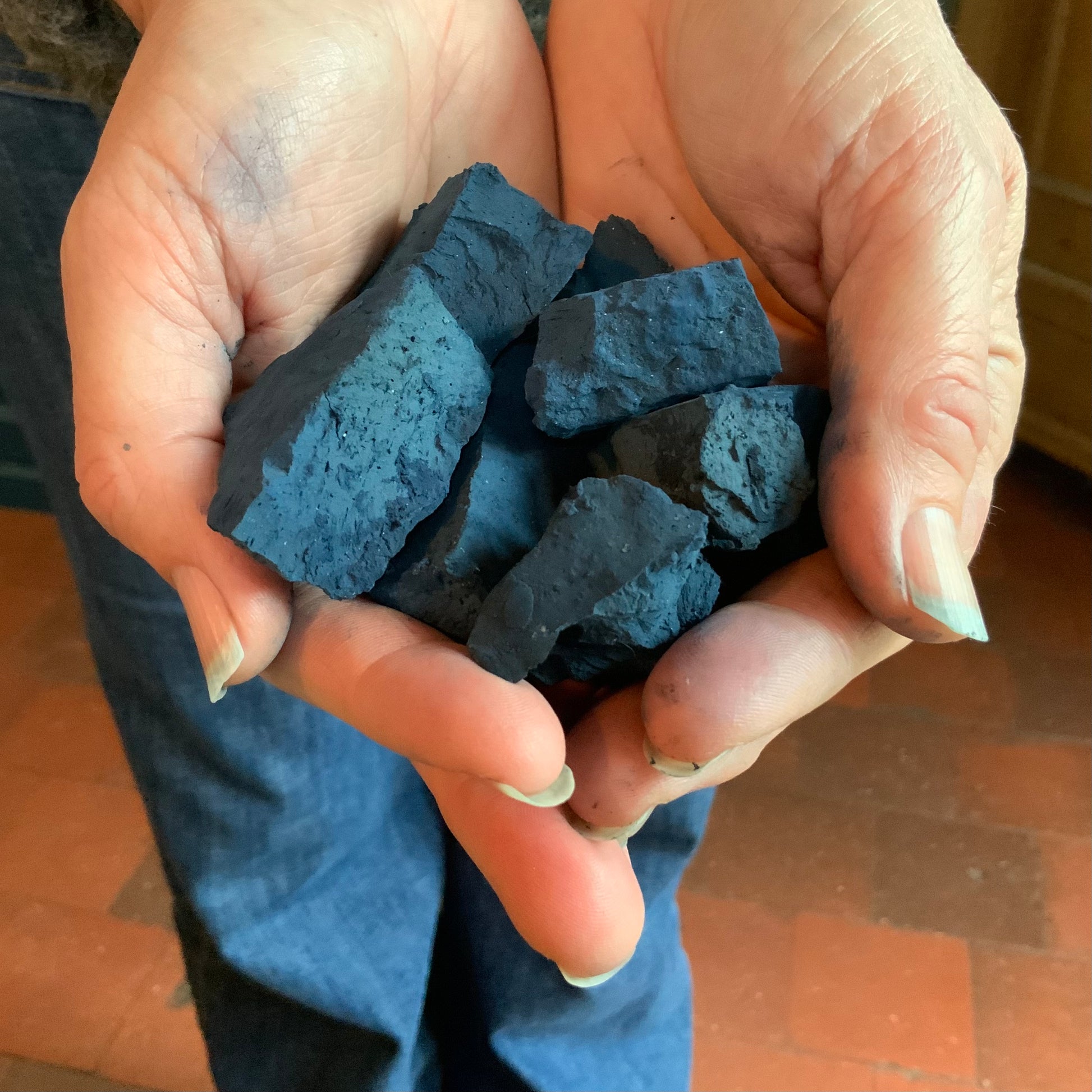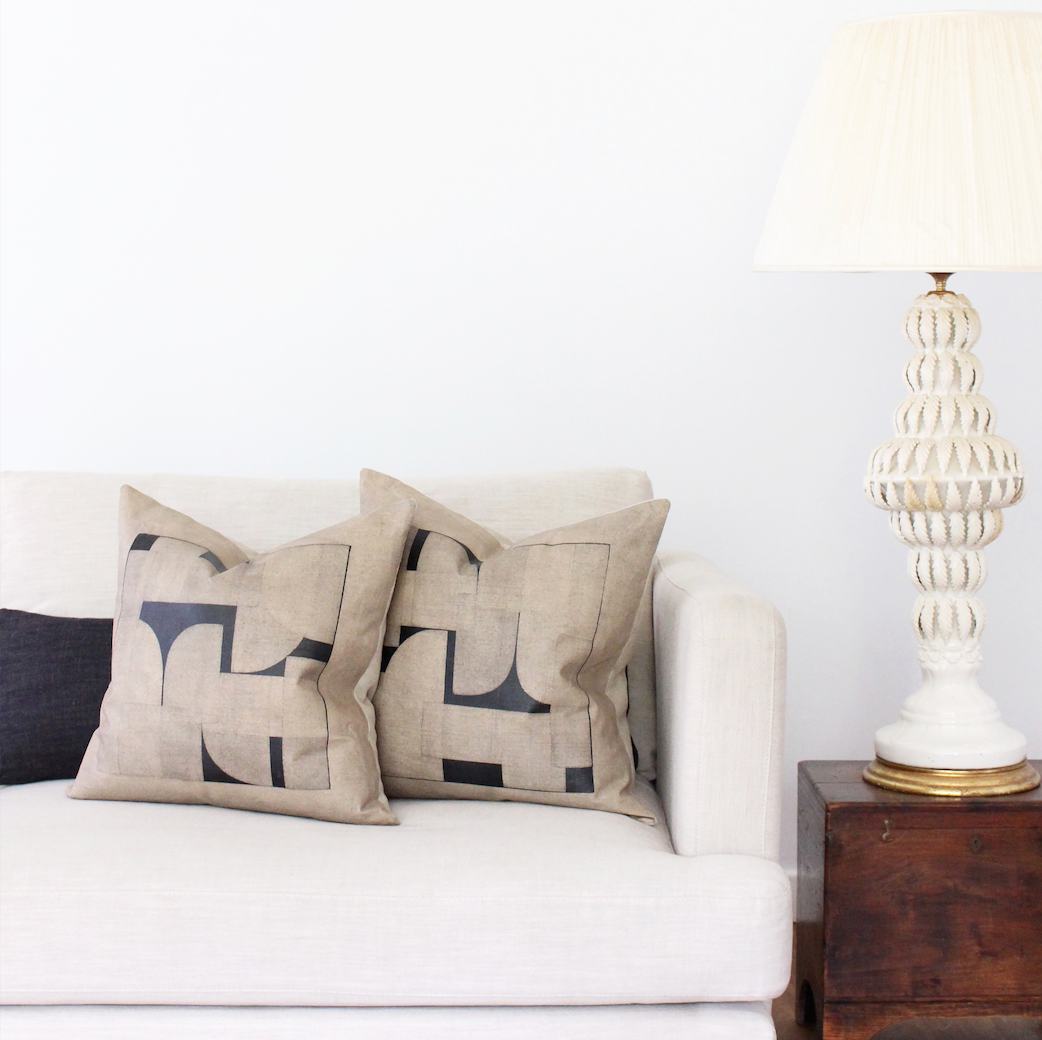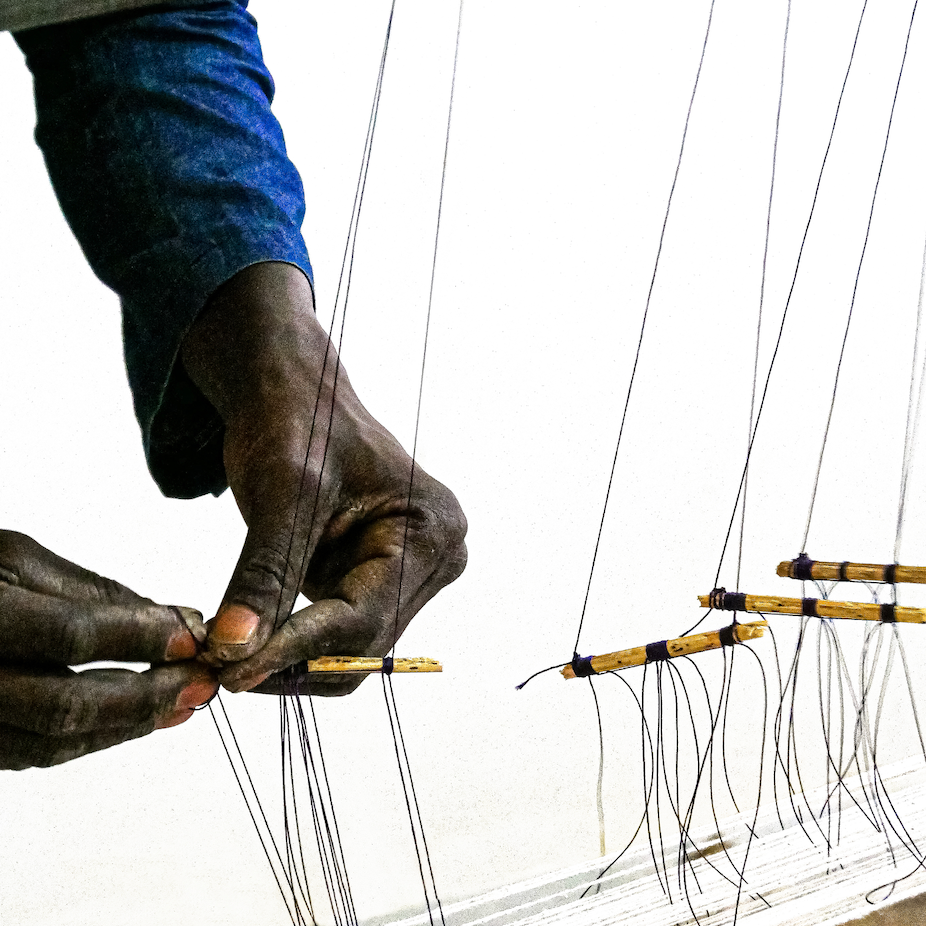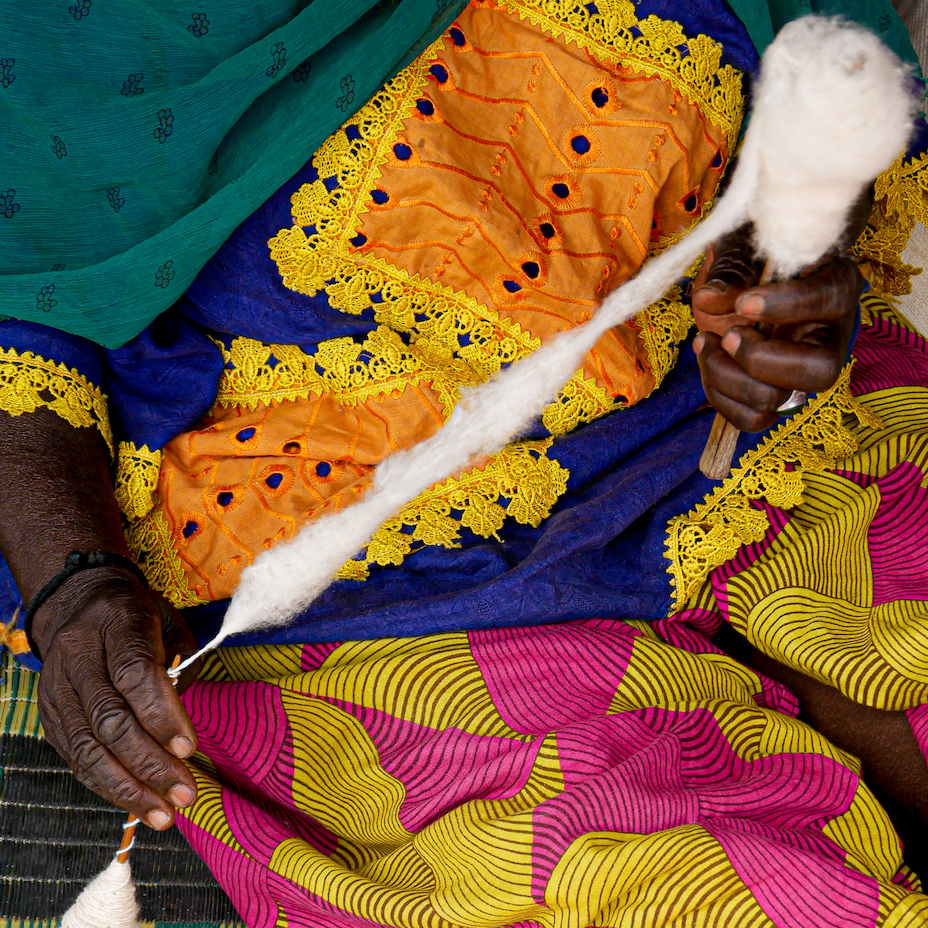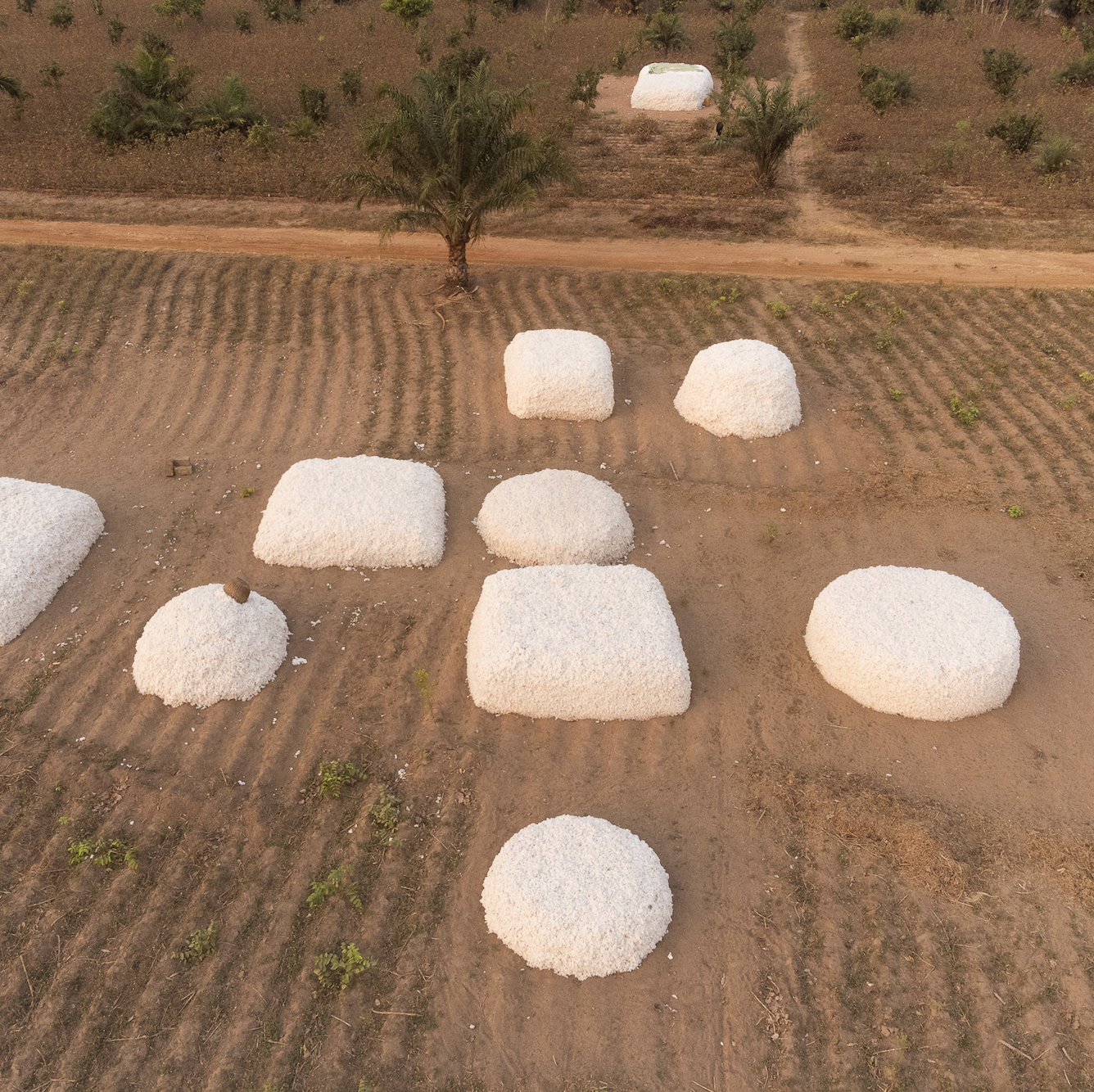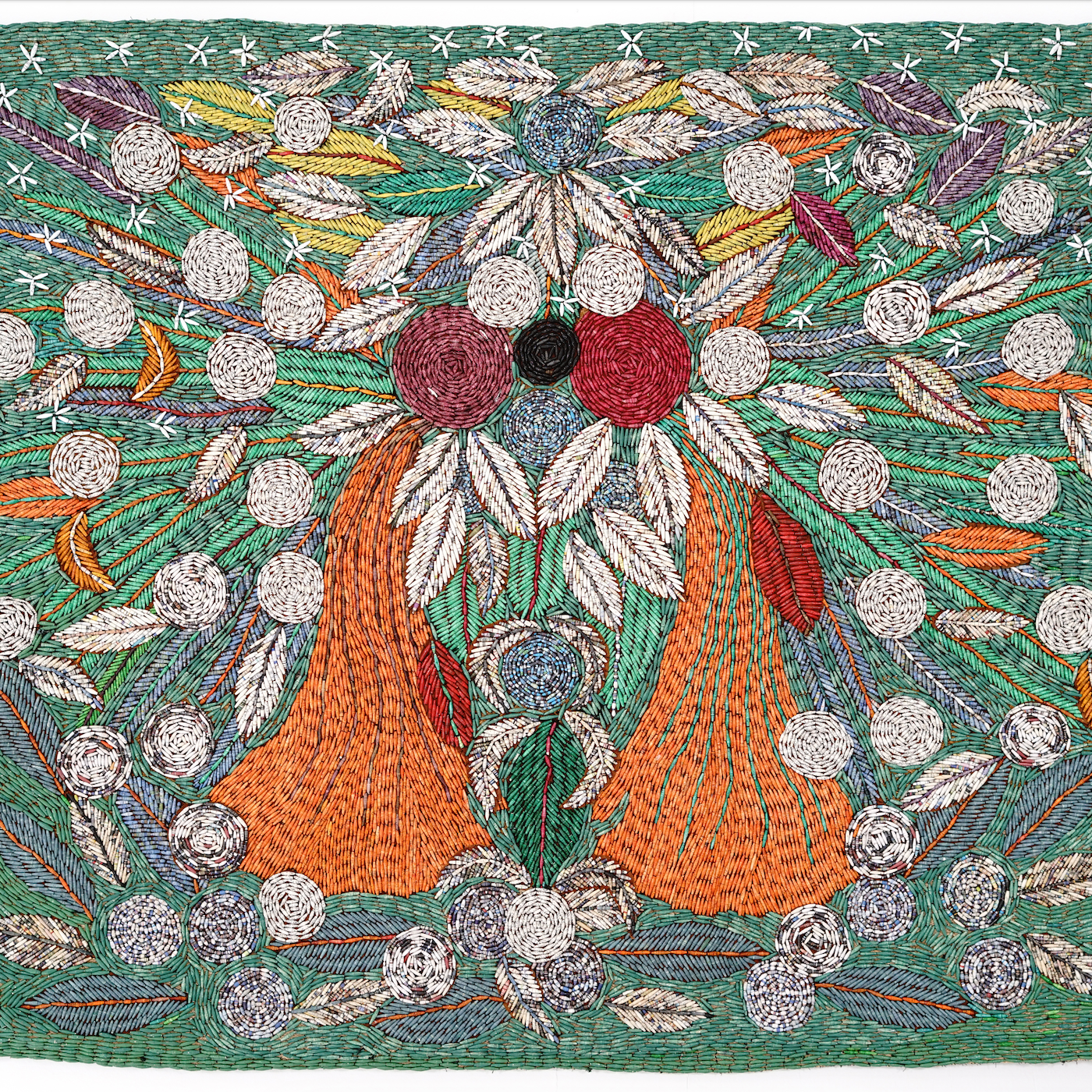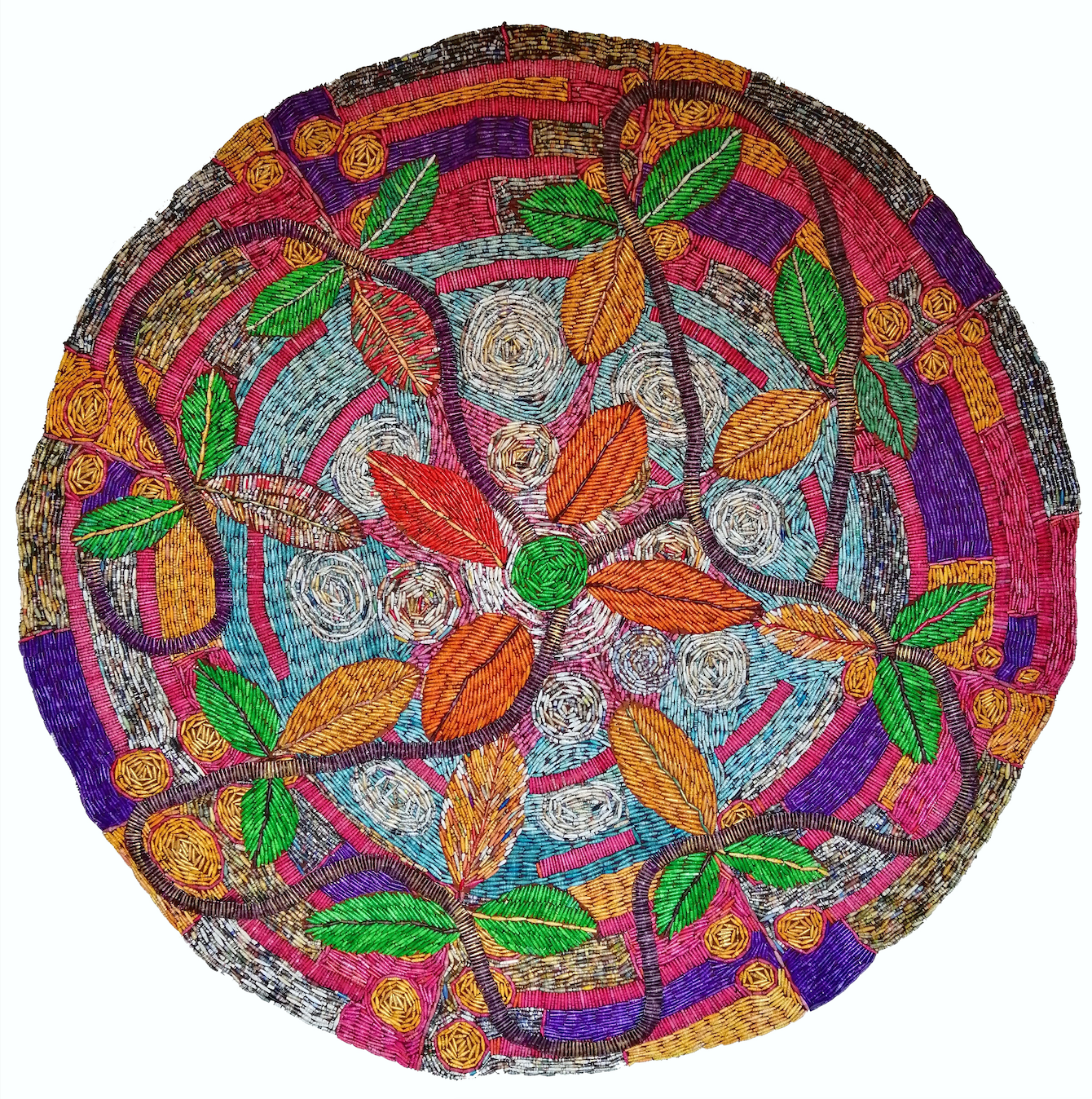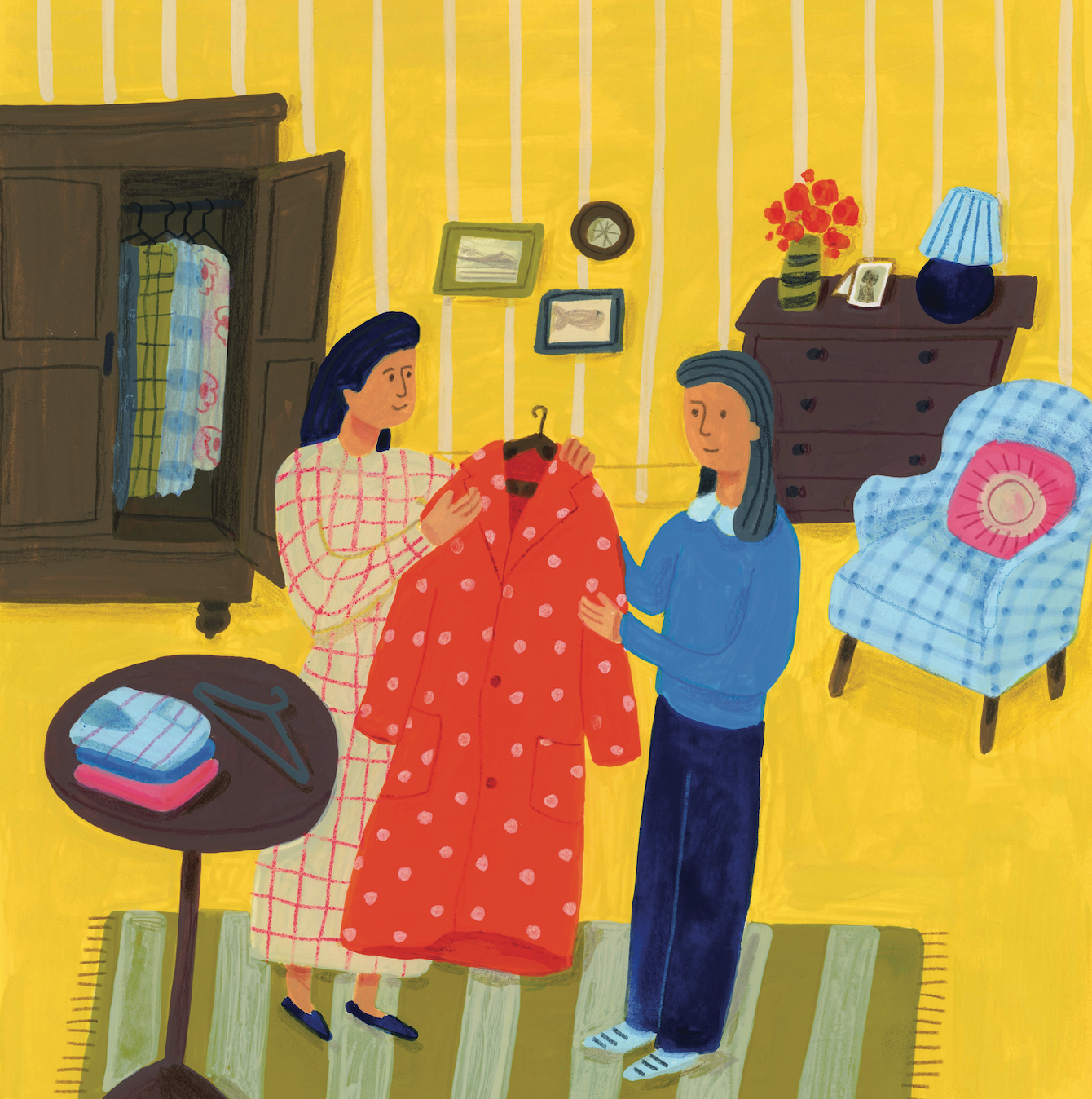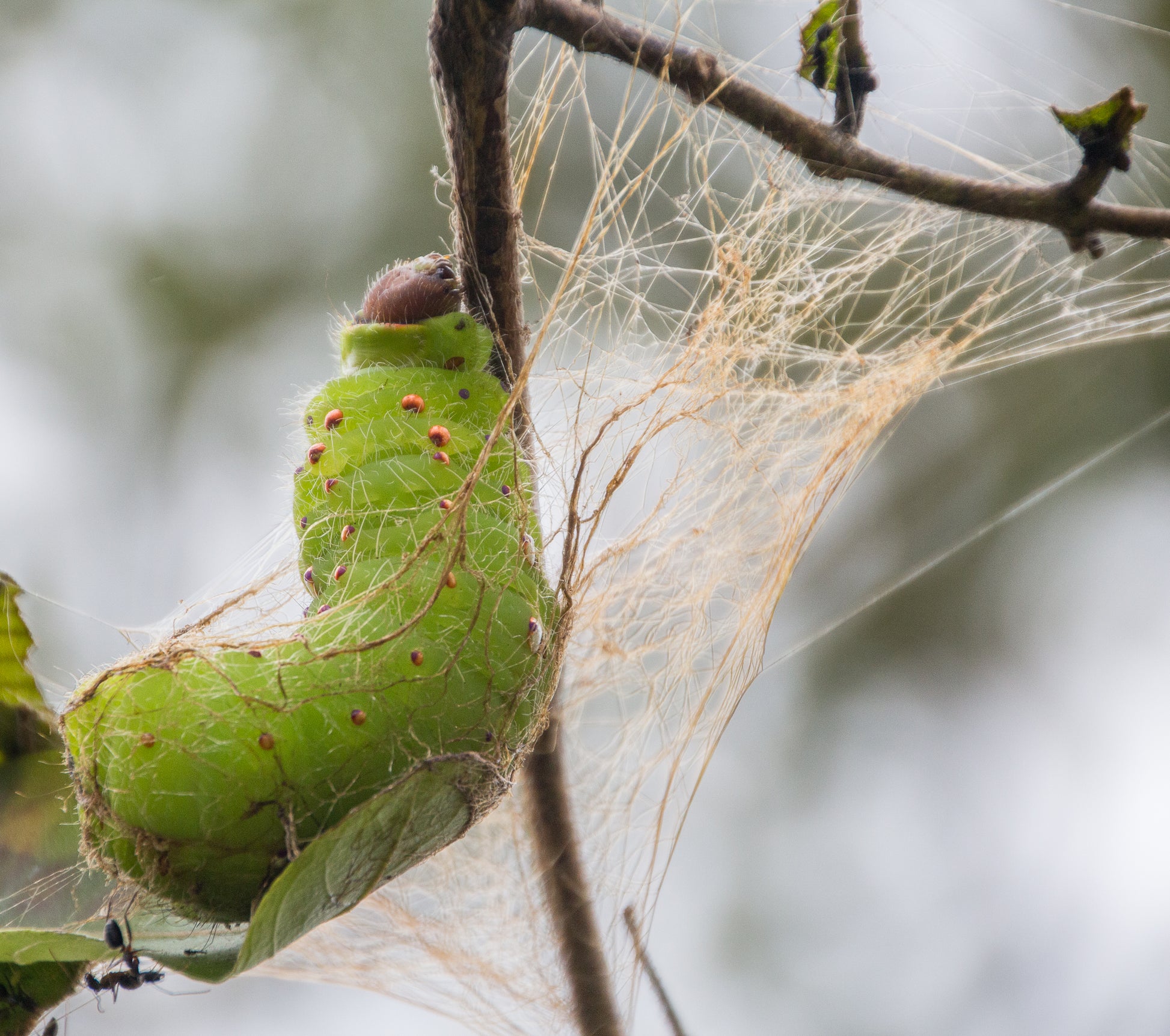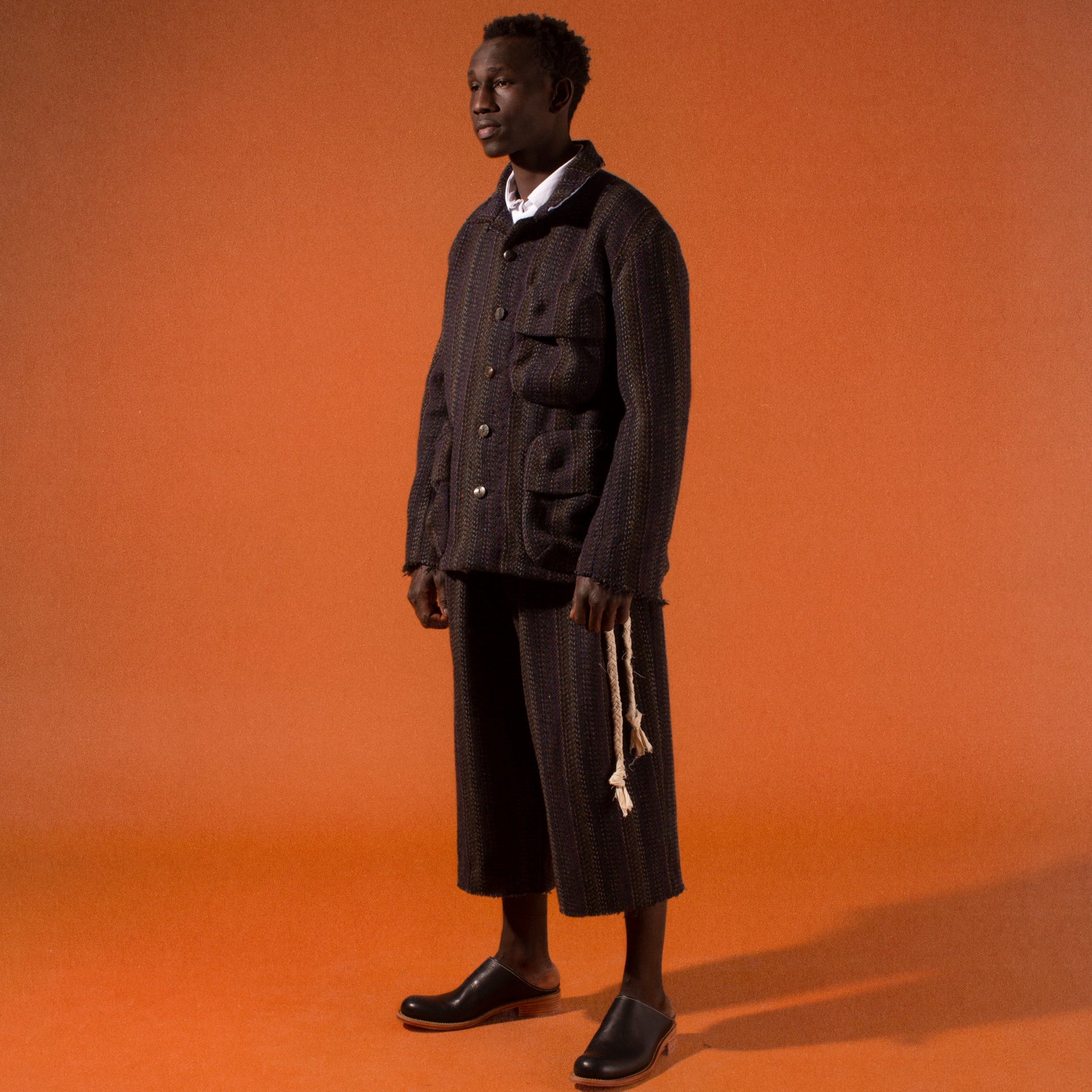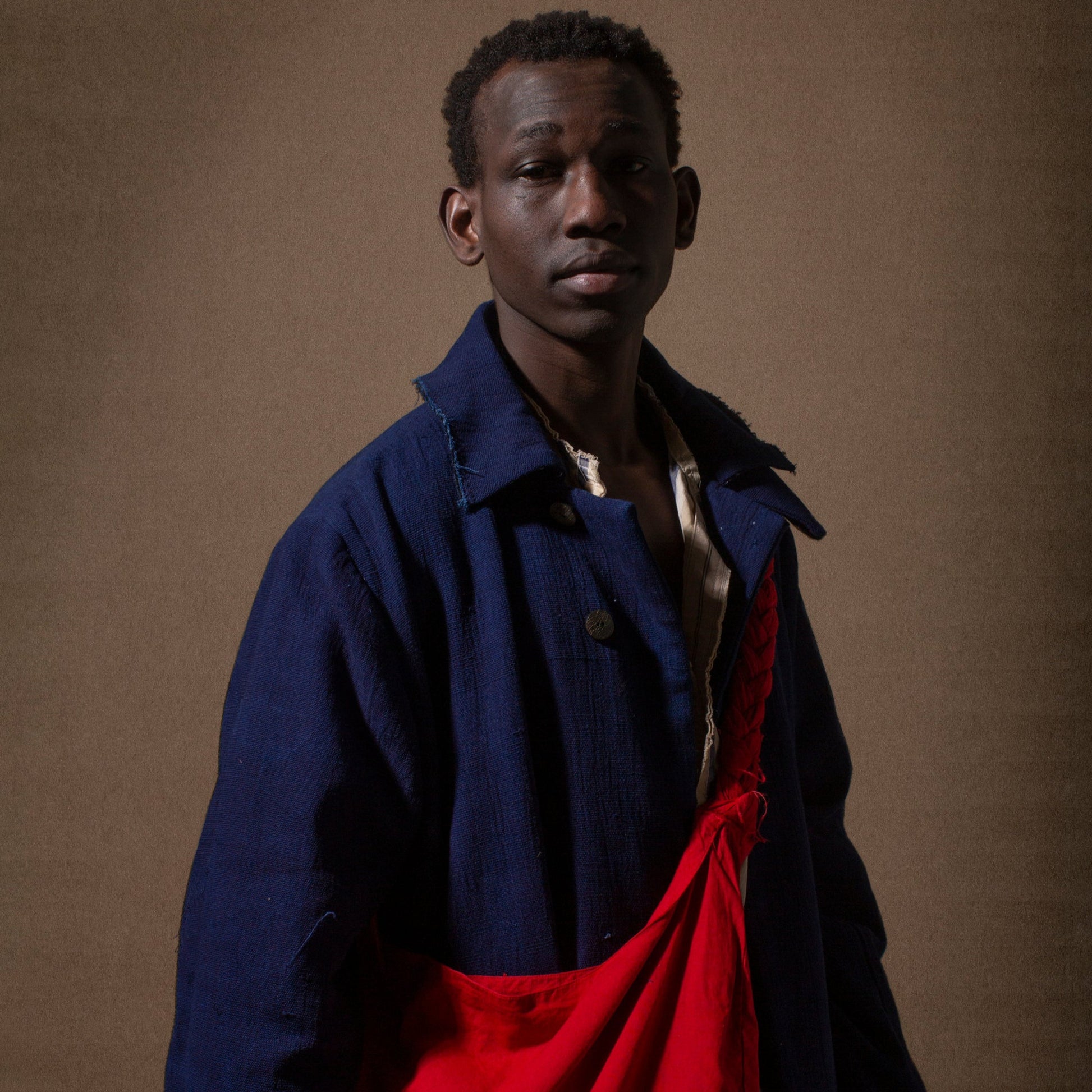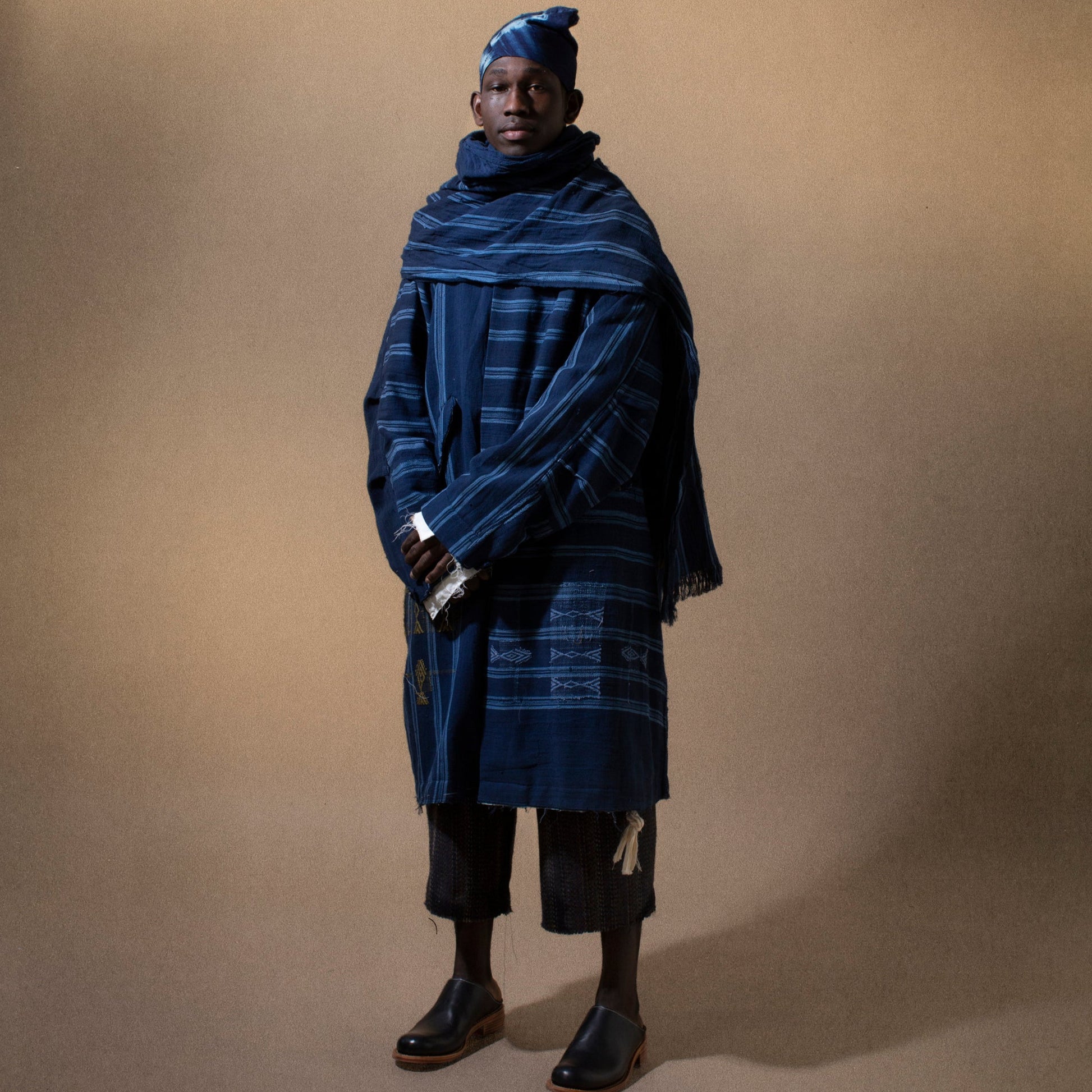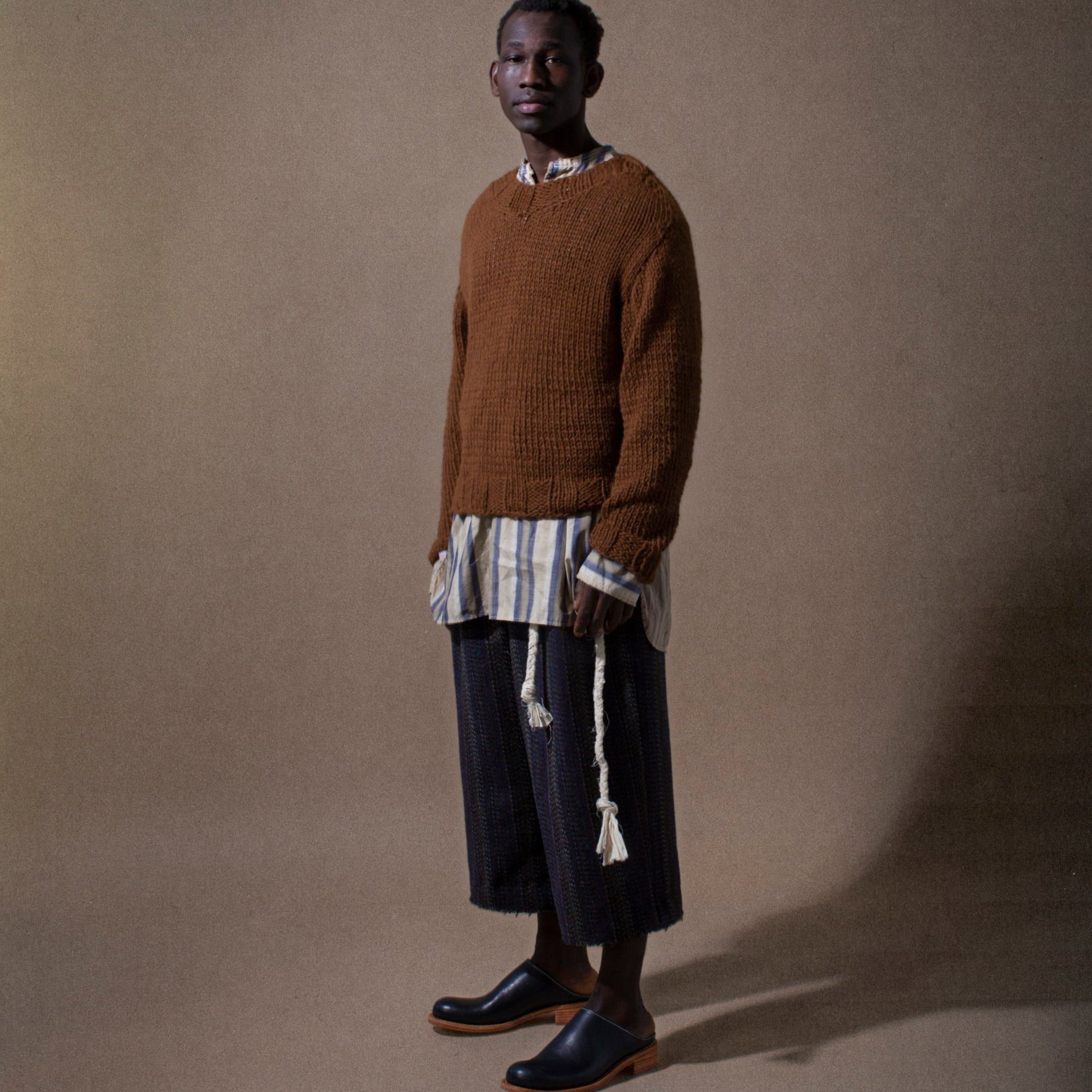Wardrobe Revolution Weekend 2023
Selvedge Magazine
Couldn't load pickup availability

We all have a relationship with garments. Garments journey with us, keeping us warm and protected, embodying our inner selves as outer expressions, as we navigate experiences and environments. Clothes are loved and cared for - altered, mended, and transformed as tastes and trends change - as well as exchanged and discarded. Recycling and reinventing garments is not a new phenomenon but the careful balance of our relationship with clothes is becoming more widely interrogated as we approach important climate milestones. This November, the Selvedge Wardrobe Revolution Weekend will be an antidote to the environmental and social devastation caused by the textile industry and fast fashion. Twenty speakers will present their response to the Crisis in our Wardrobes.
Speakers include:
Paiwand textile studio repurposes fashion waste into upcycled handwoven textiles.
Derick Melander creates clothing sculptures that explore the intersection between global consumerism and the intimate relationship we have with what we wear.
Dyegon: Sustainable Biotechnology in Wild Patagonian Bacterial Textile Ink. In a world seeking sustainable solutions, Dyegon, a technology by Patagon Fiber, emerges as an inspiring answer. This exciting project was born from Patricia Breit-Fronzig, an Industrial Designer with over a decade of experience in the textile industry, and Felipe Ríos, a Neuroscientist with more than ten years of experience in science, business, and sustainable innovation. In 2019, with the ambition to transform the textile industry, they joined the forces of science and design in the pursuit of global sustainable solutions.
Neha Celly of nece gene creates 100% sustainable denims that stand for being needful and mindful.
Amelie Crepy combines her history as a digital print designer to replicate synthetic processes and digital techniques with natural pigments and traditional mediums.
Jeremy Hutchison is the artist behind, Dead White Man, which addresses the global trade in post-consumer garments, which are donated to charity in the Global North and sold across much of the Global South.
Karen Selk has spent her career researching silk. With camera and journal in hand, each expedition was focused on researching the rich history and heritage of silk production and traditions. A deep respect for the land and people who make the textiles as well as prodding from her friend in India, inspired Karen to lead many textile tours through India and Laos.
Kate Sekules is a mending and fashion historian and professor. She teaches at Pratt Institute and Parsons NY, runs frequent events and repair clinics, and is author of MEND! A Refashioning Manual and Manifesto (Penguin, 2020) and the PhD dissertation, A History and Theory of Mending (Bard Graduate Center, NYC, 2025).
Mario Serra of Mourne Textiles, a weaving mill in the Mourne Mountains, County Down, Ireland.
Ashita Singhal of Studio Paiwand, a unique upcycling textile studio set-up to find beauty in bits and fragments, unwanted things in life, and adding value by repurposing those forgotten pieces.
Sunny Dolat, is an independent fashion curator, cultural producer and creative director. He centers his practice in making unapologetic statements about the beauty and dignity of black skin.
Jack Mosevic hand-makes eyewear out of used and old denim.
Thierry Oussou, an artist and cotton farmer. His art practice deals with questions about authenticity, history, heritage, and visibility. He also reflects on the relationship between contemporary art and ethnographic objects in museums.
Jenny Tiramani, founder of The School of Historical Dress, promotes the study of historical dress, including that of non-Western cultures, by using primary evidence, in particular surviving clothing and textiles. Written and visual sources support this work.
Francine McCabe, author of Fleece and Fibre: Textile Producers of Vancouver Island and the Gulf Islands.
Martine Gueye, founder of DIAMA, a decorative textile collection, produced in Senegal by artisans valuing local organic cotton, manual spinning, and weaving with ecological dyes.
Cancellation policy:
Tickets are non-refundable.
Share
